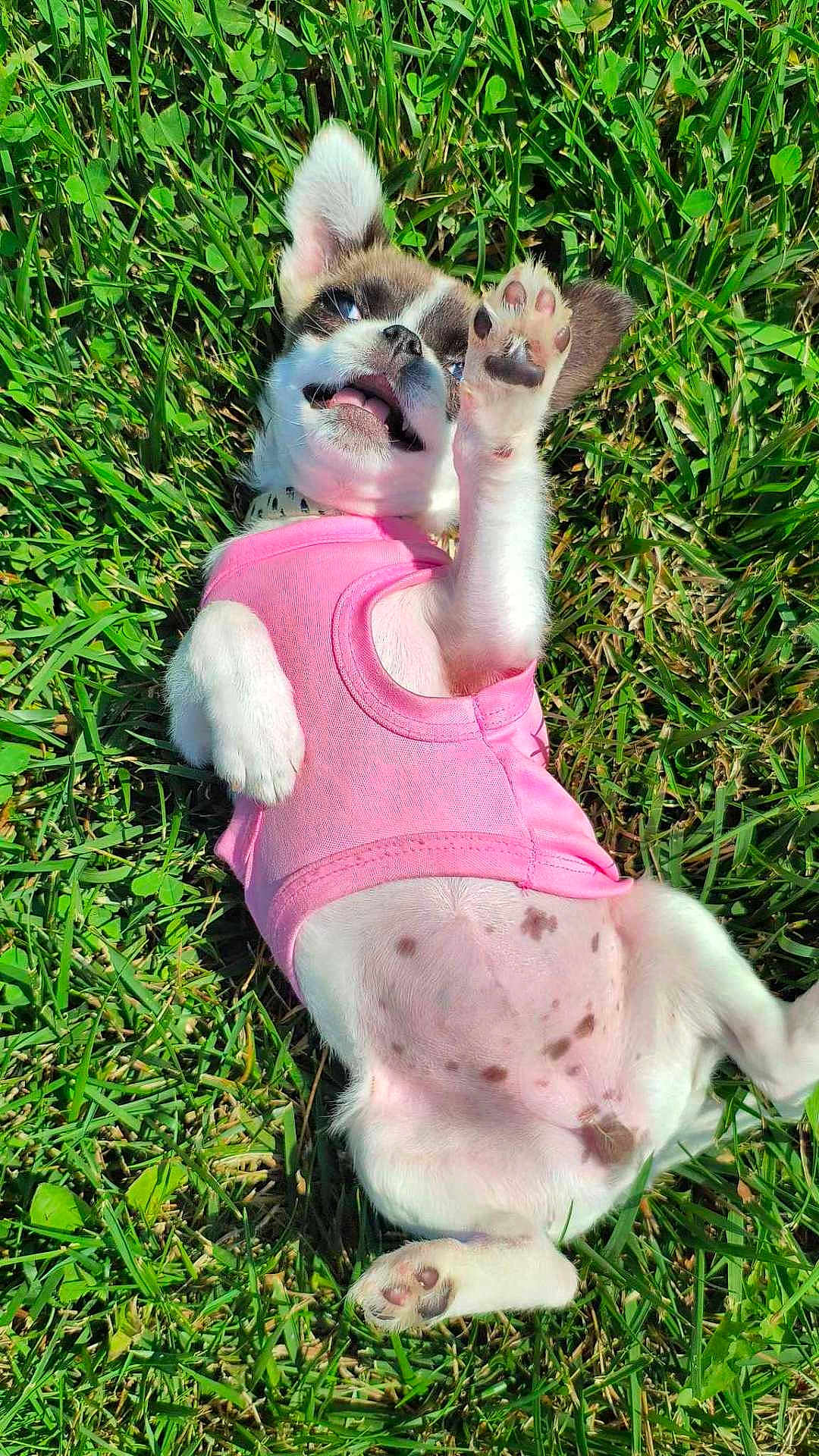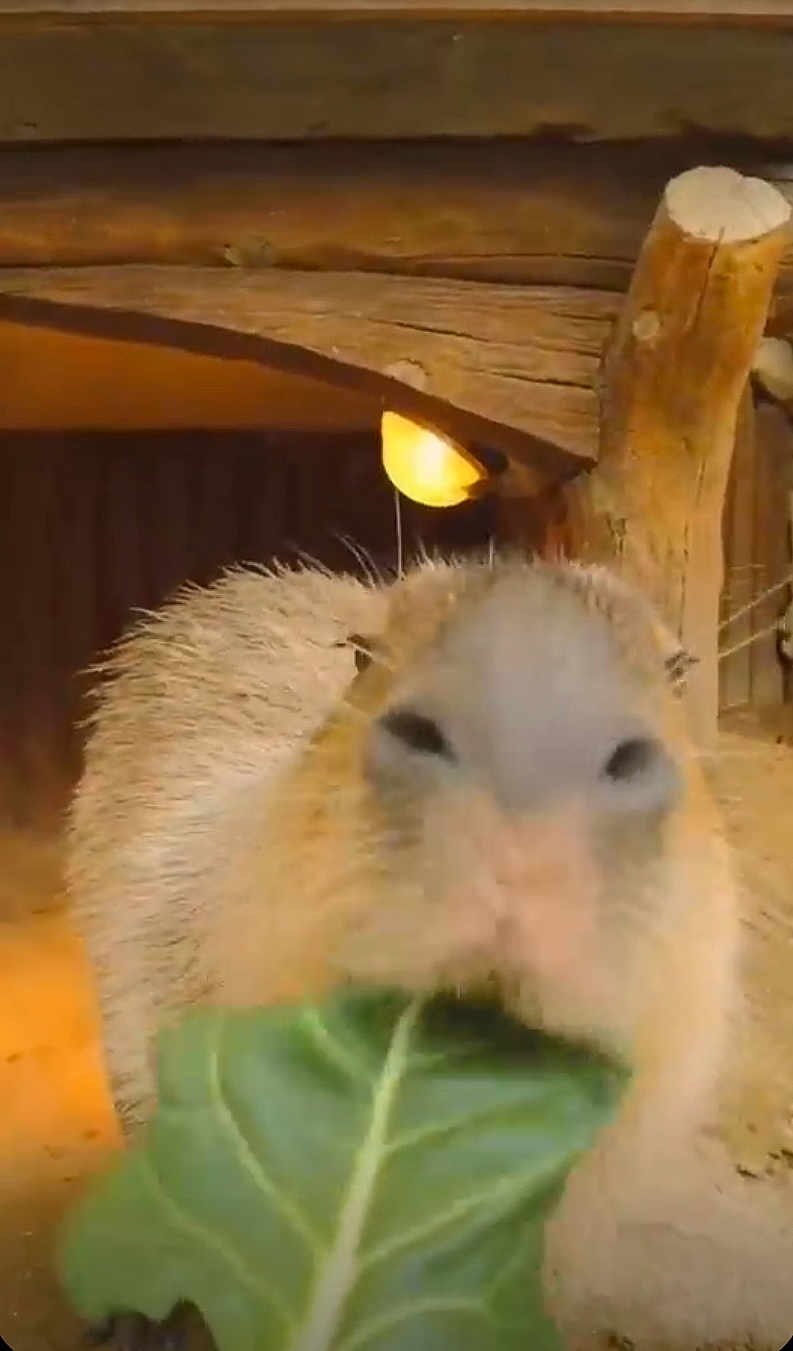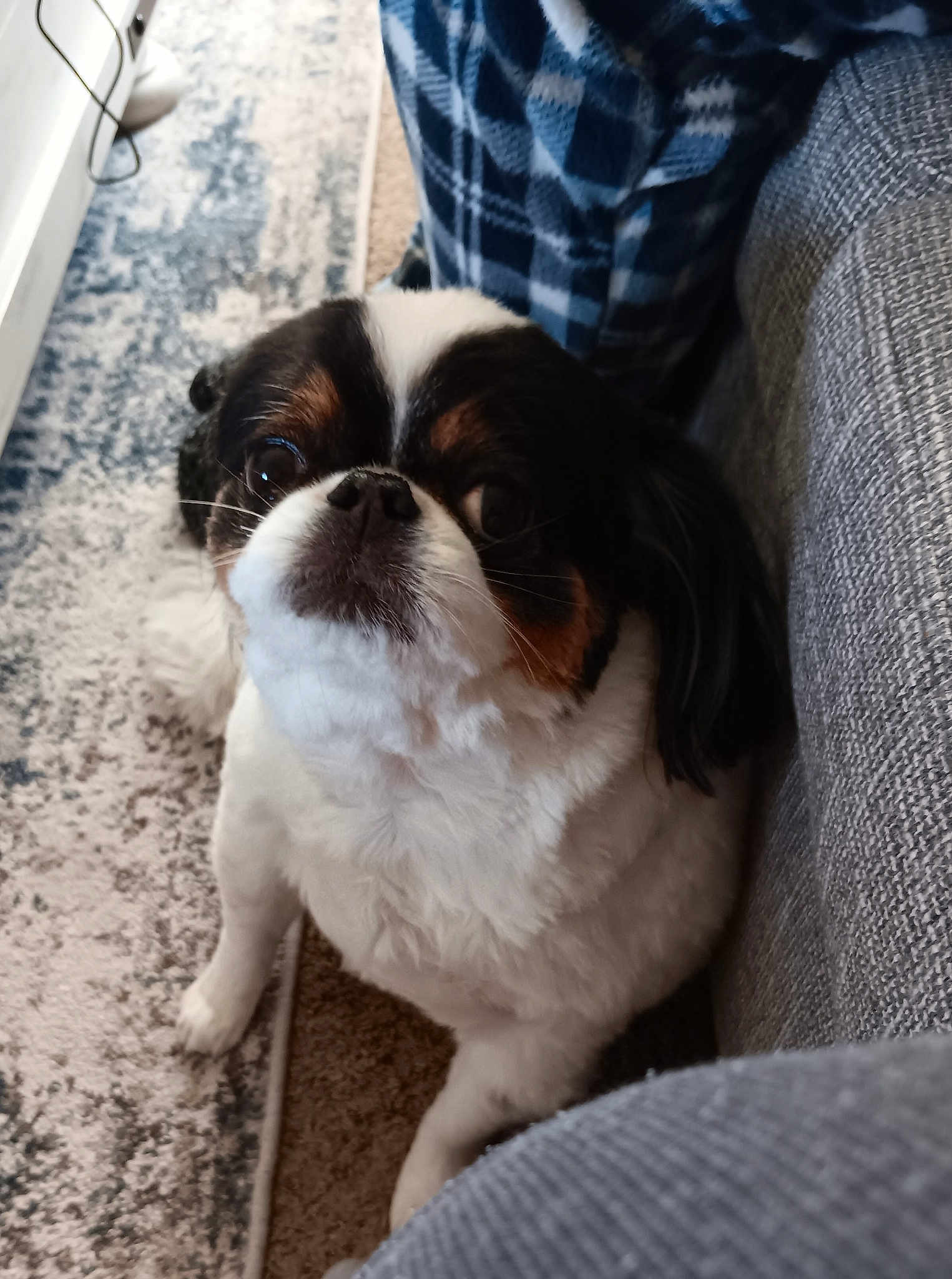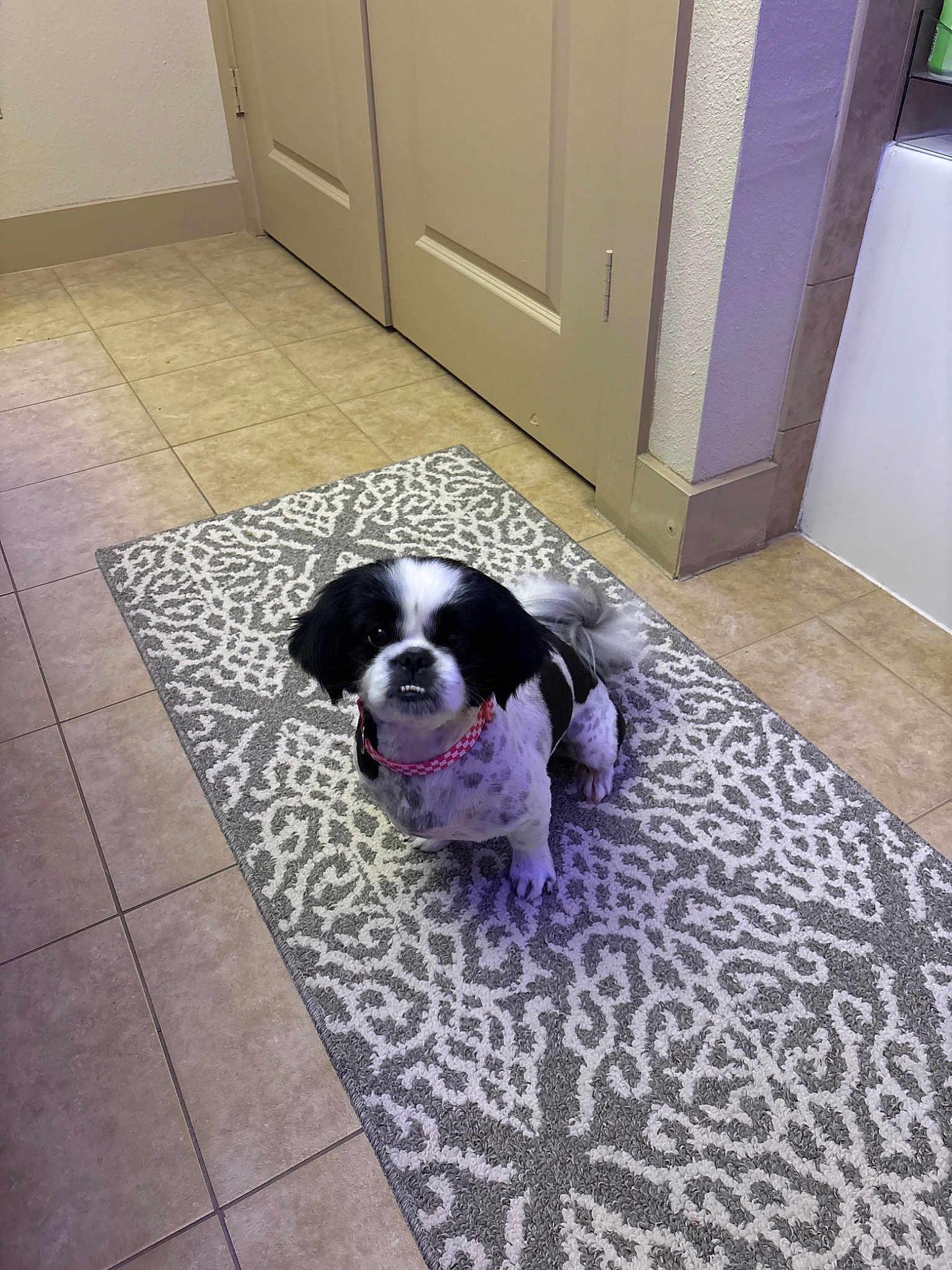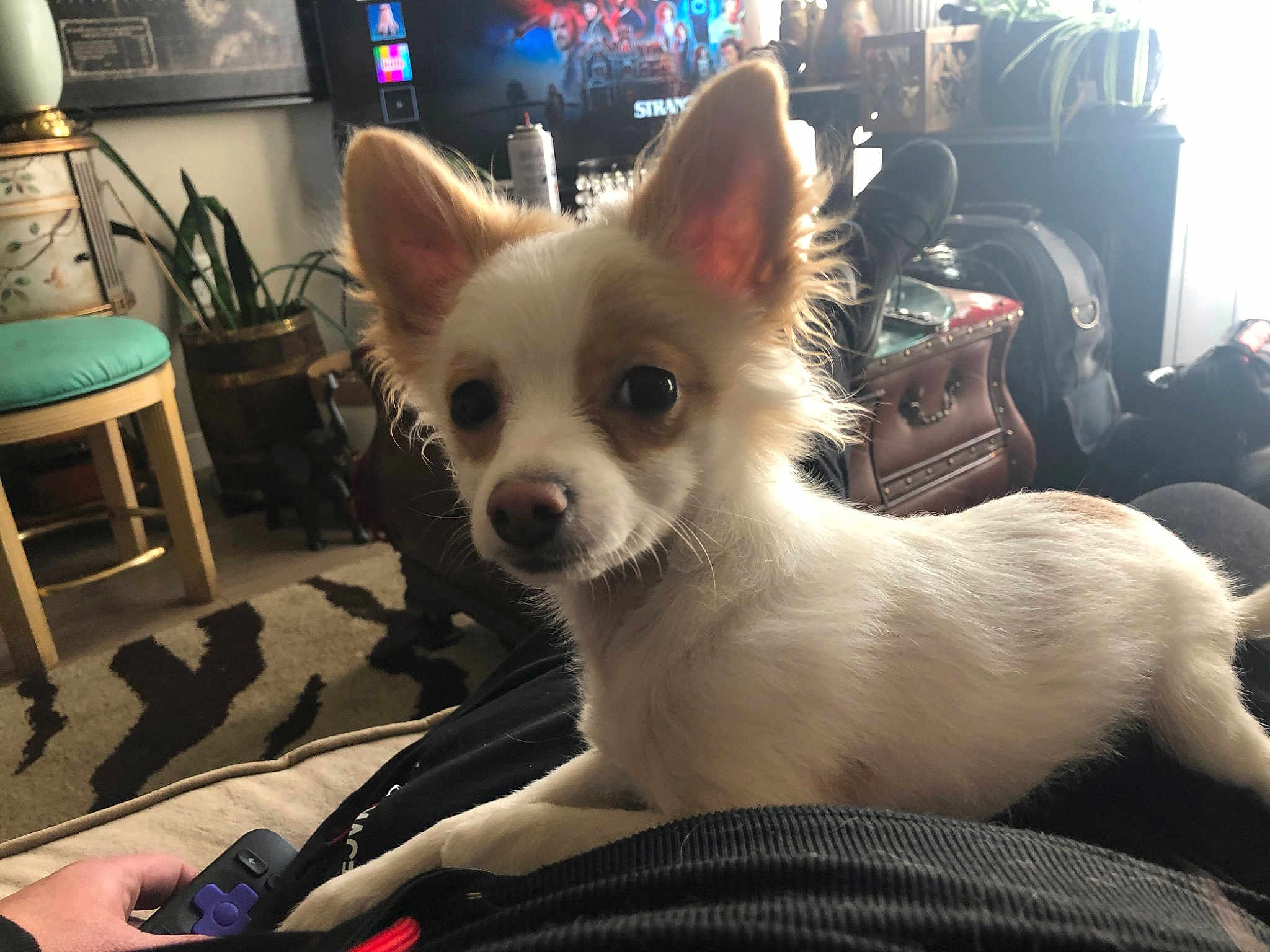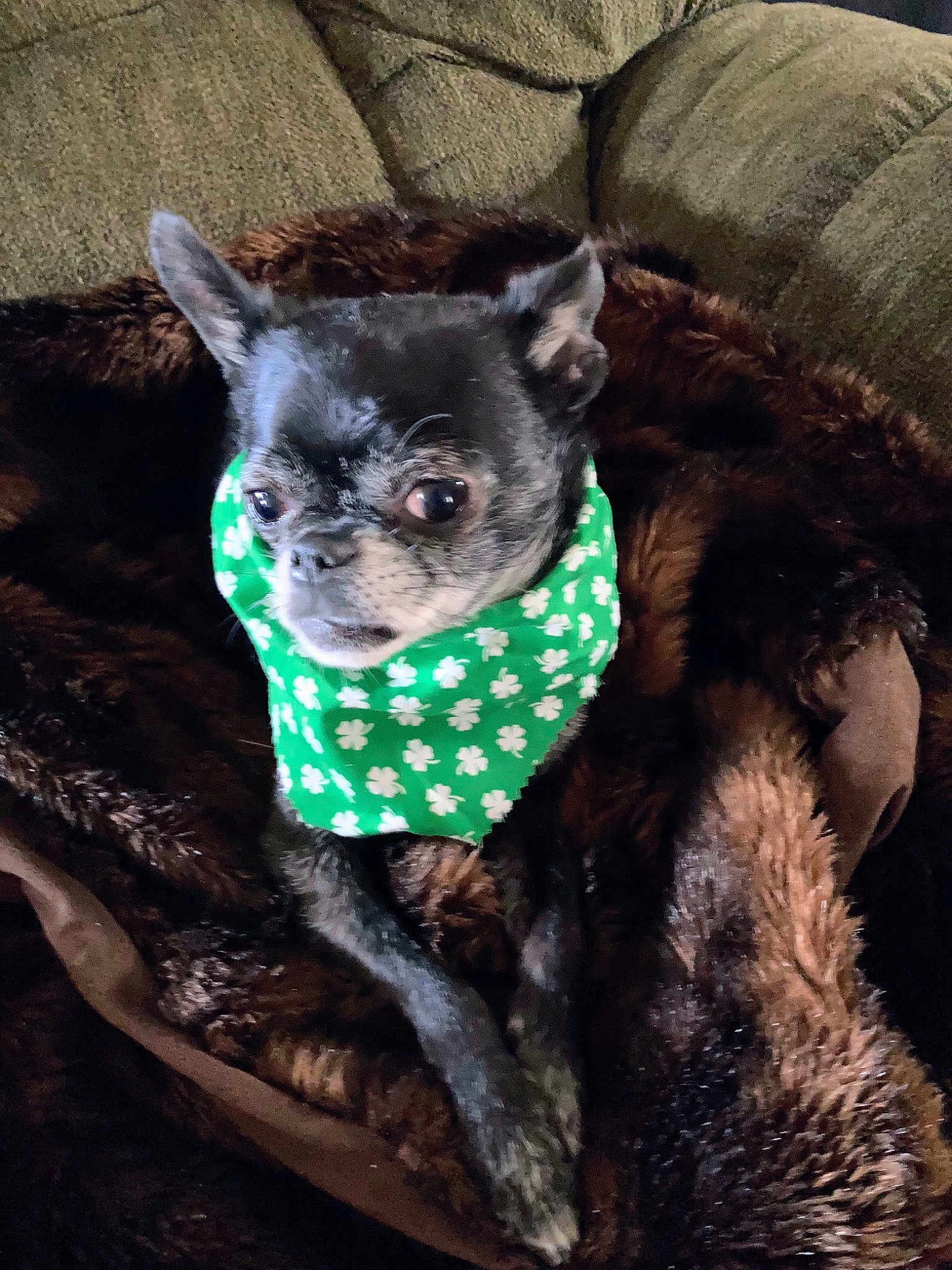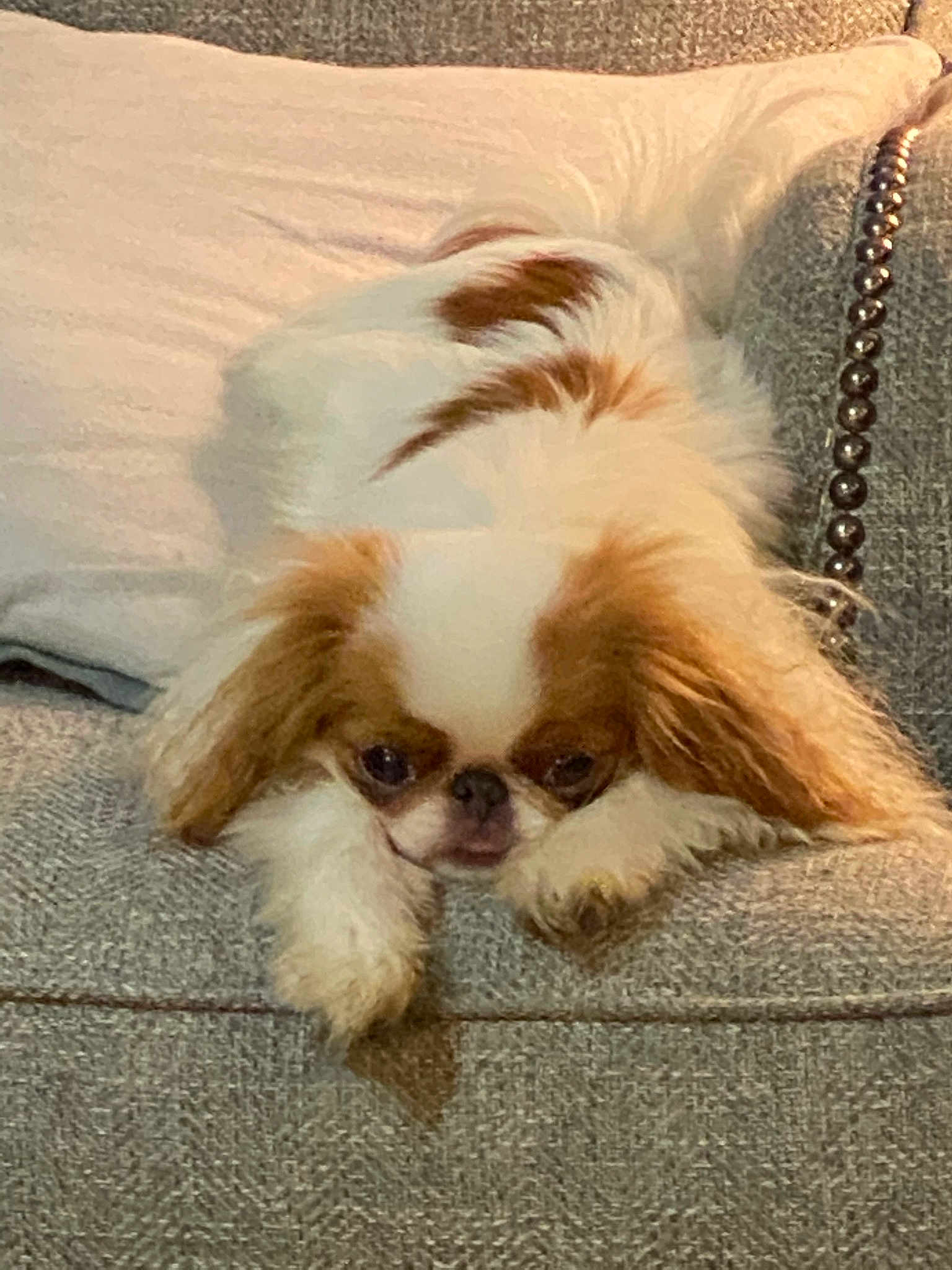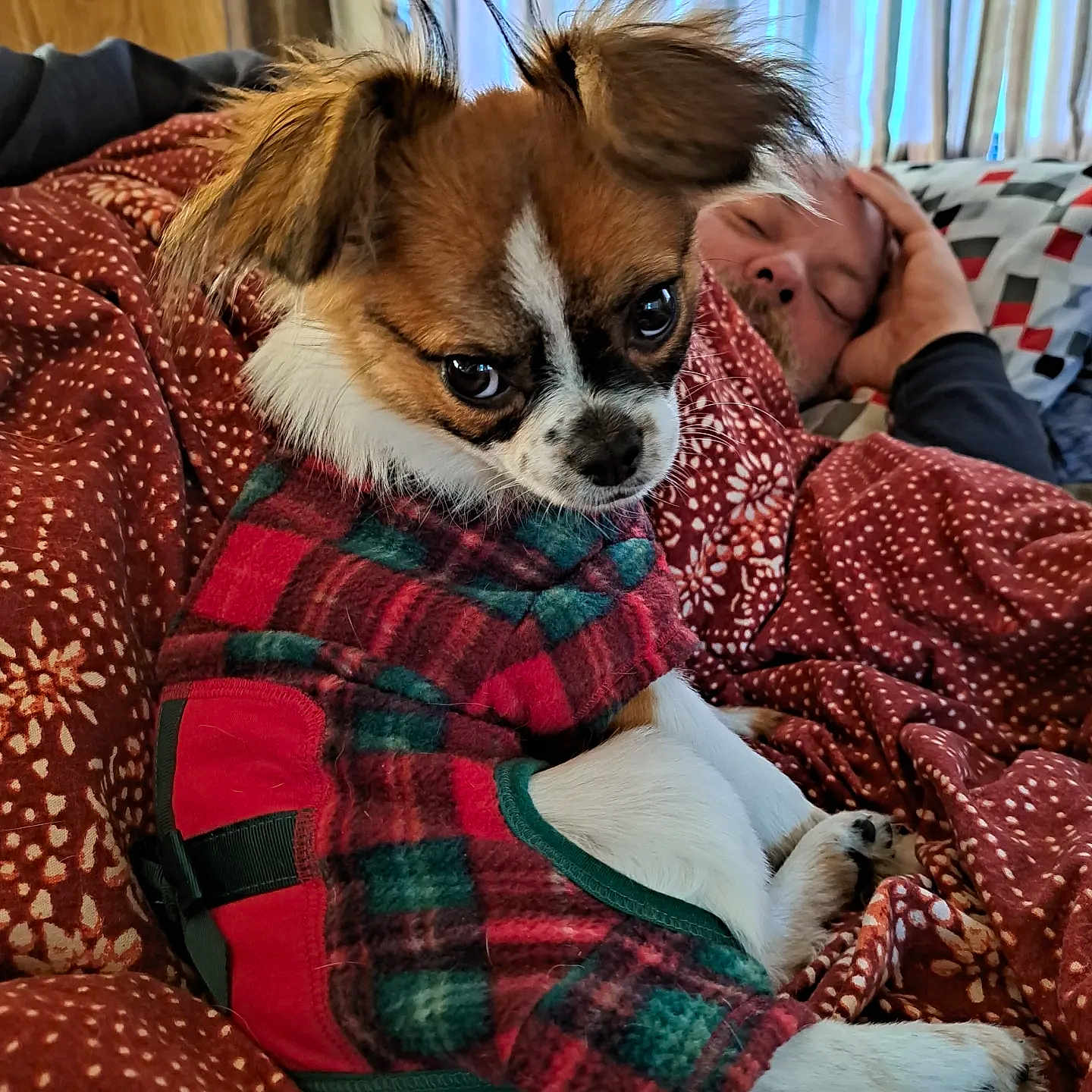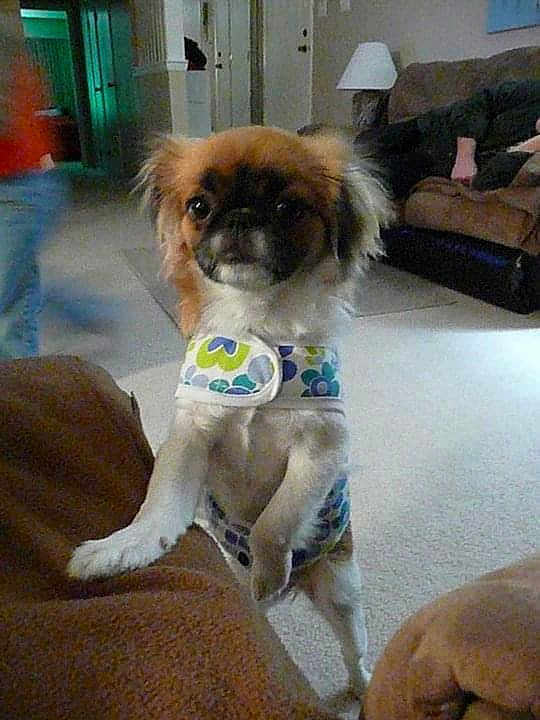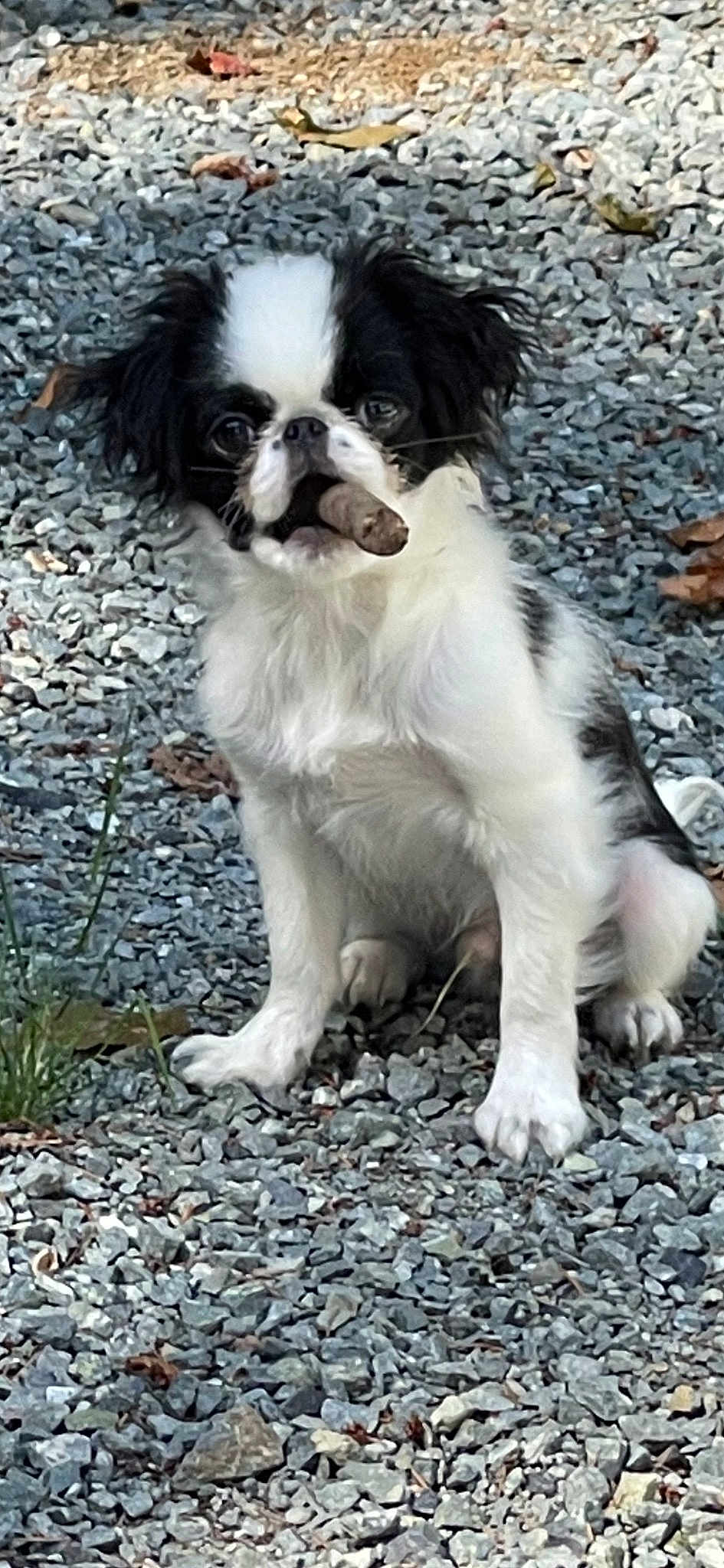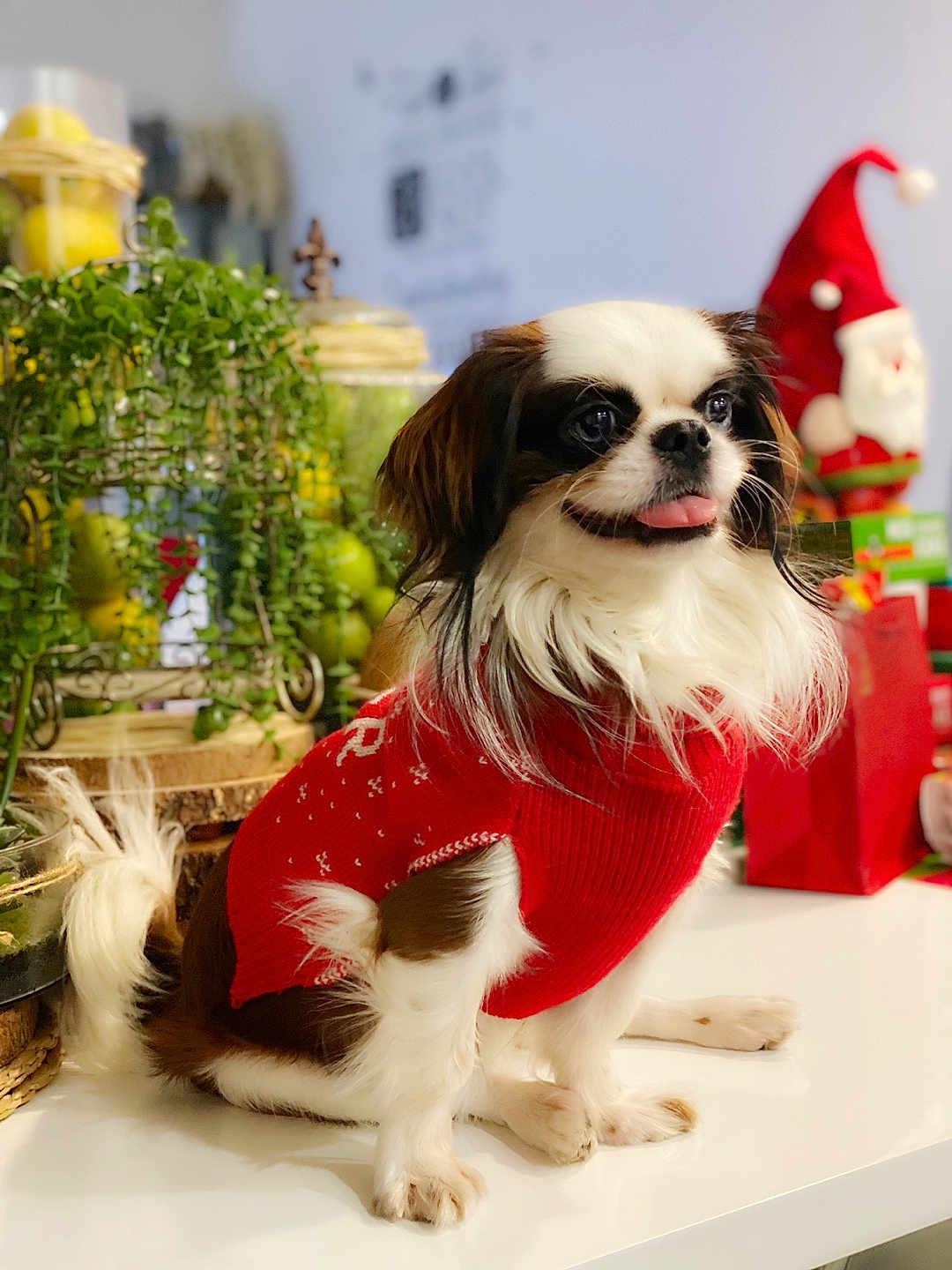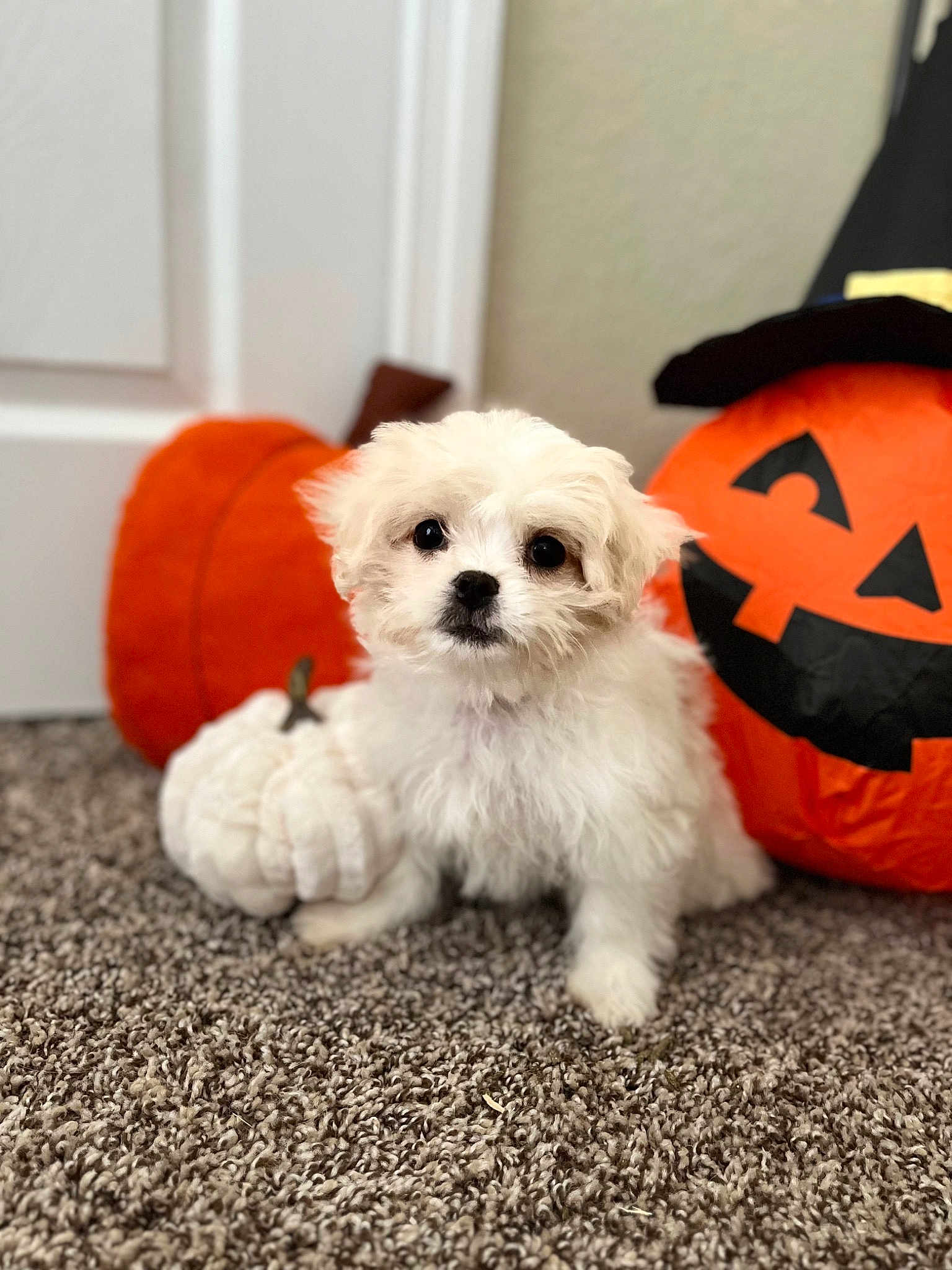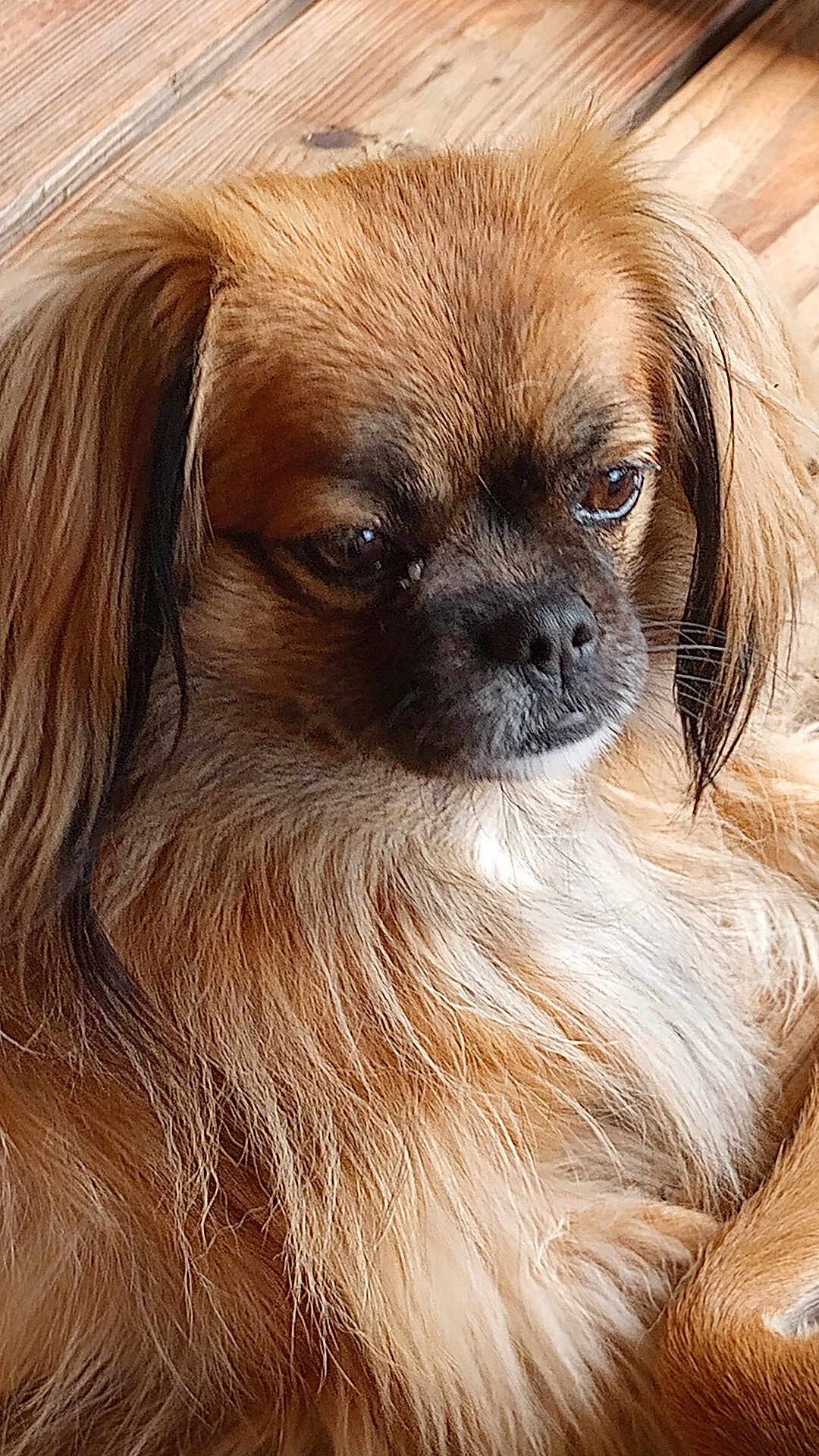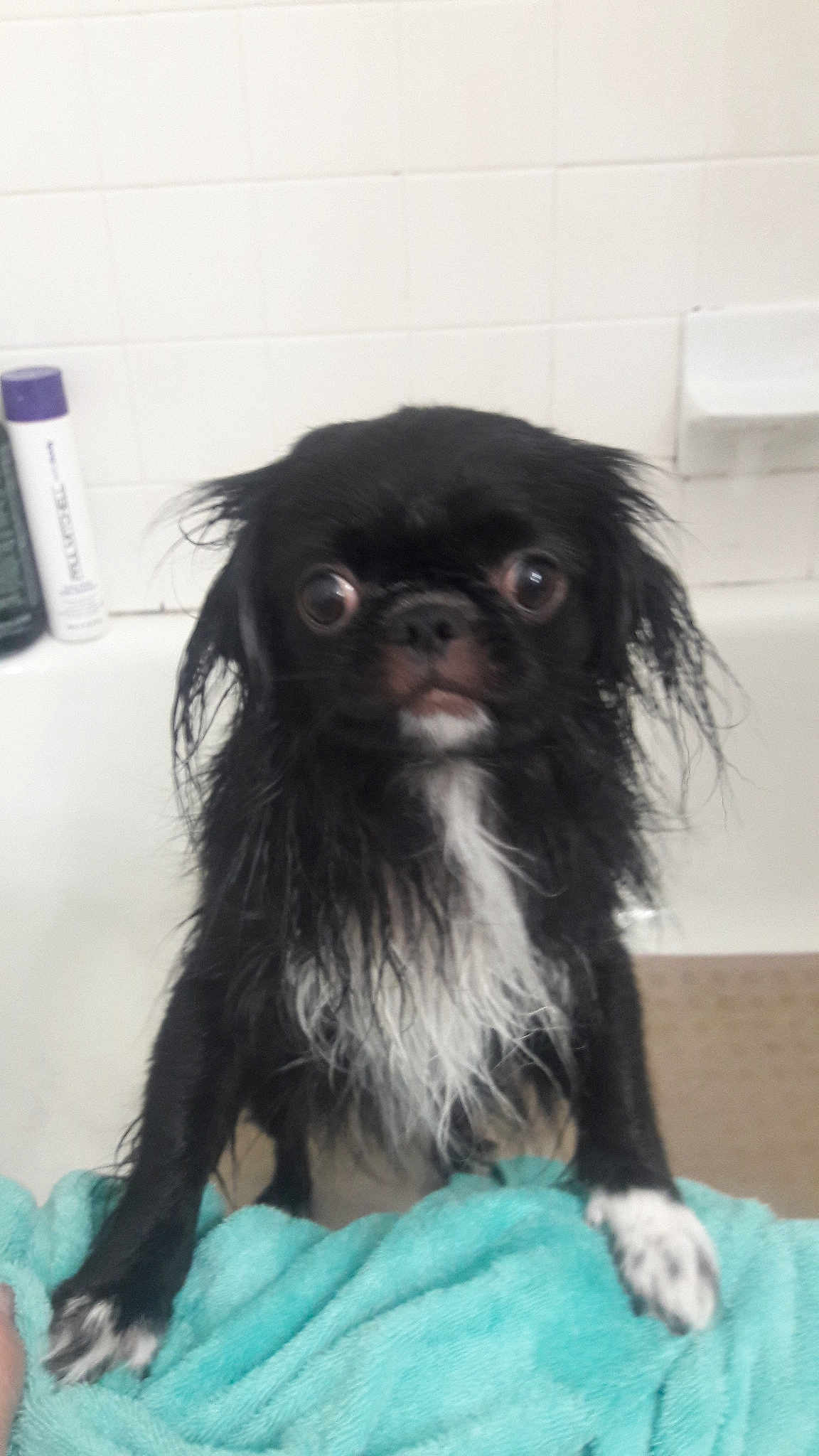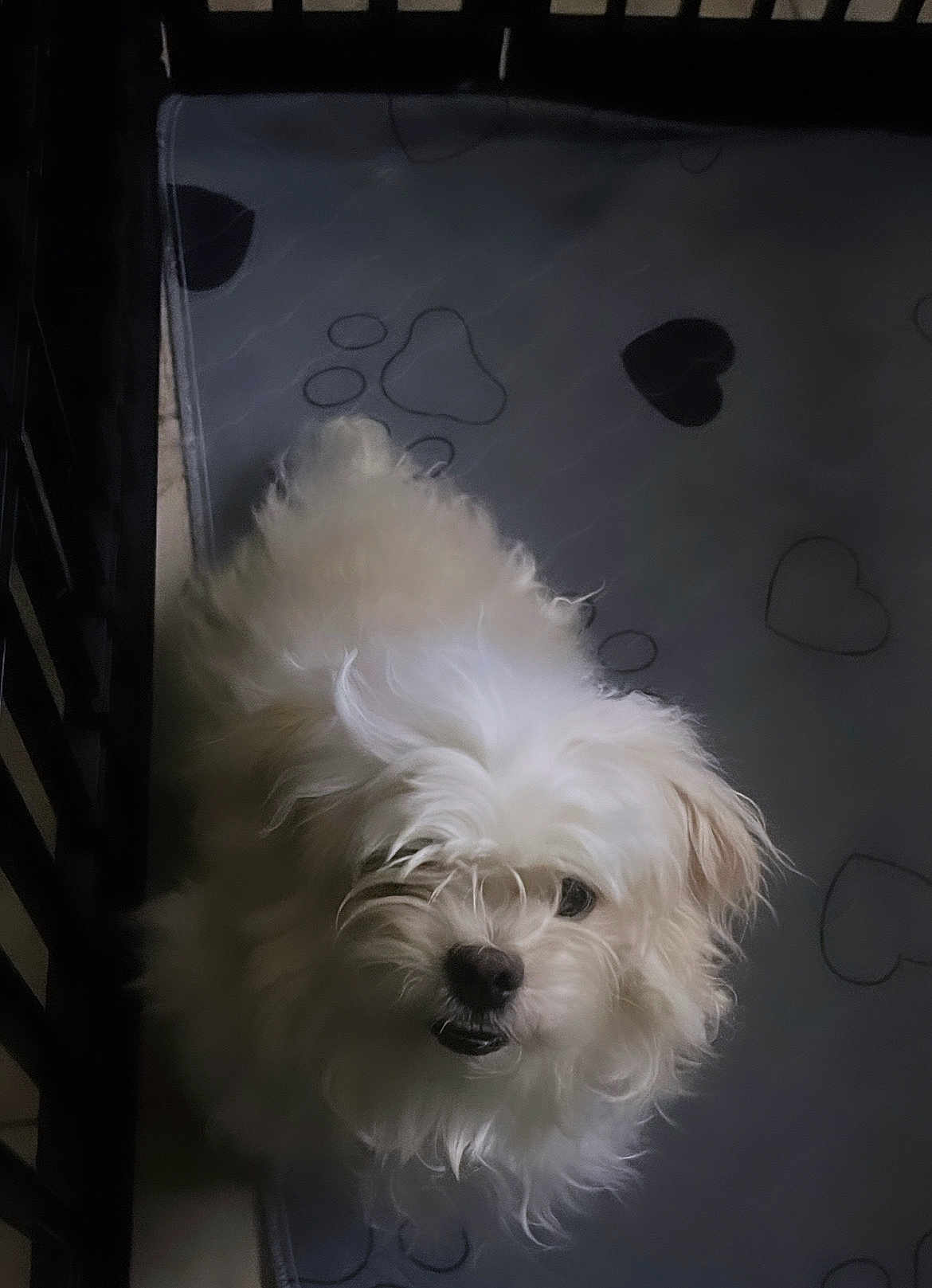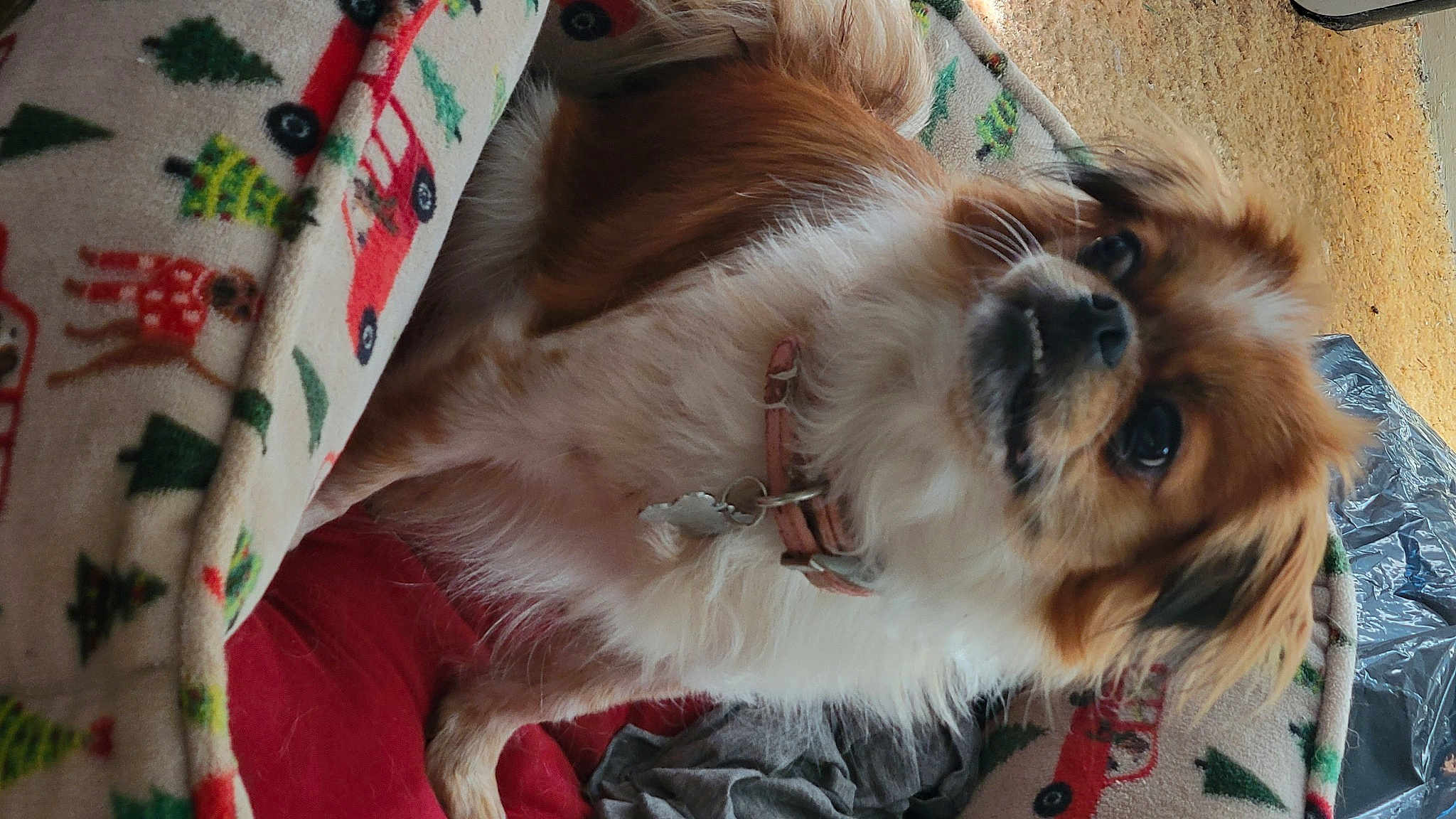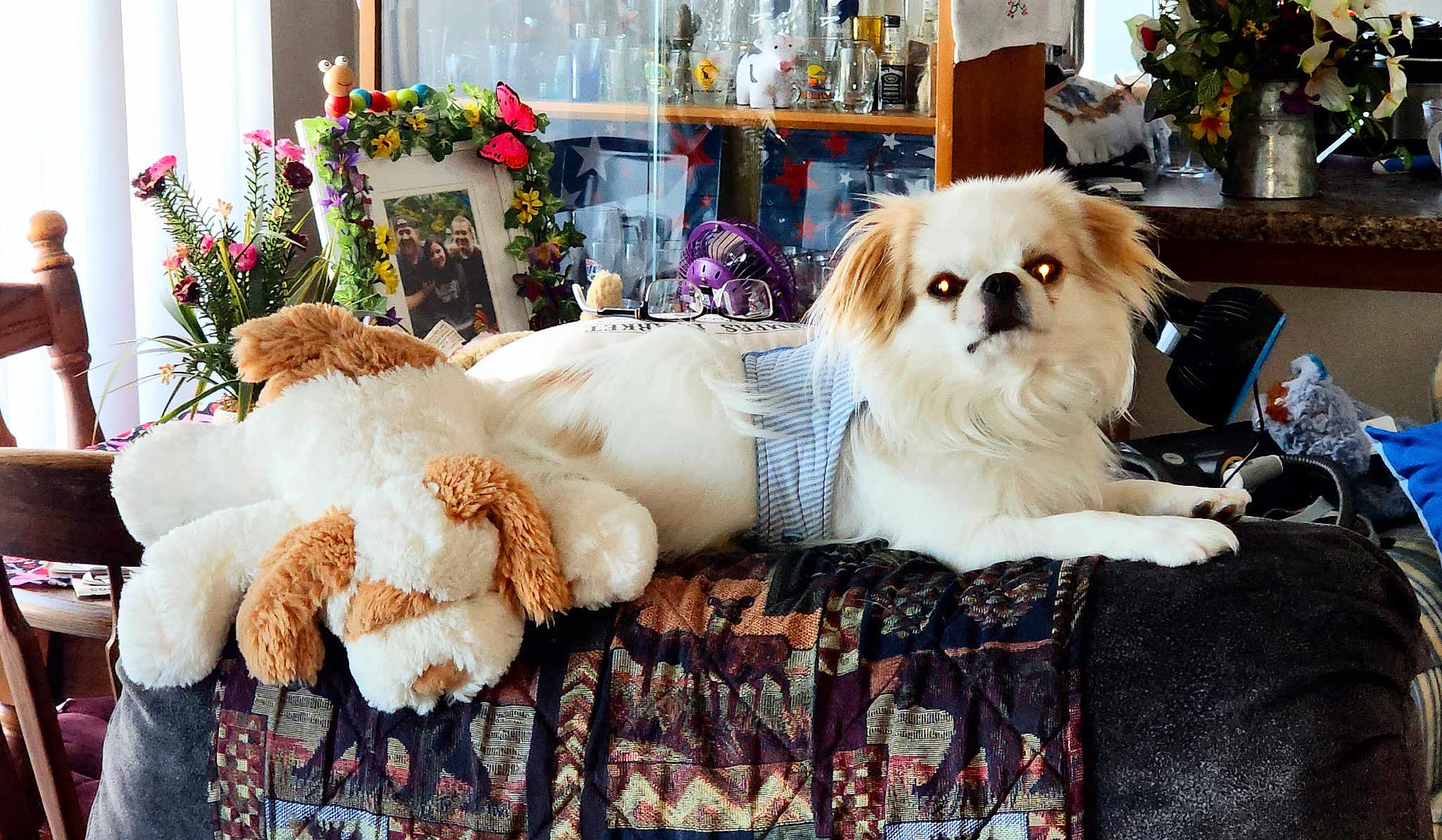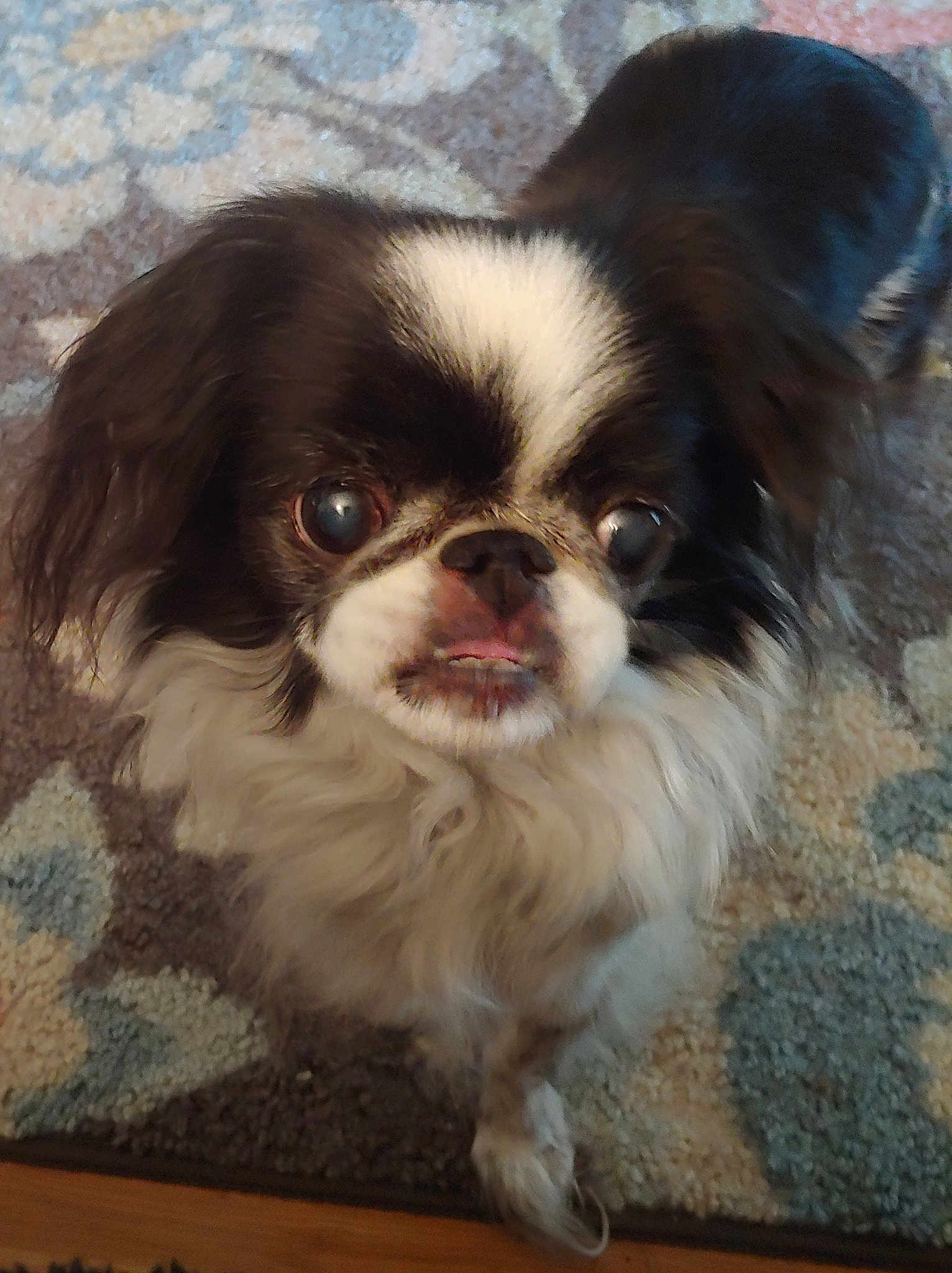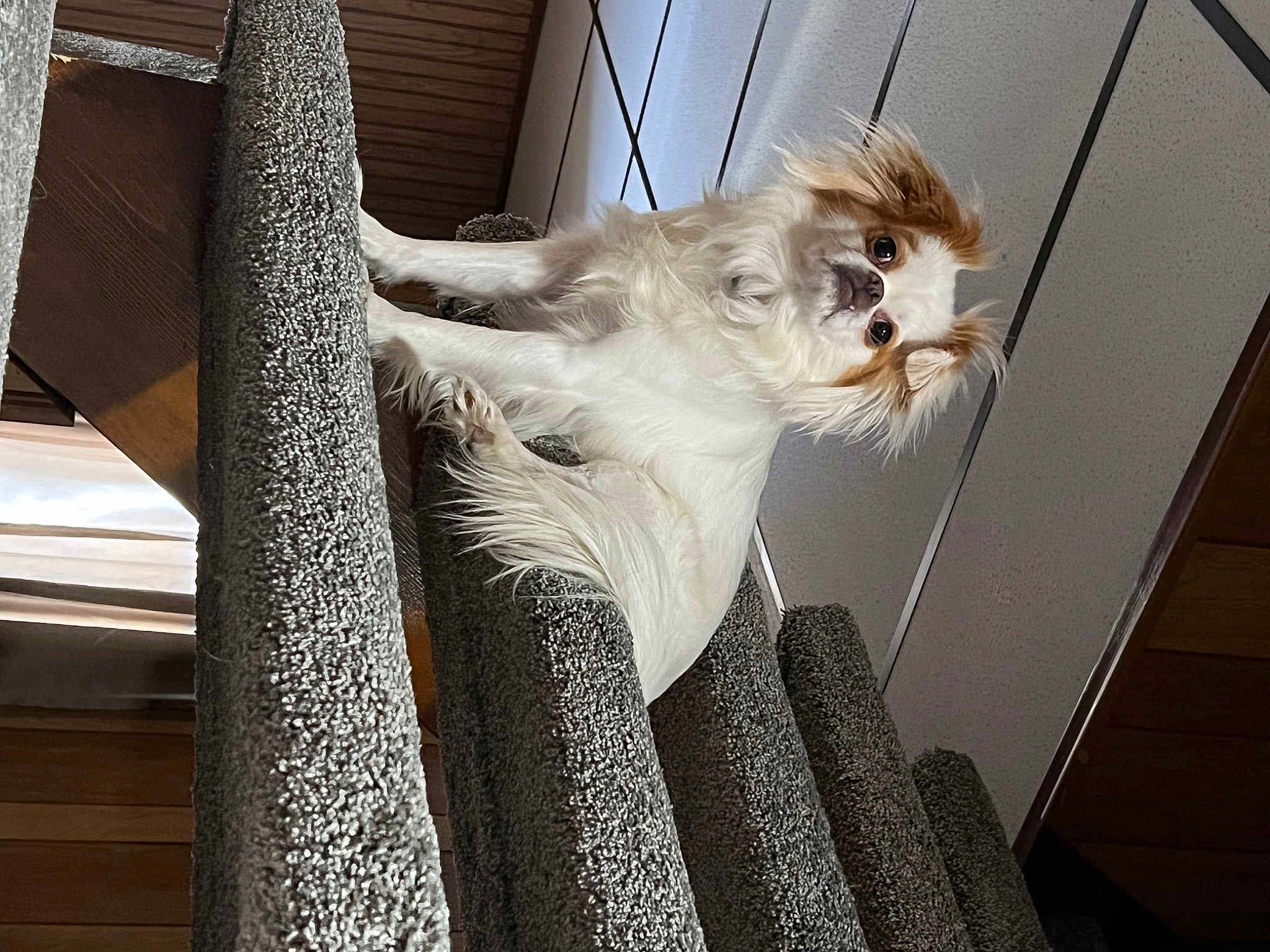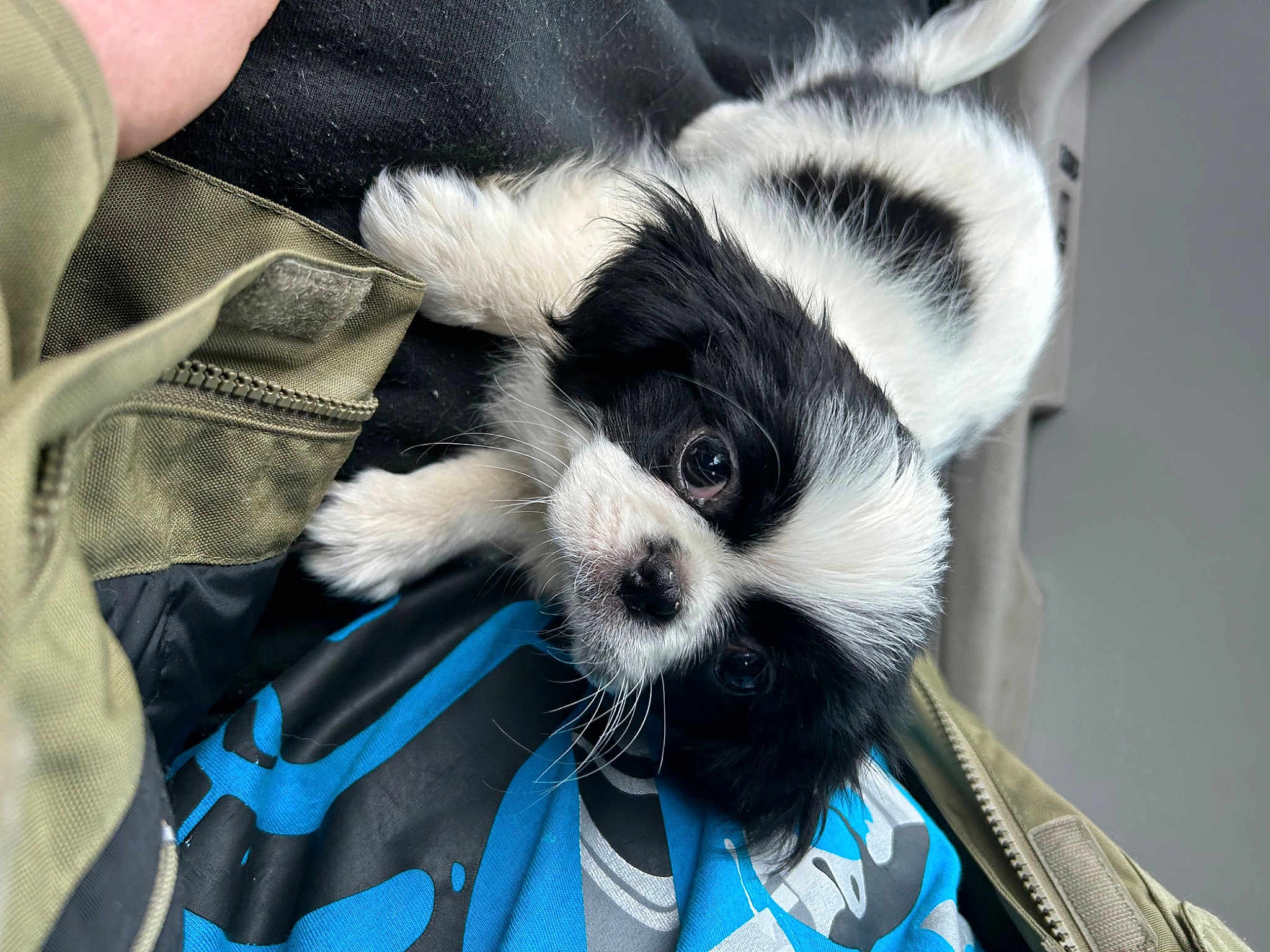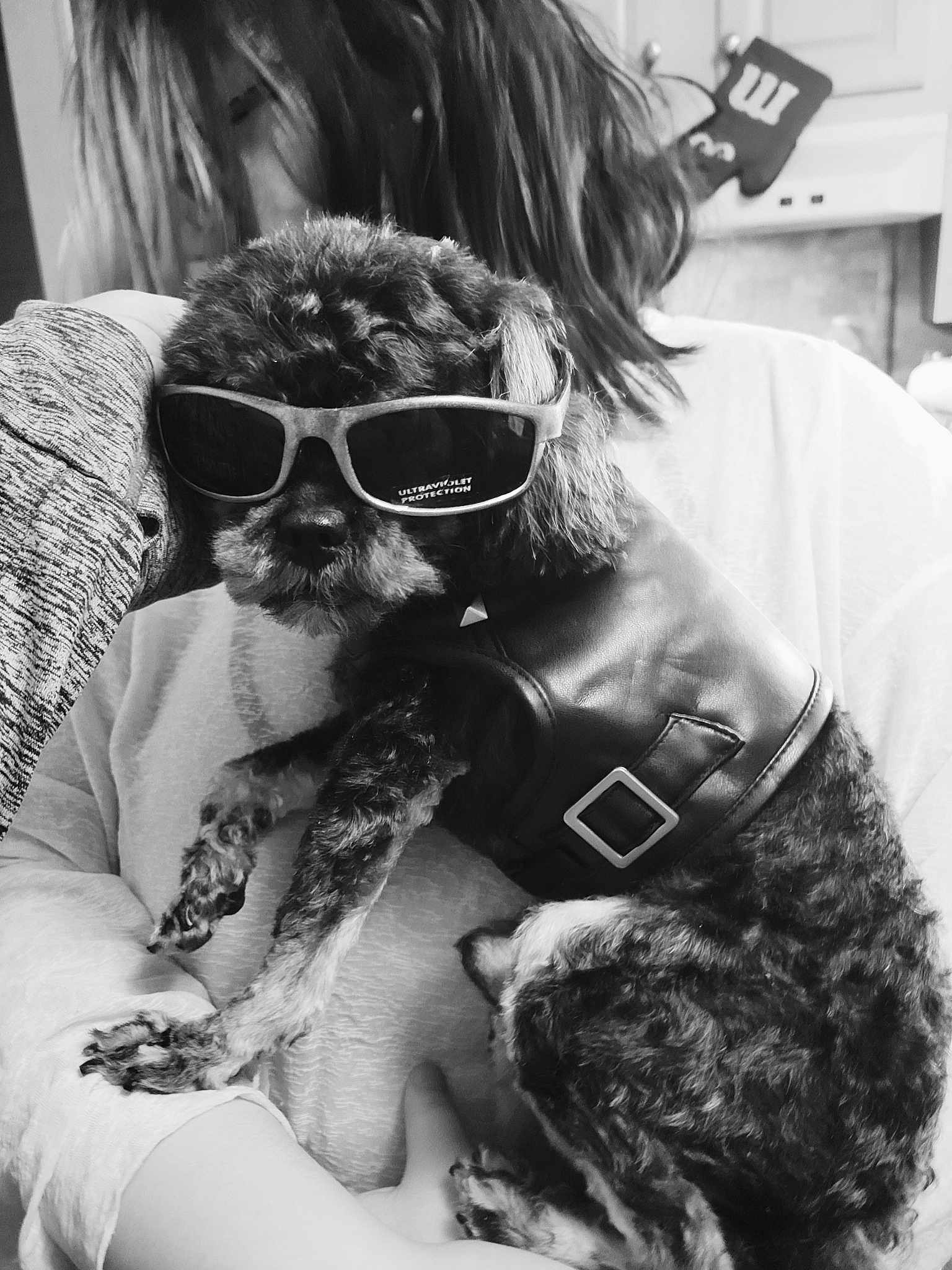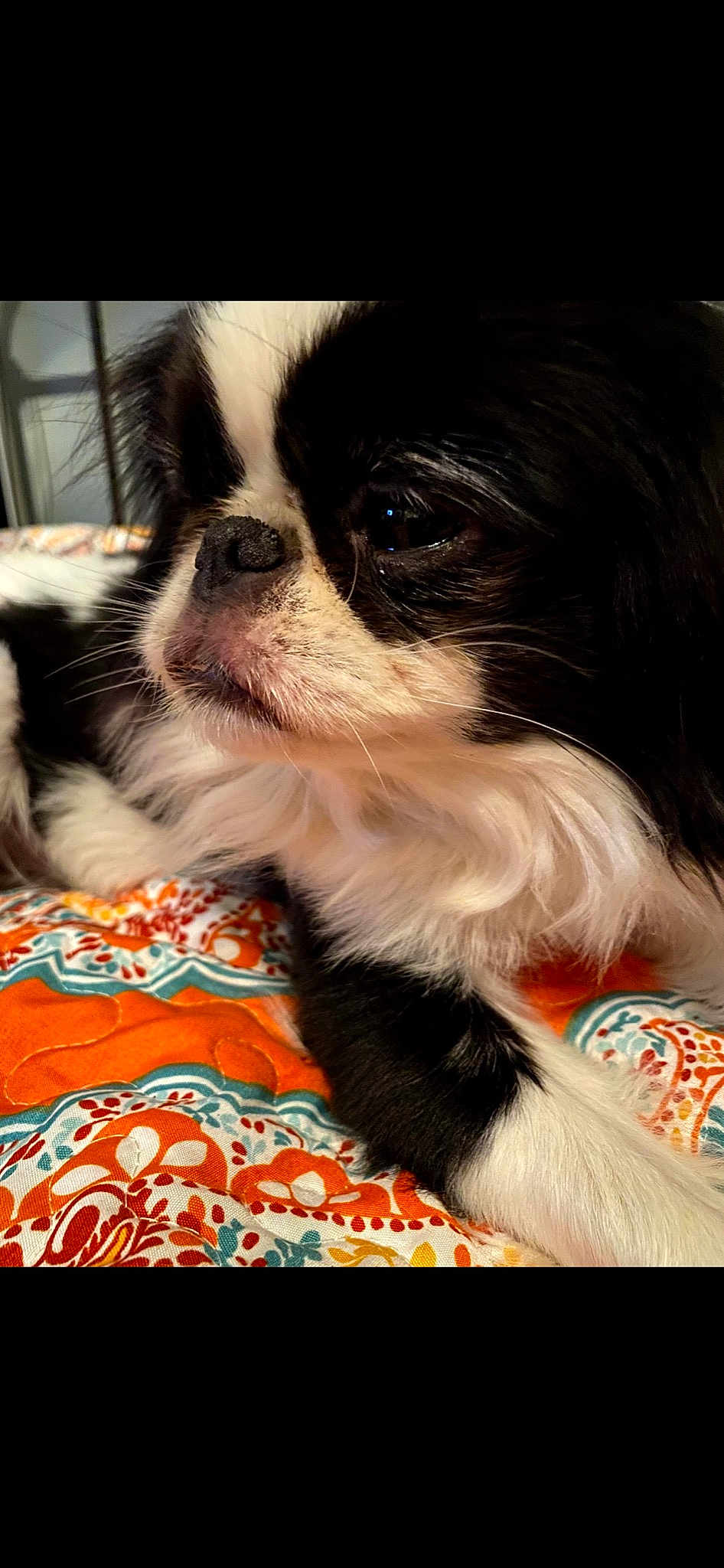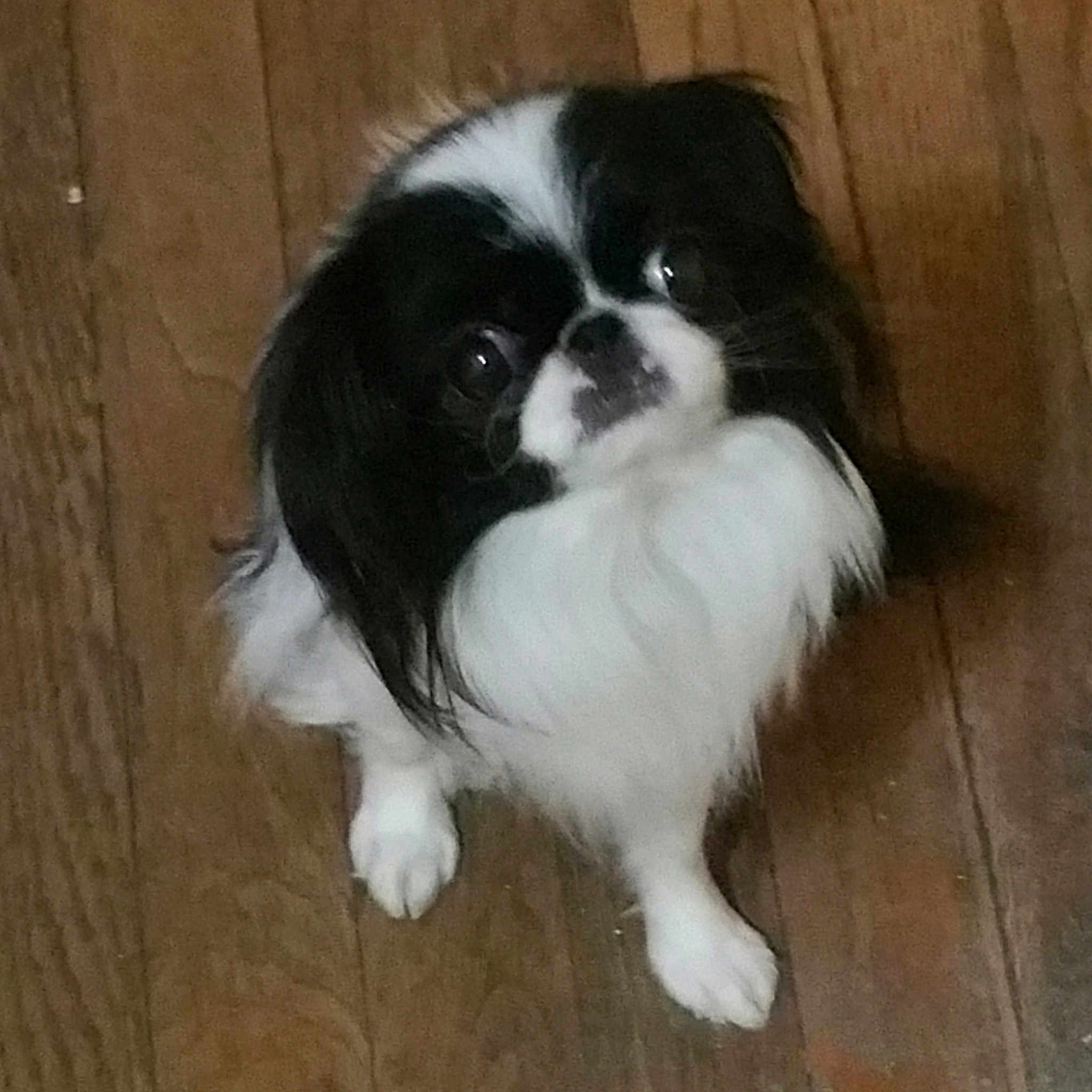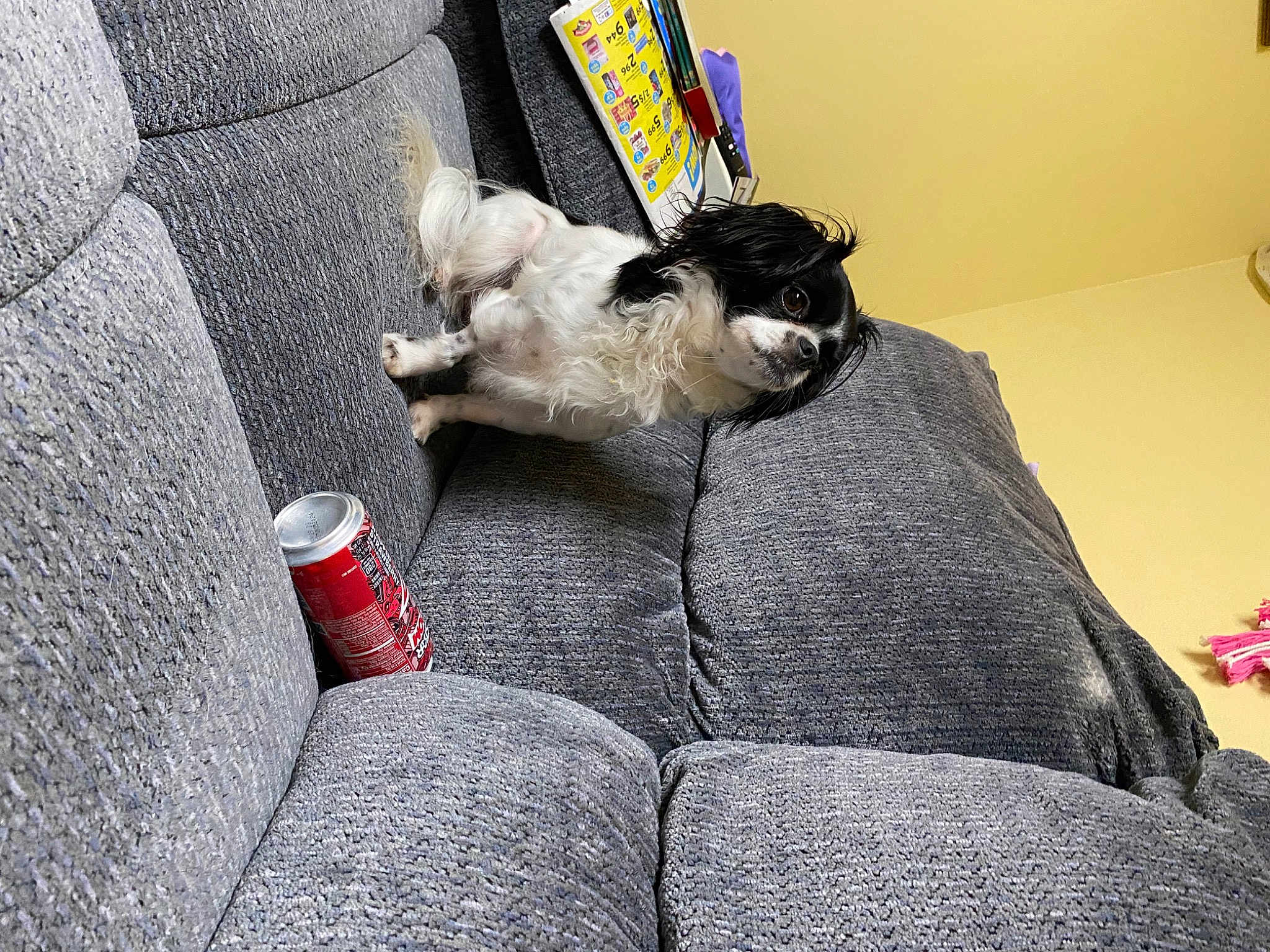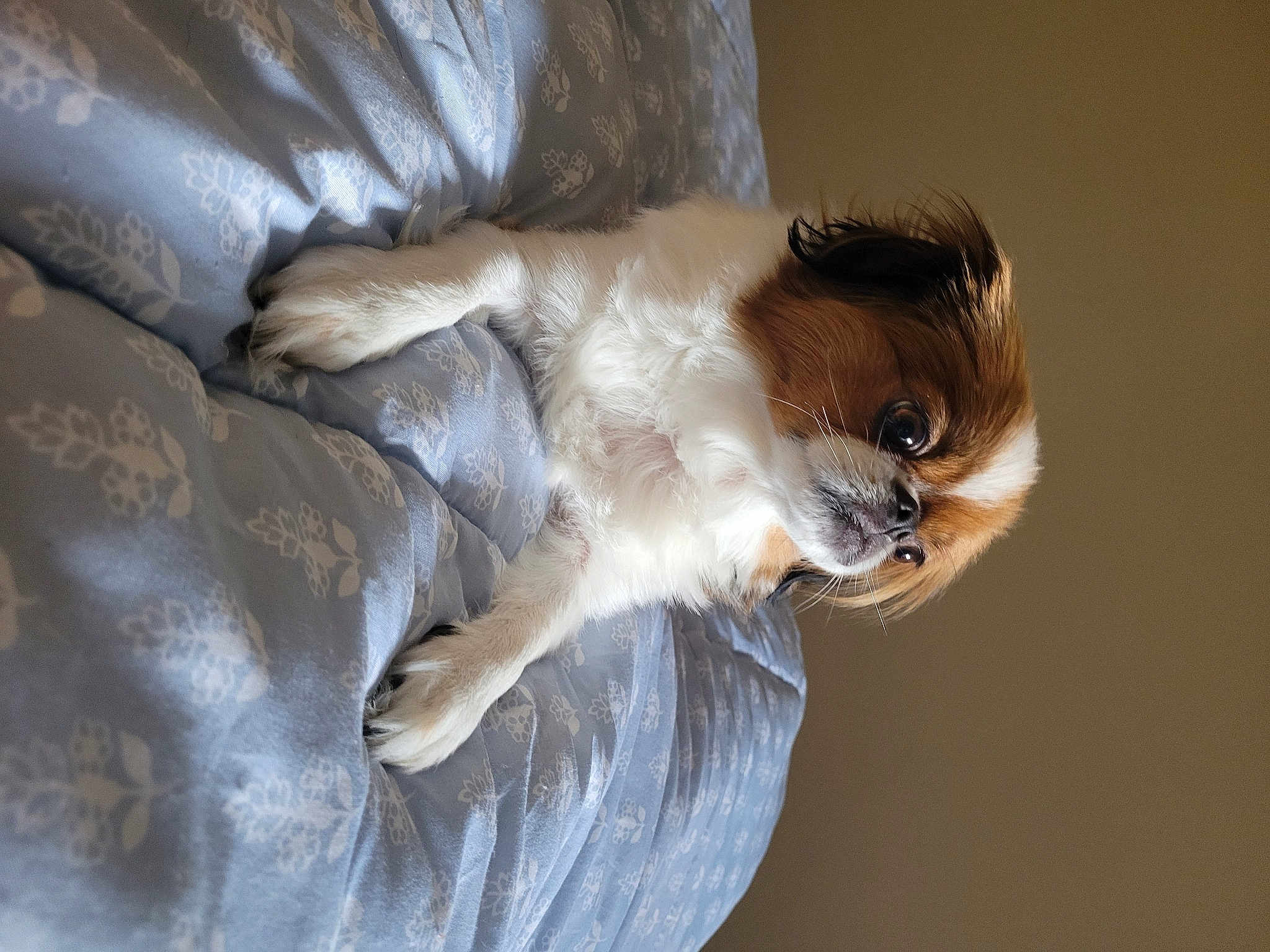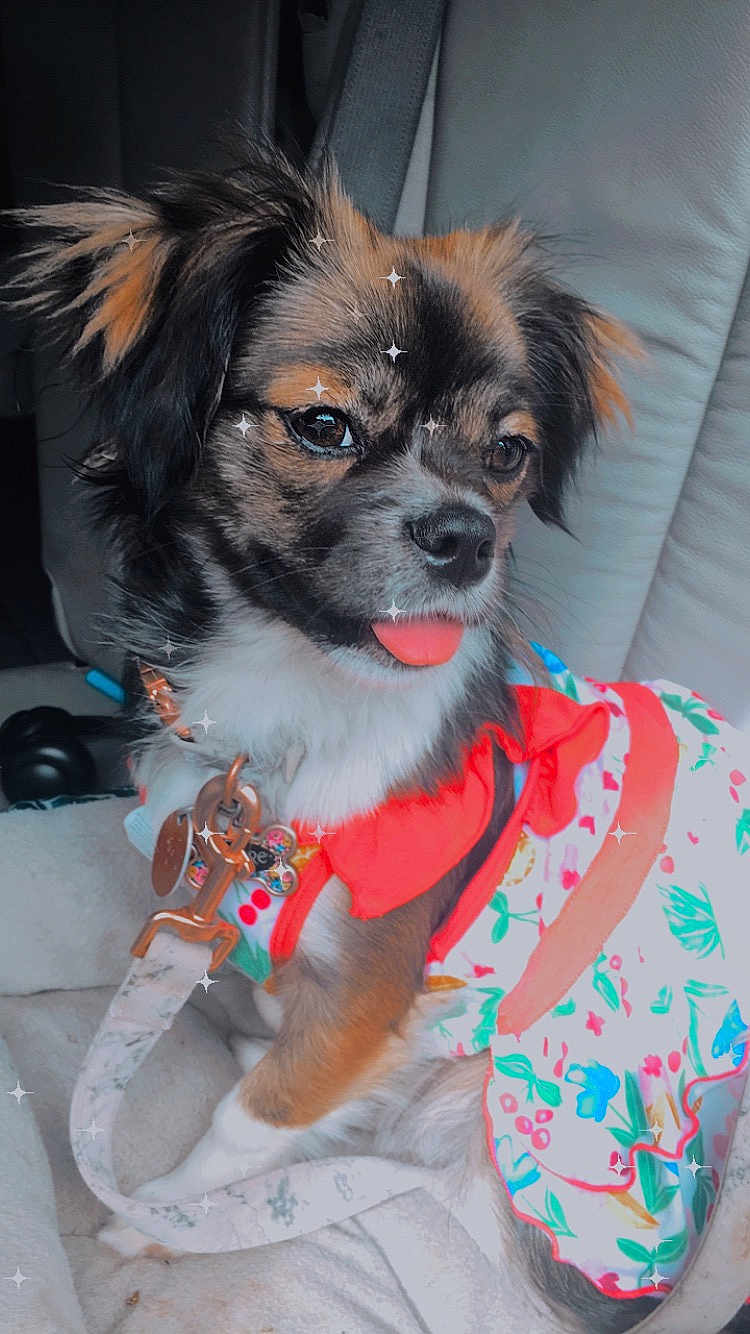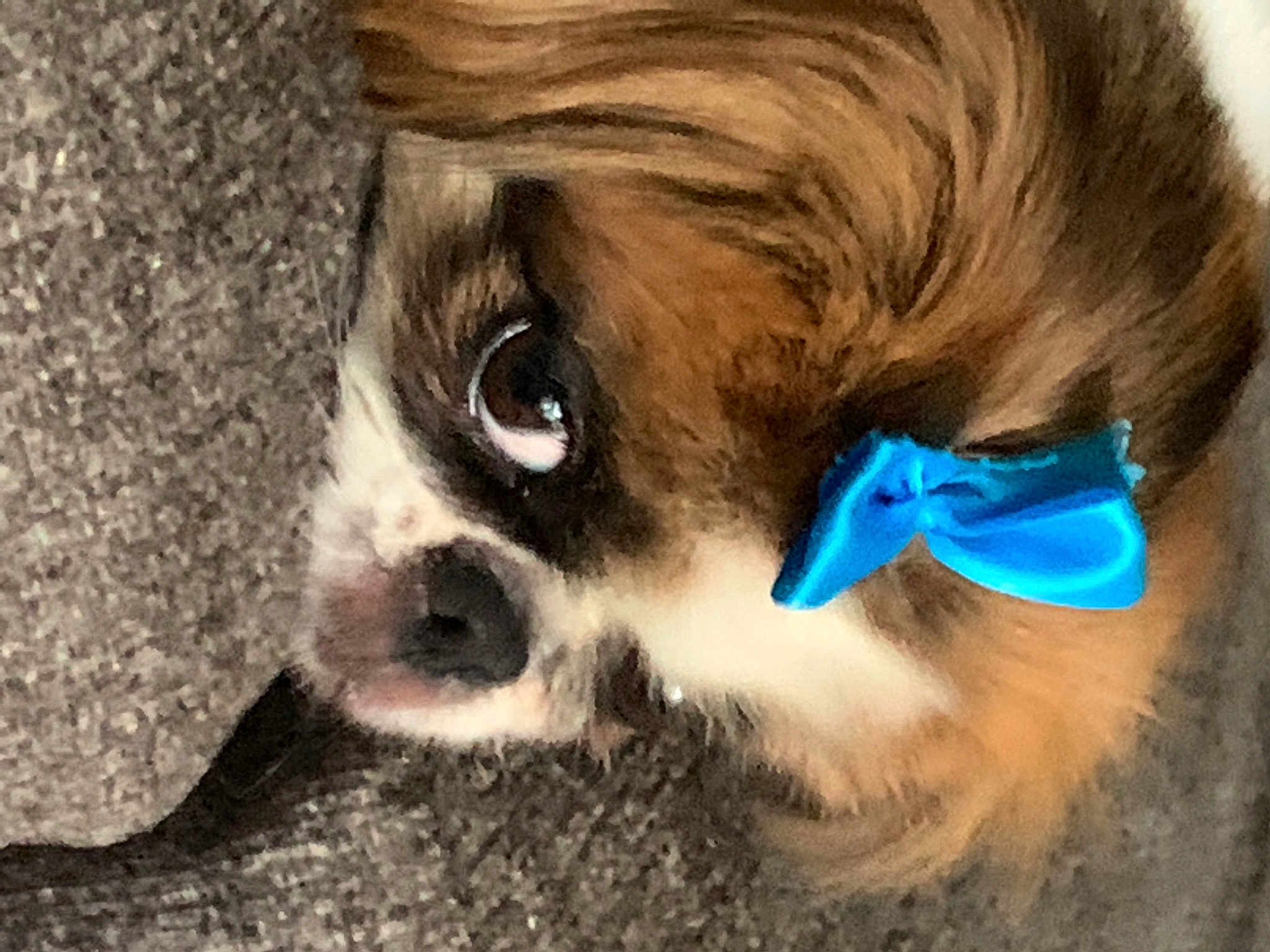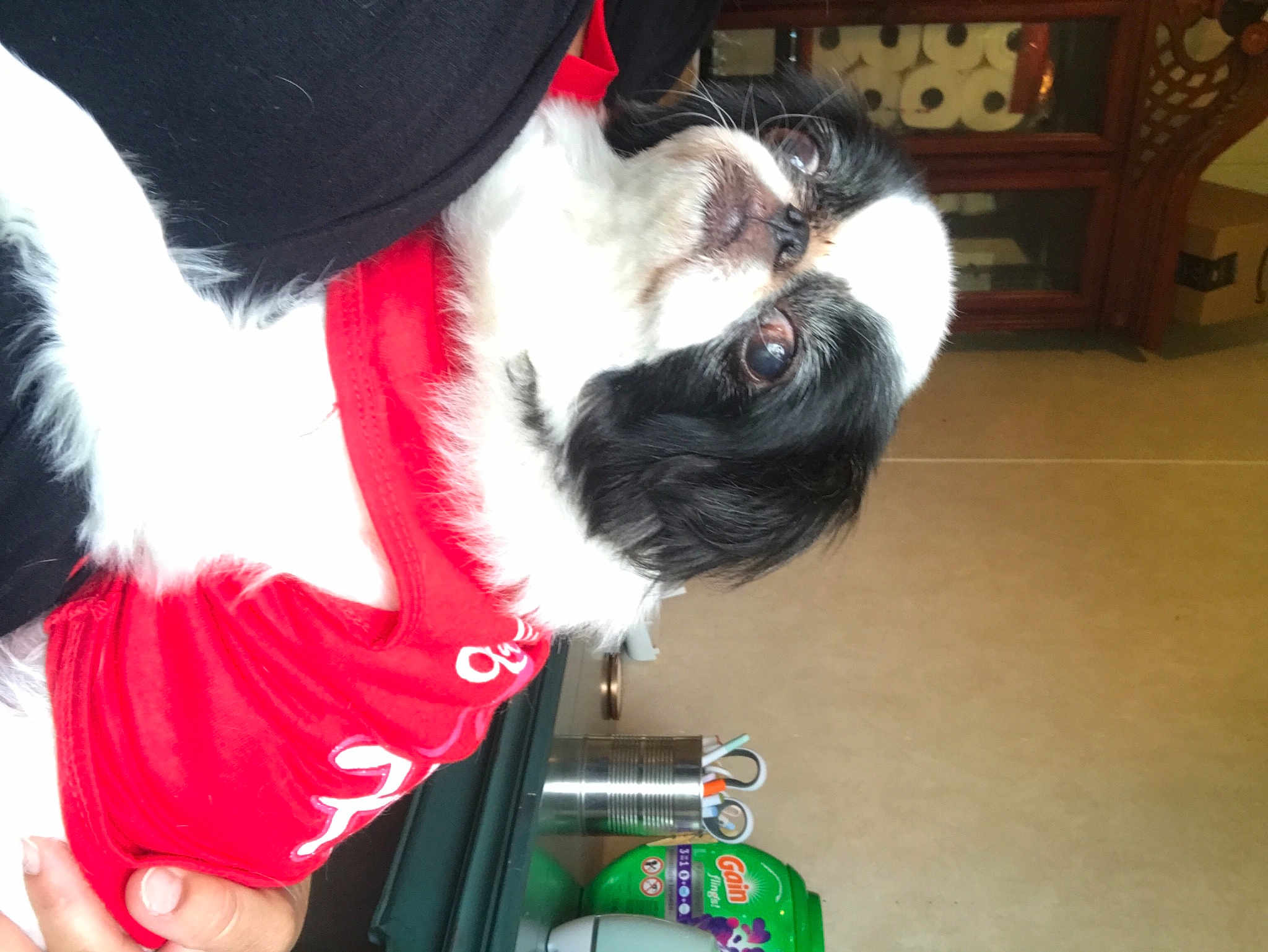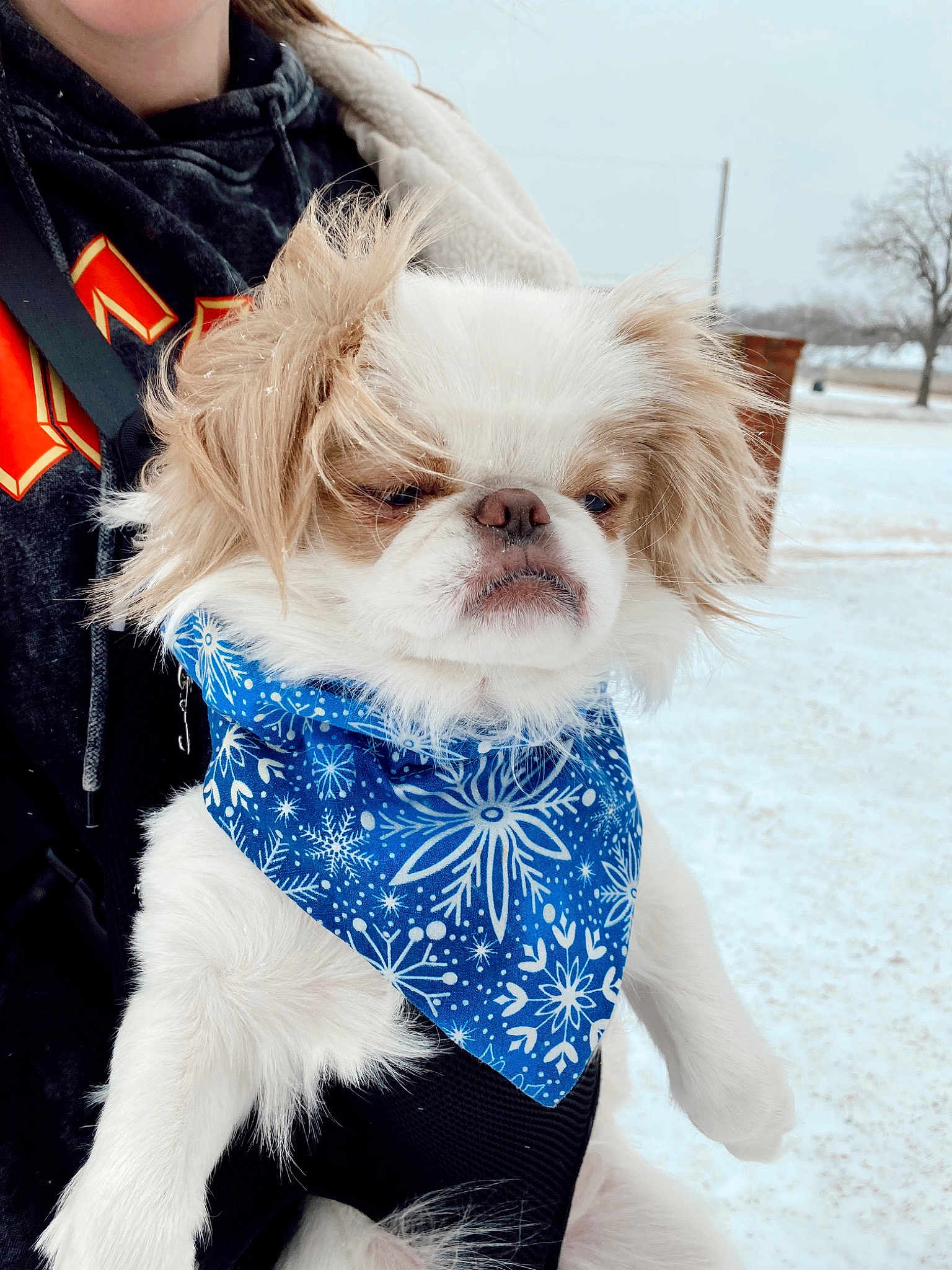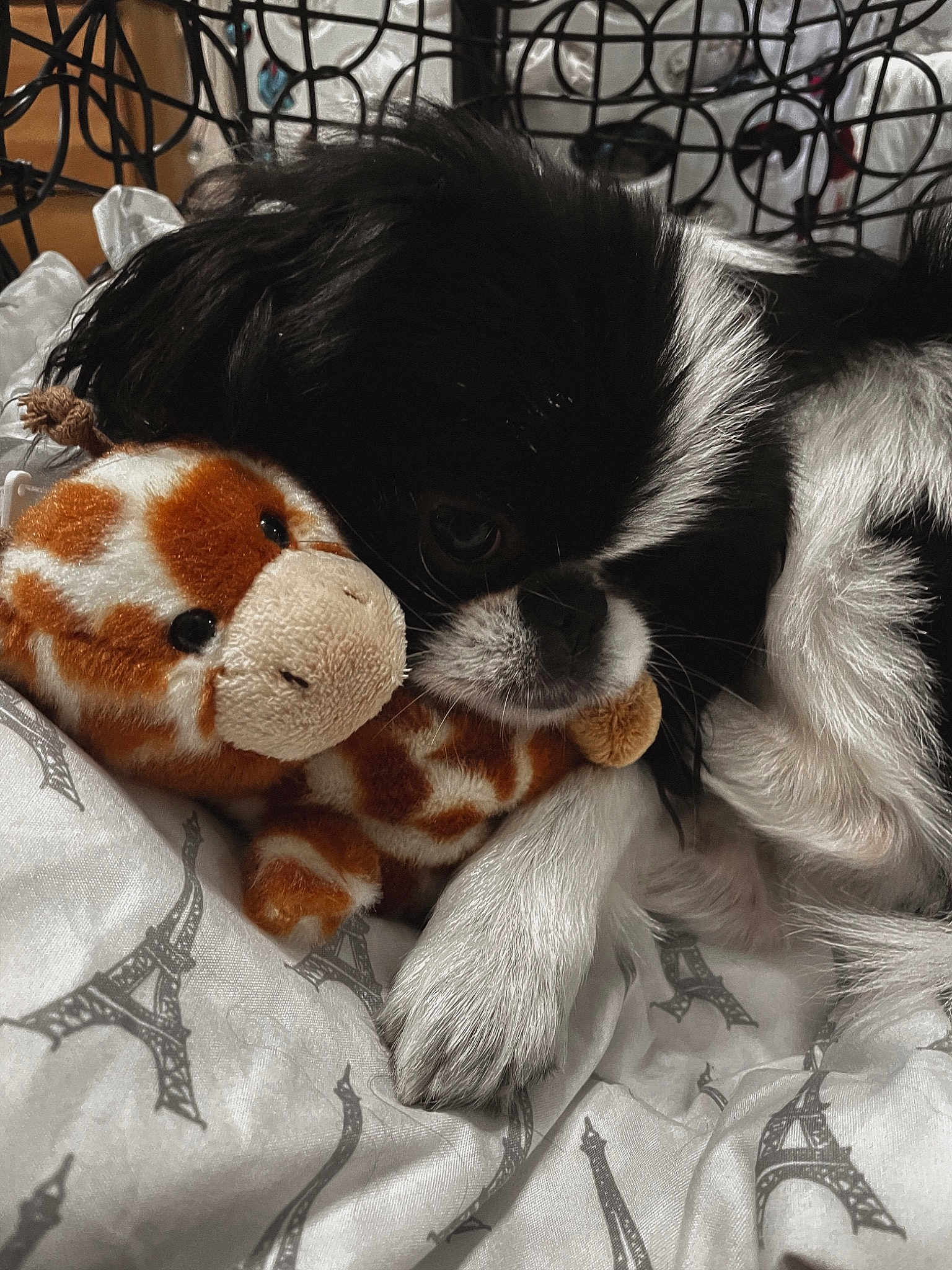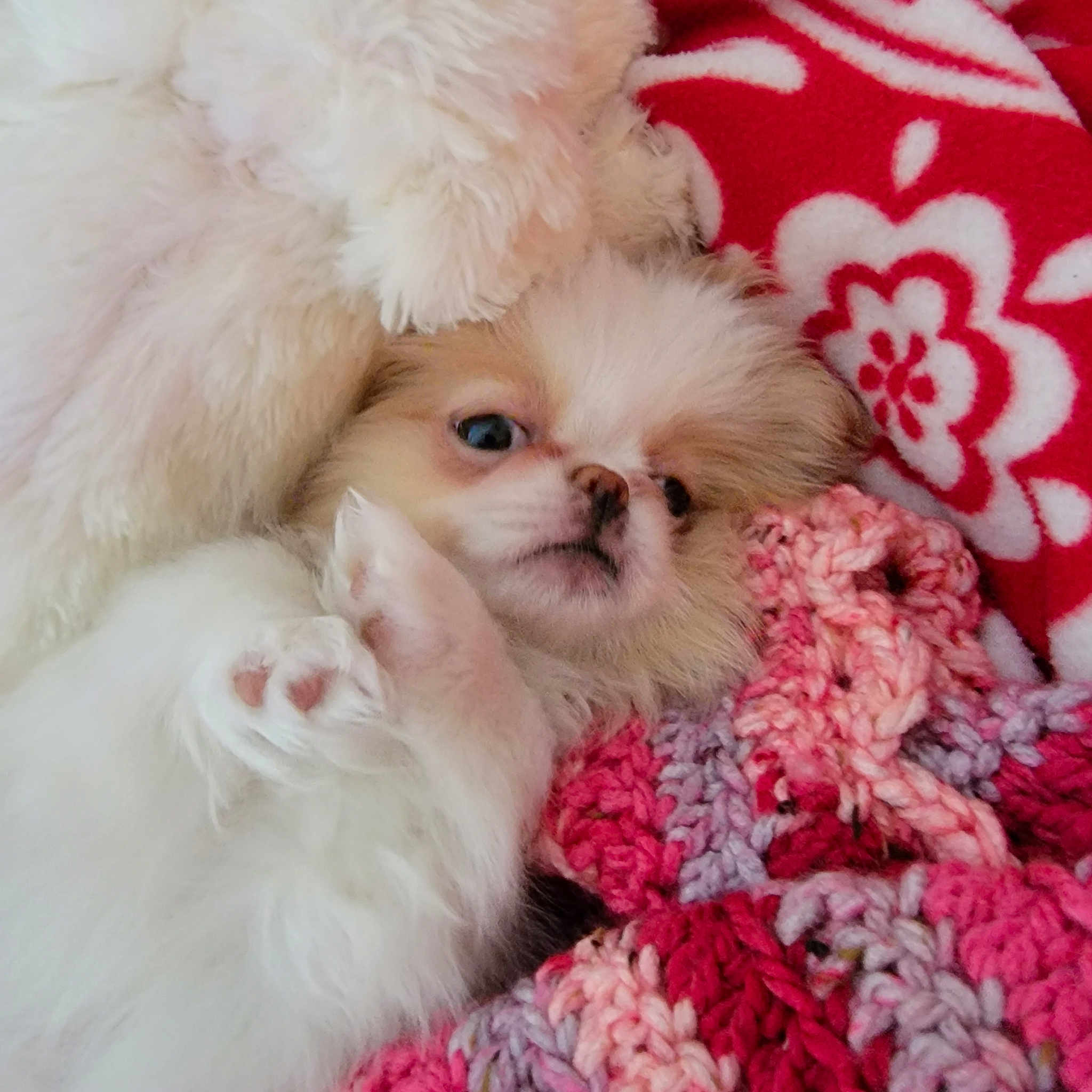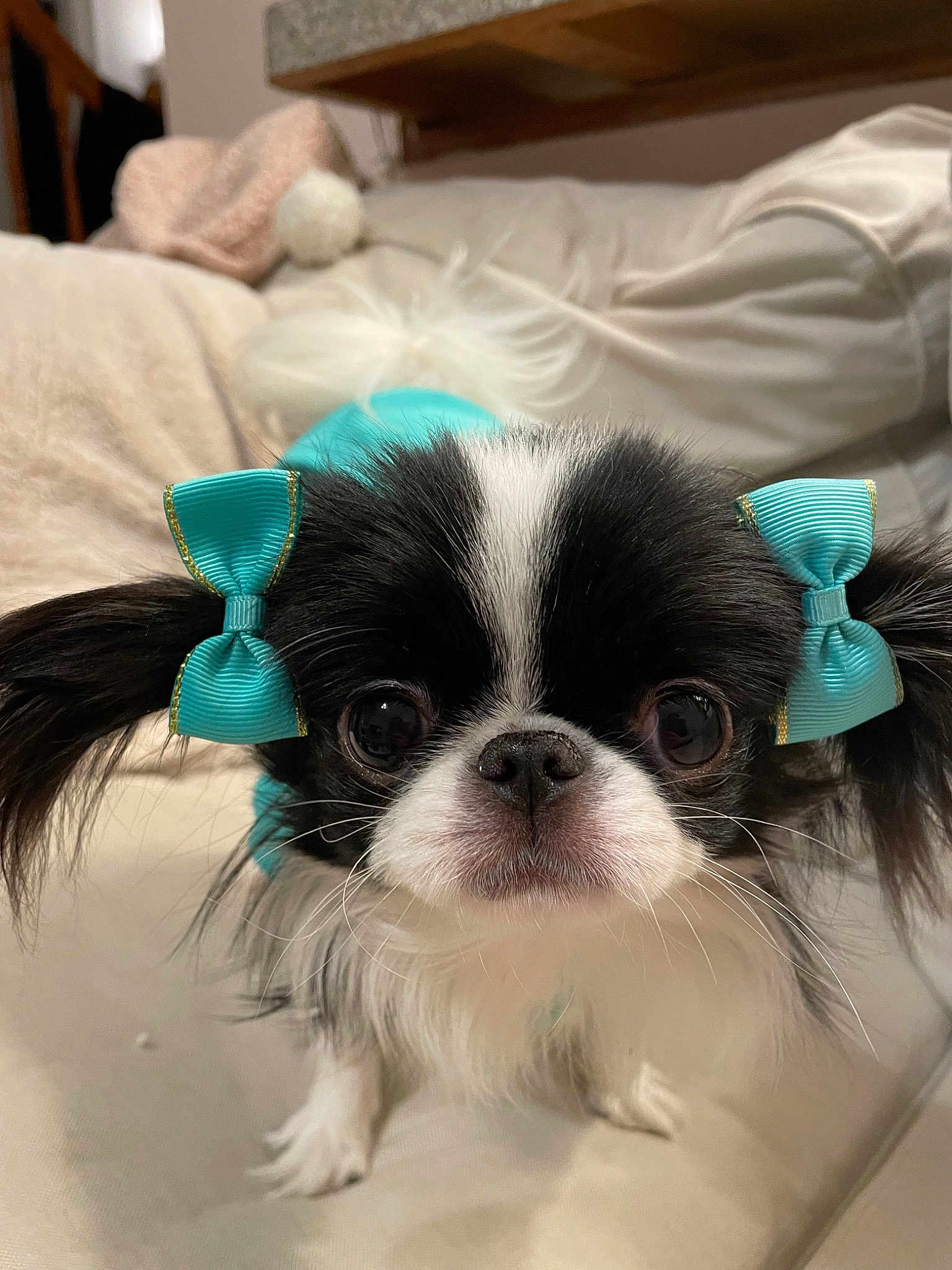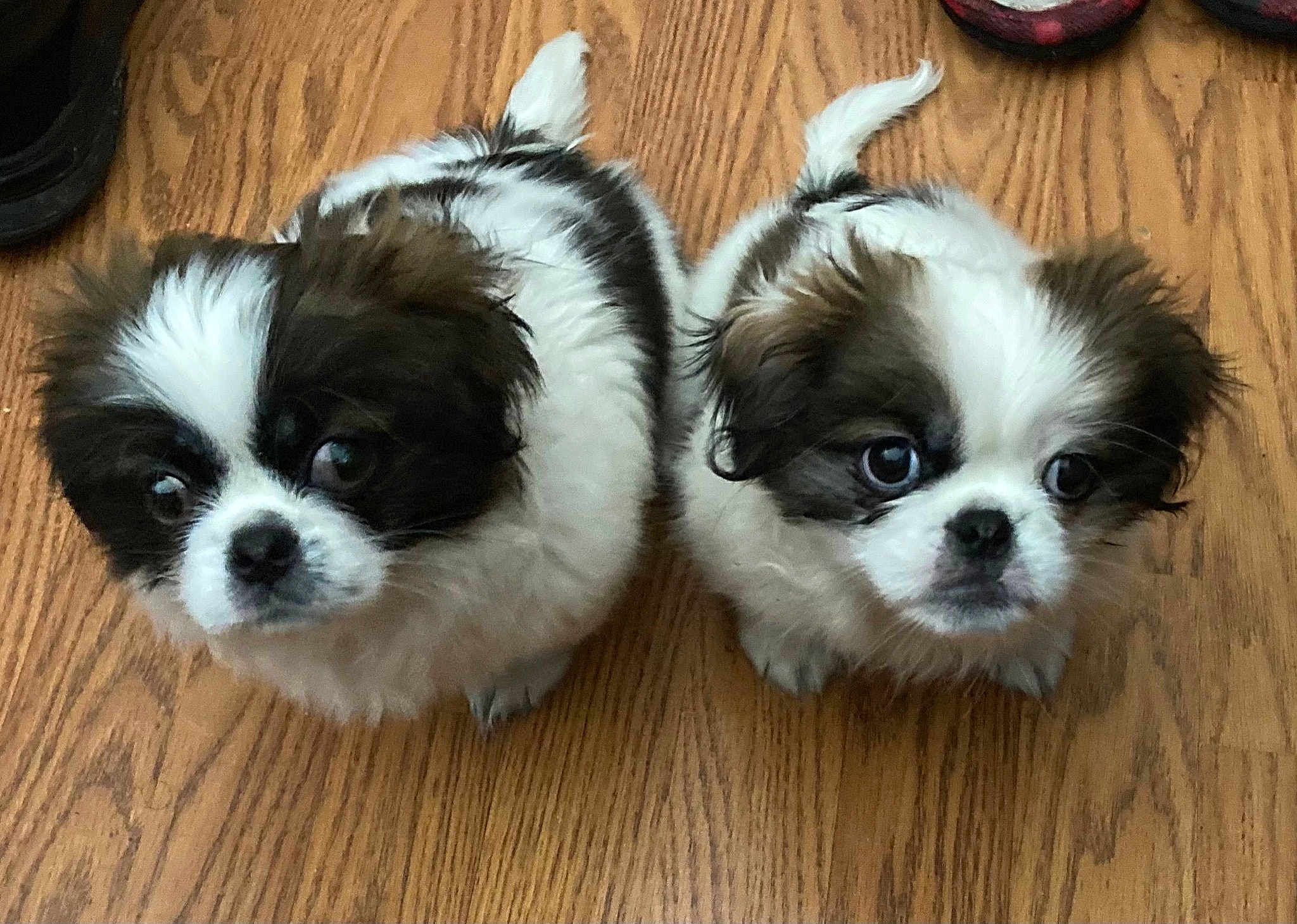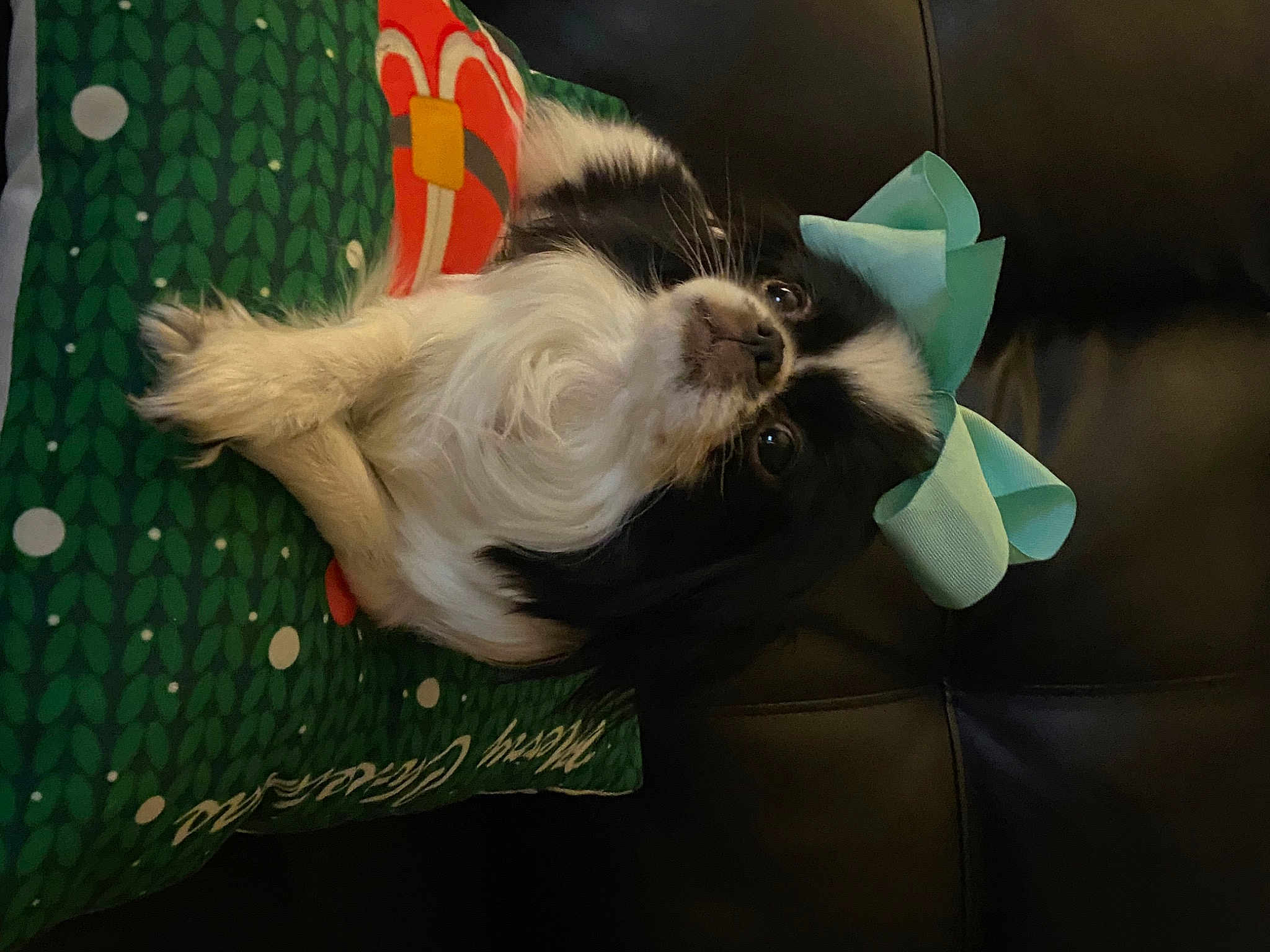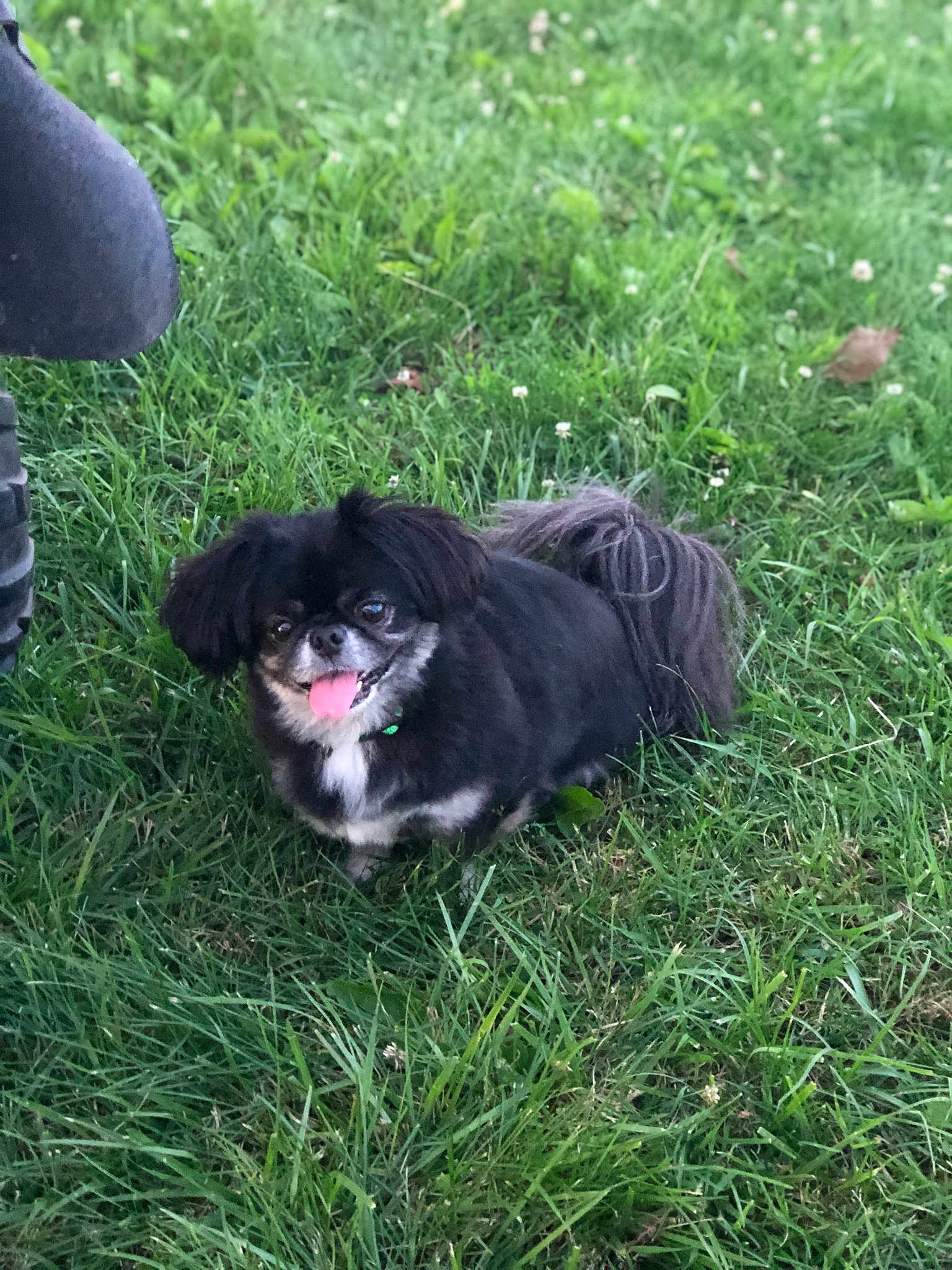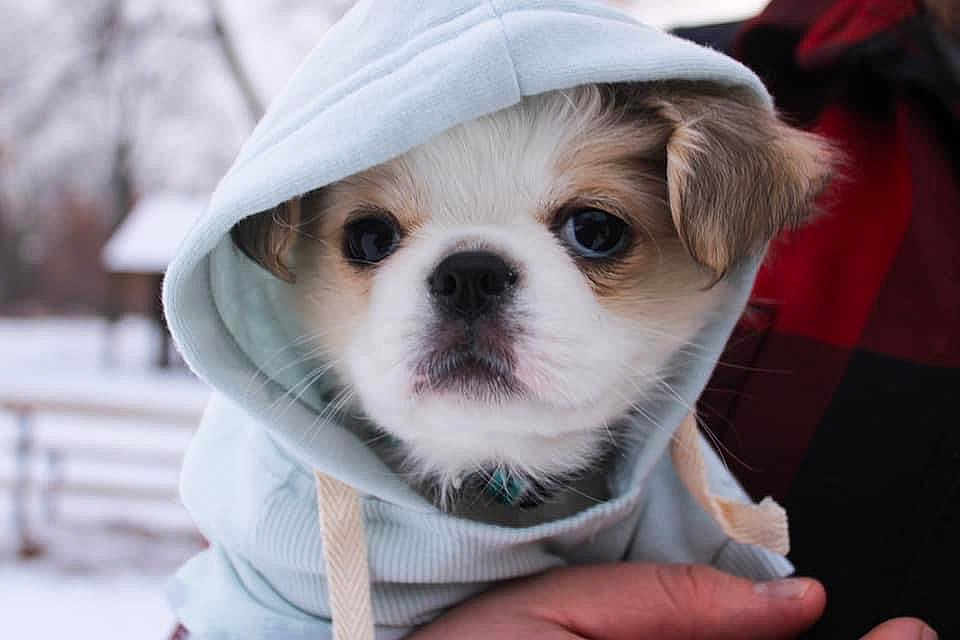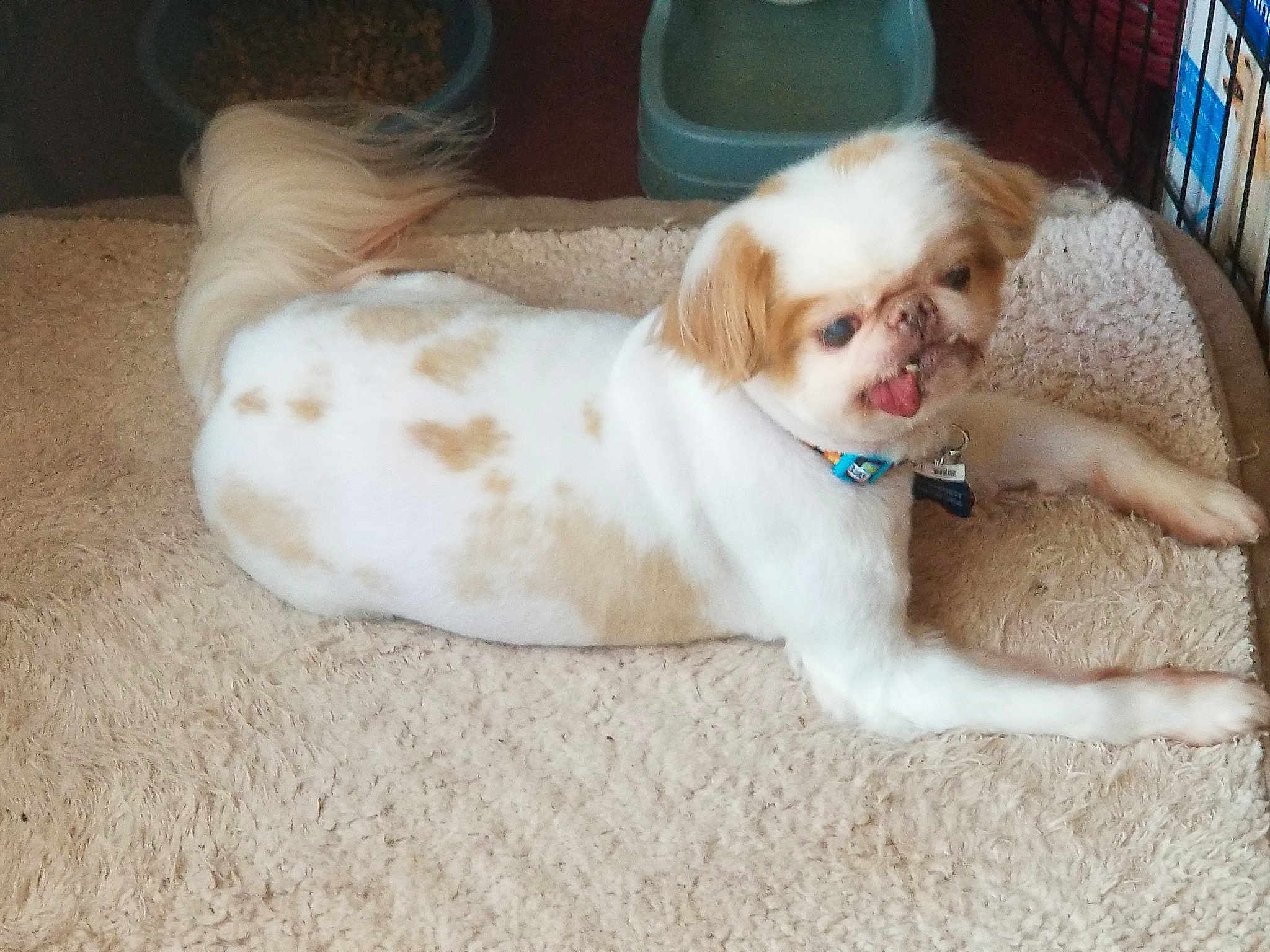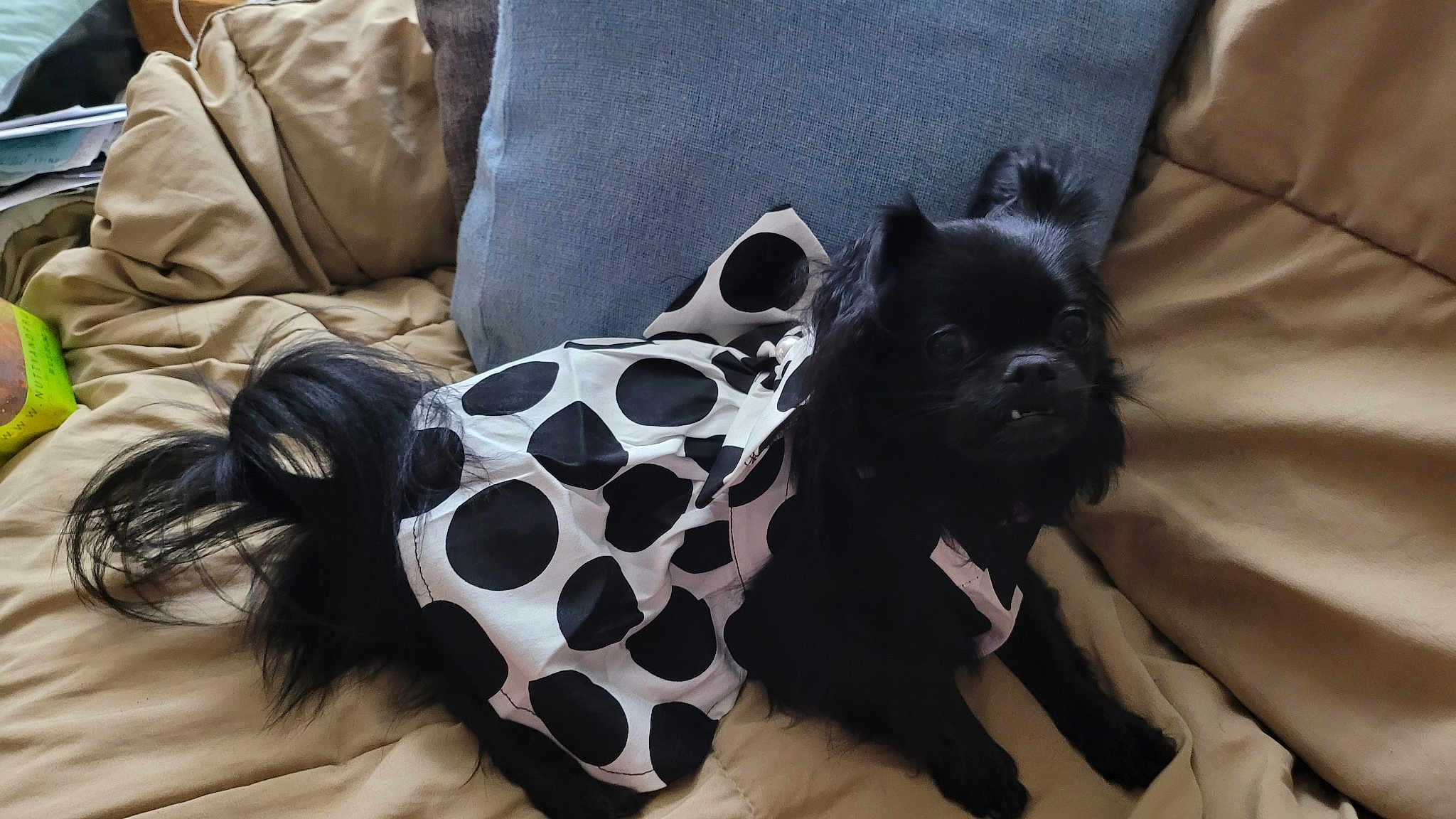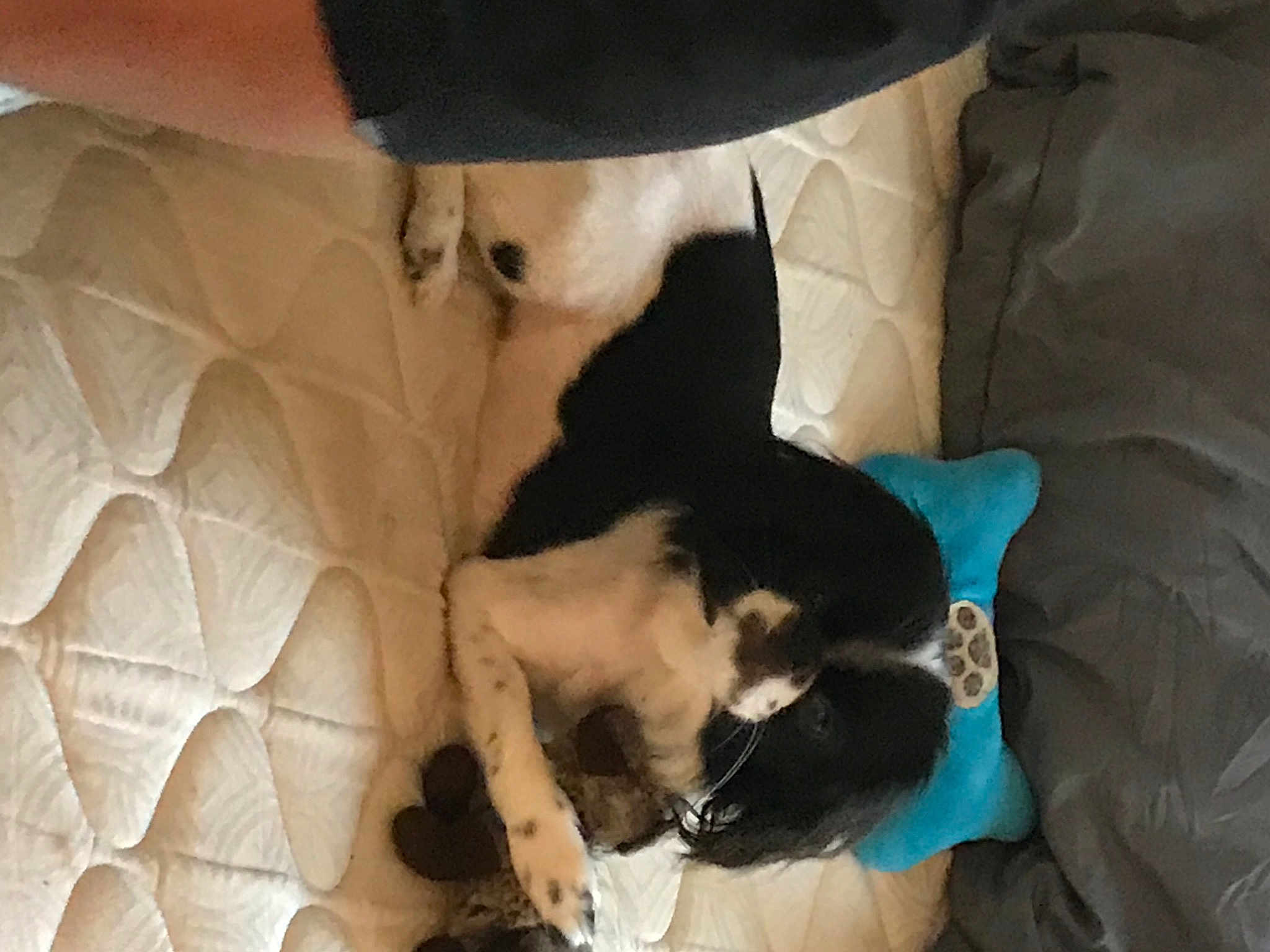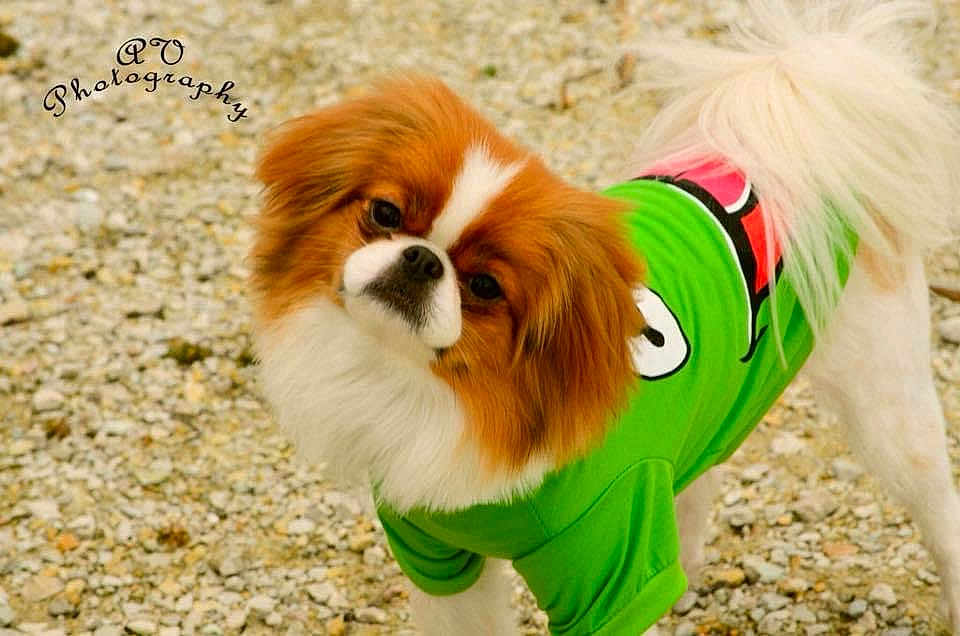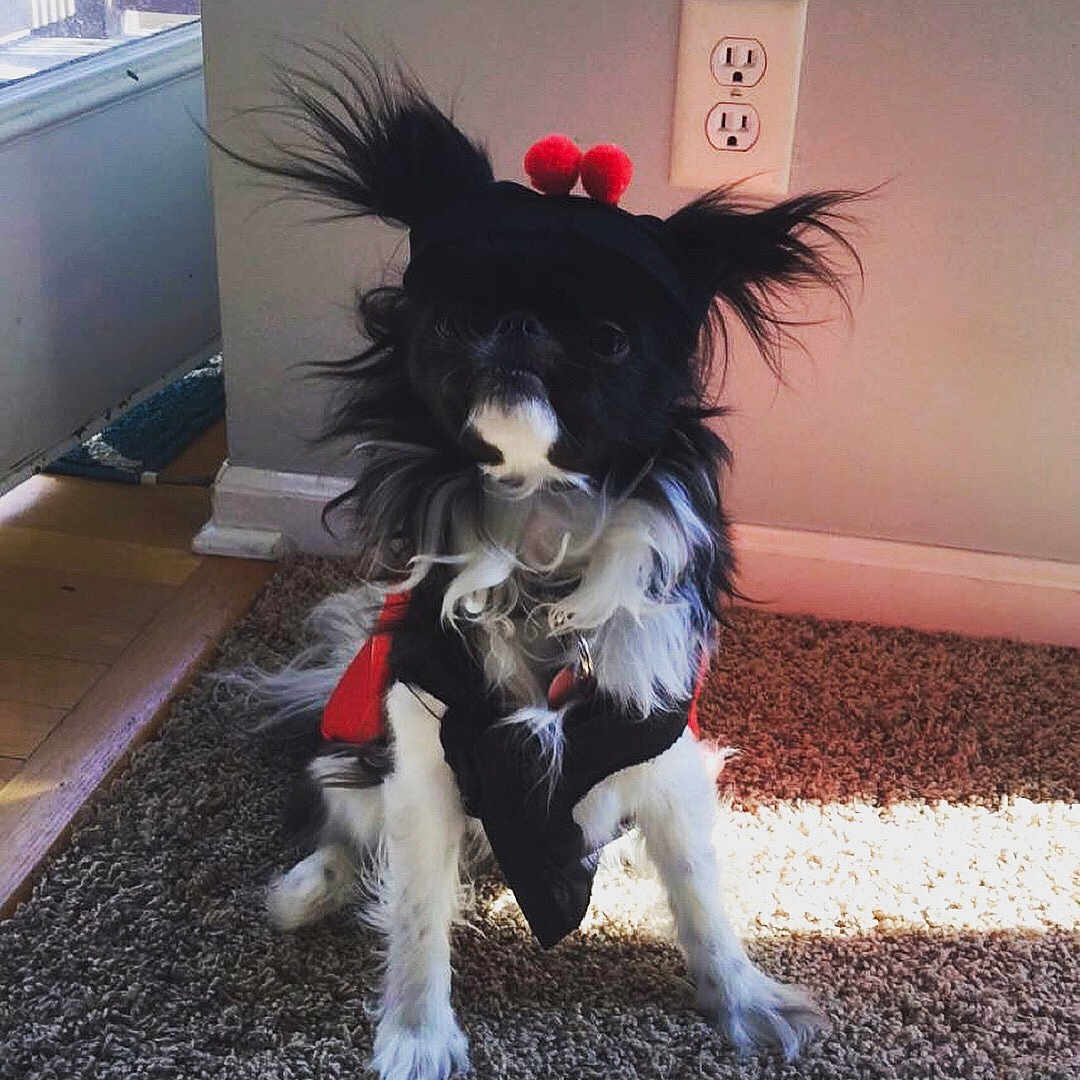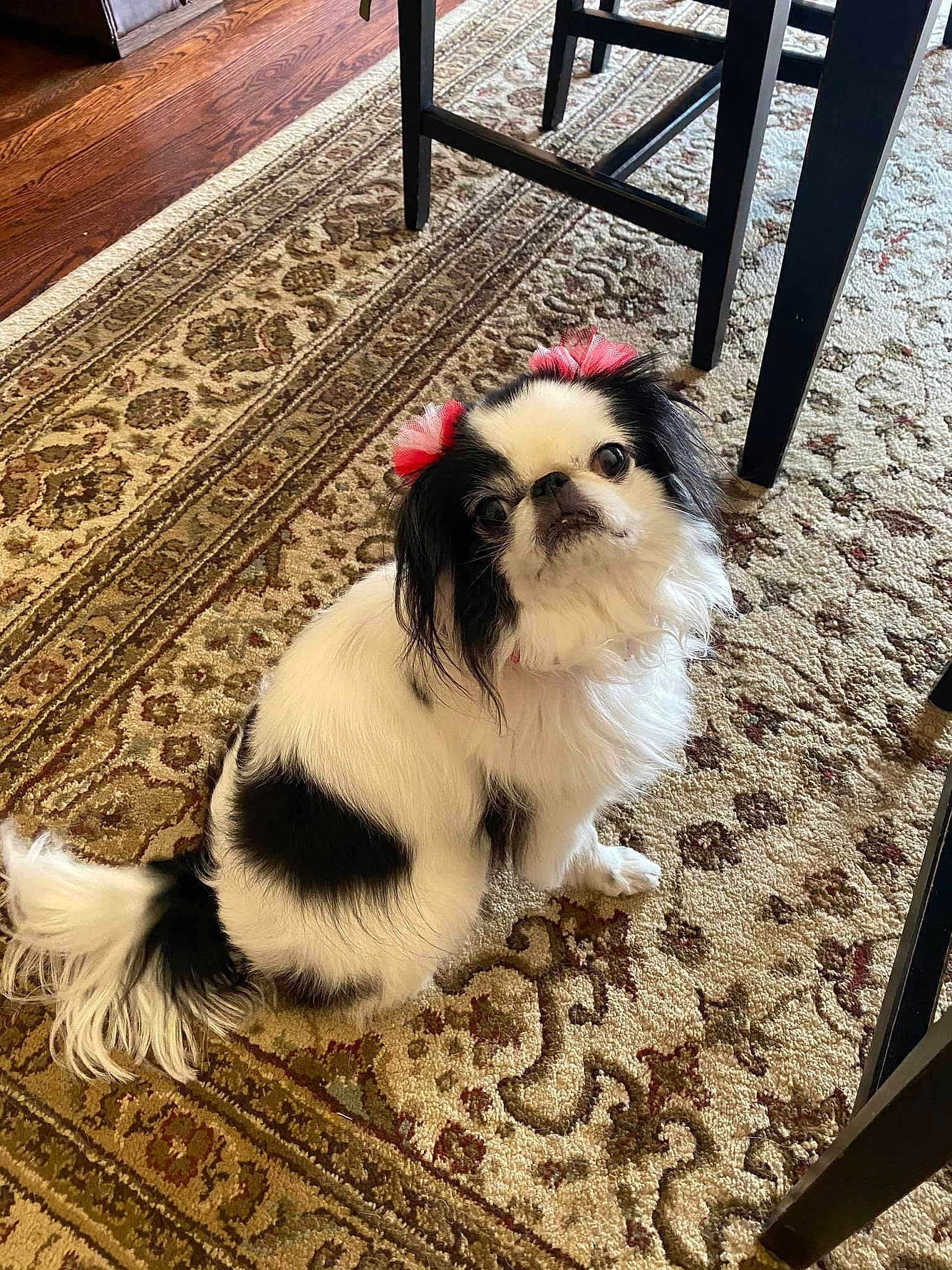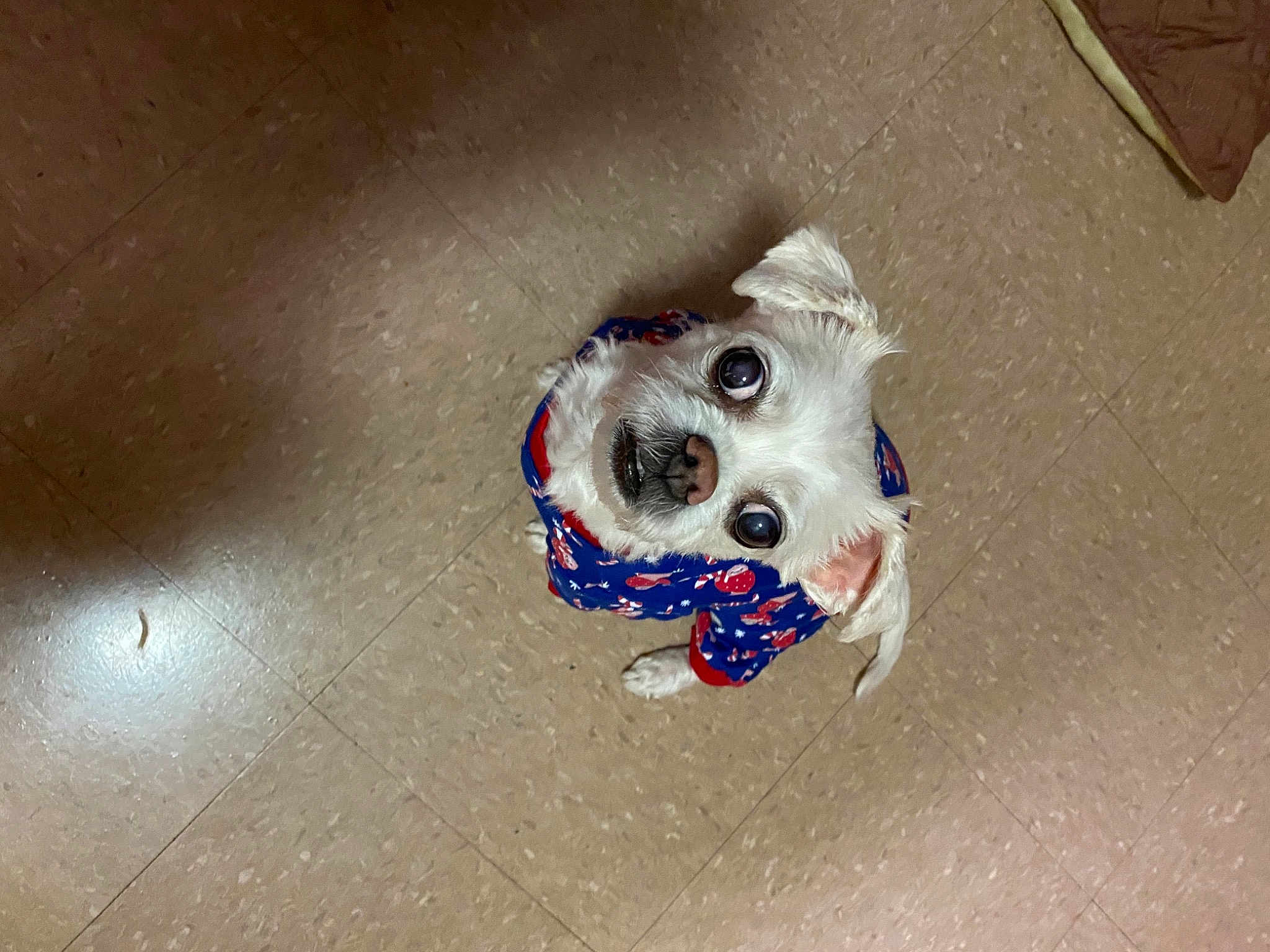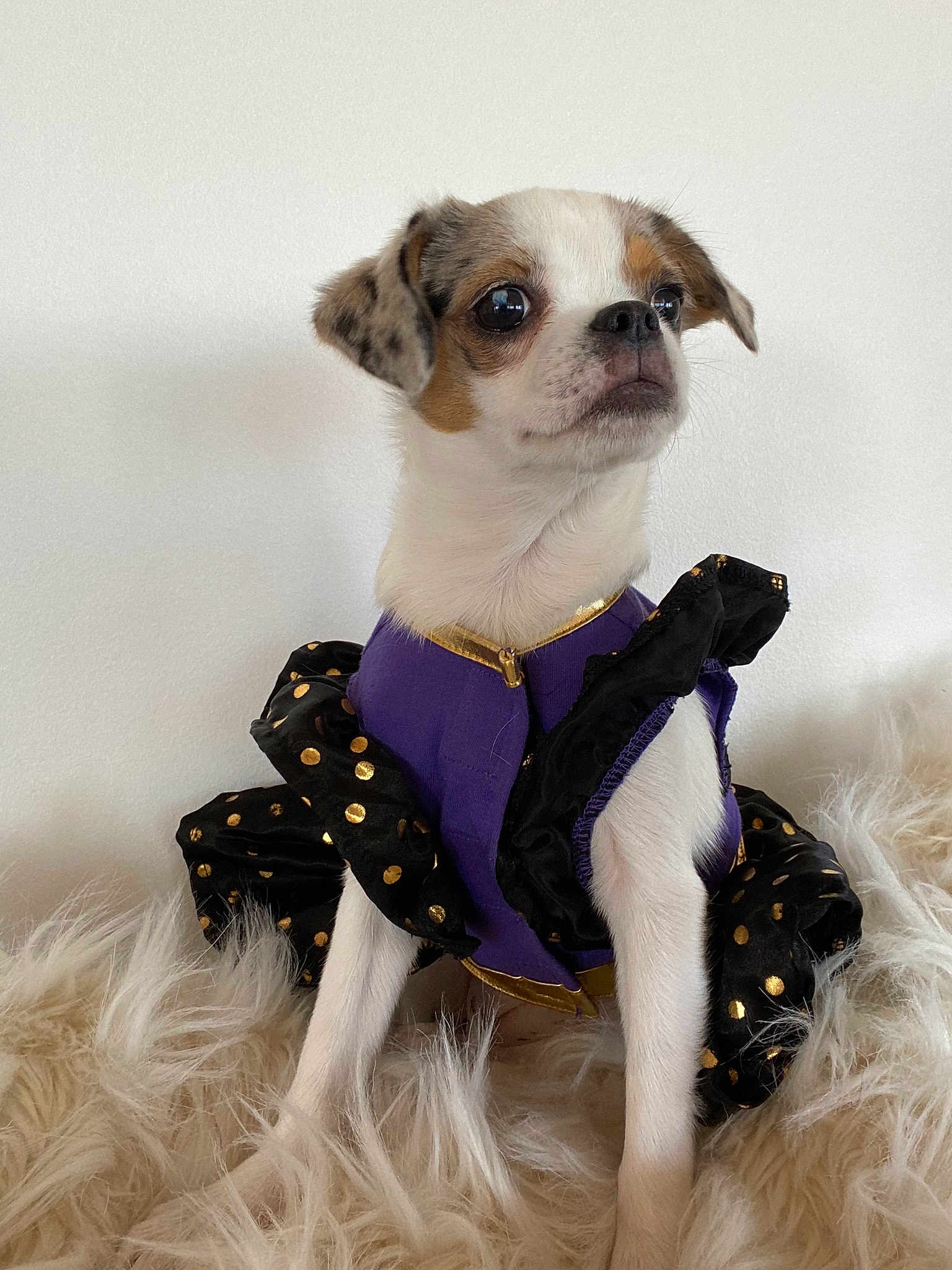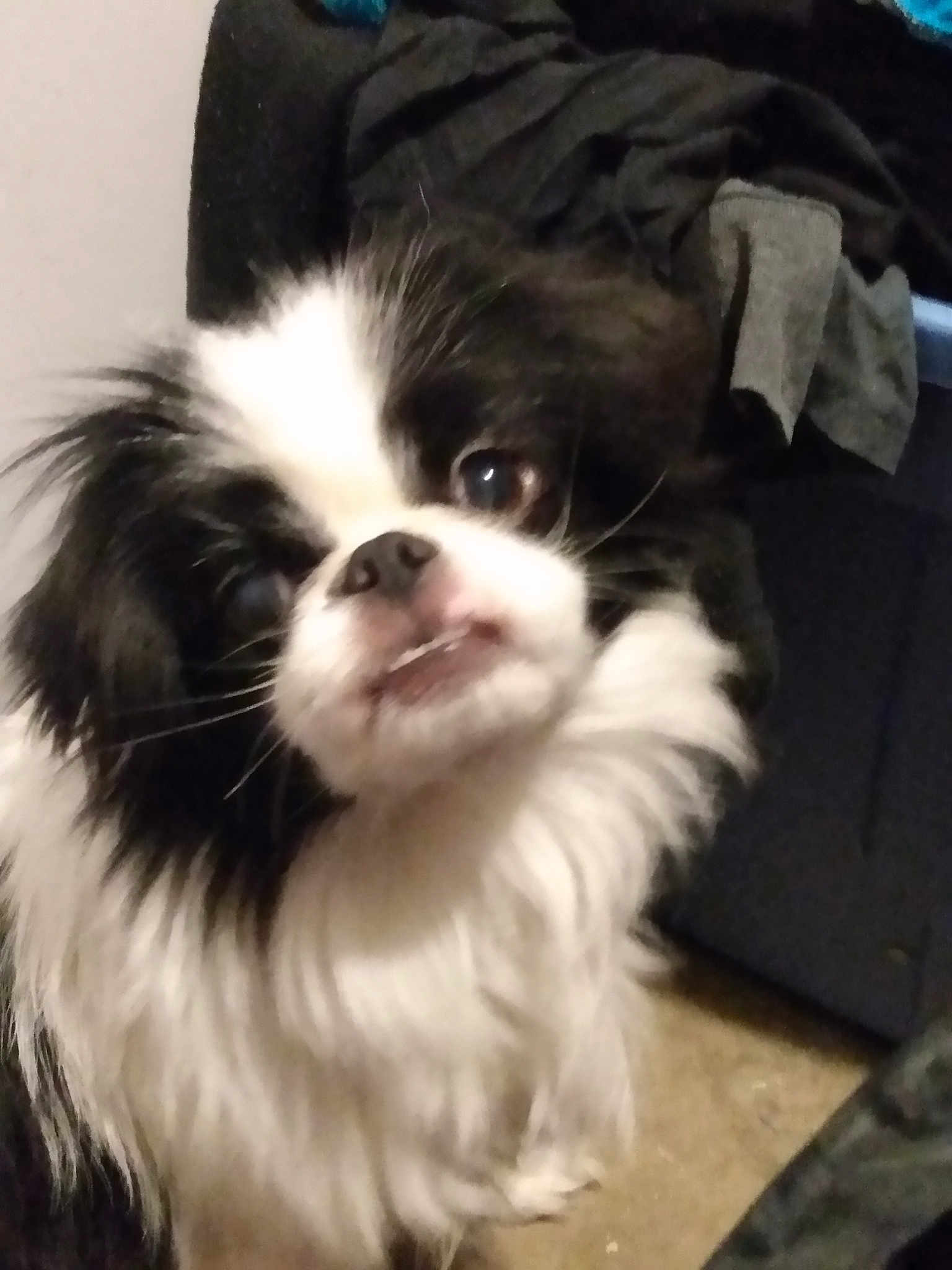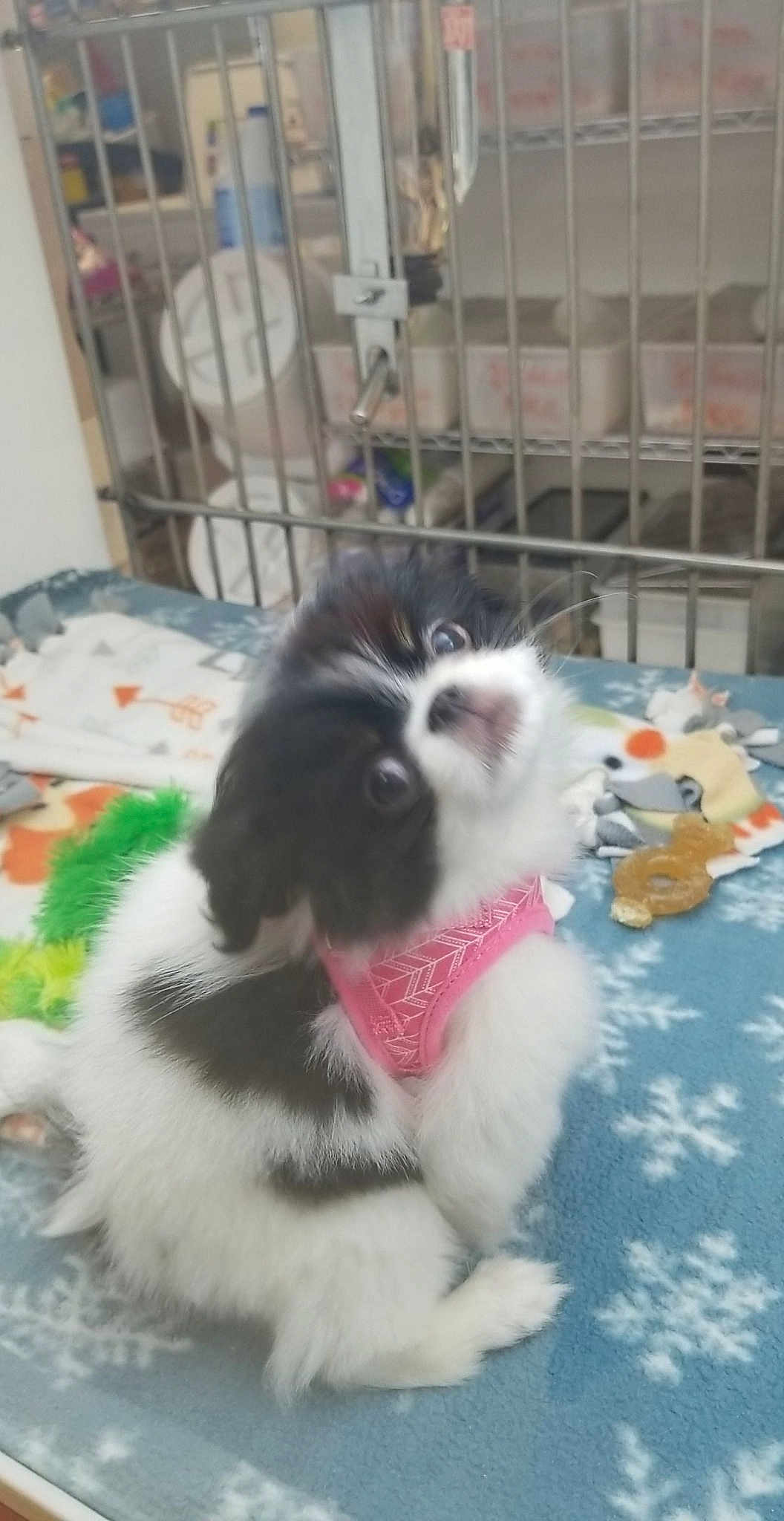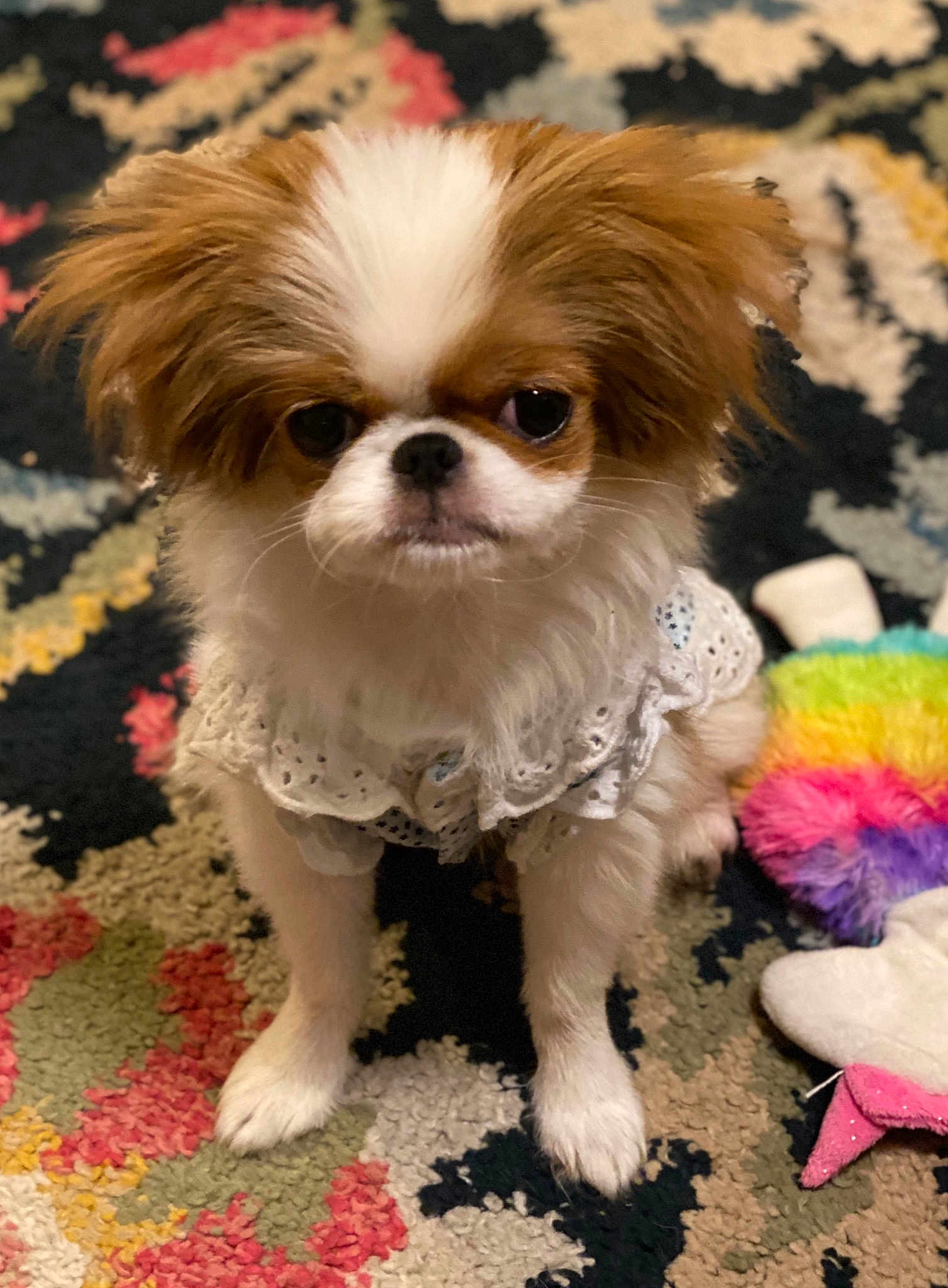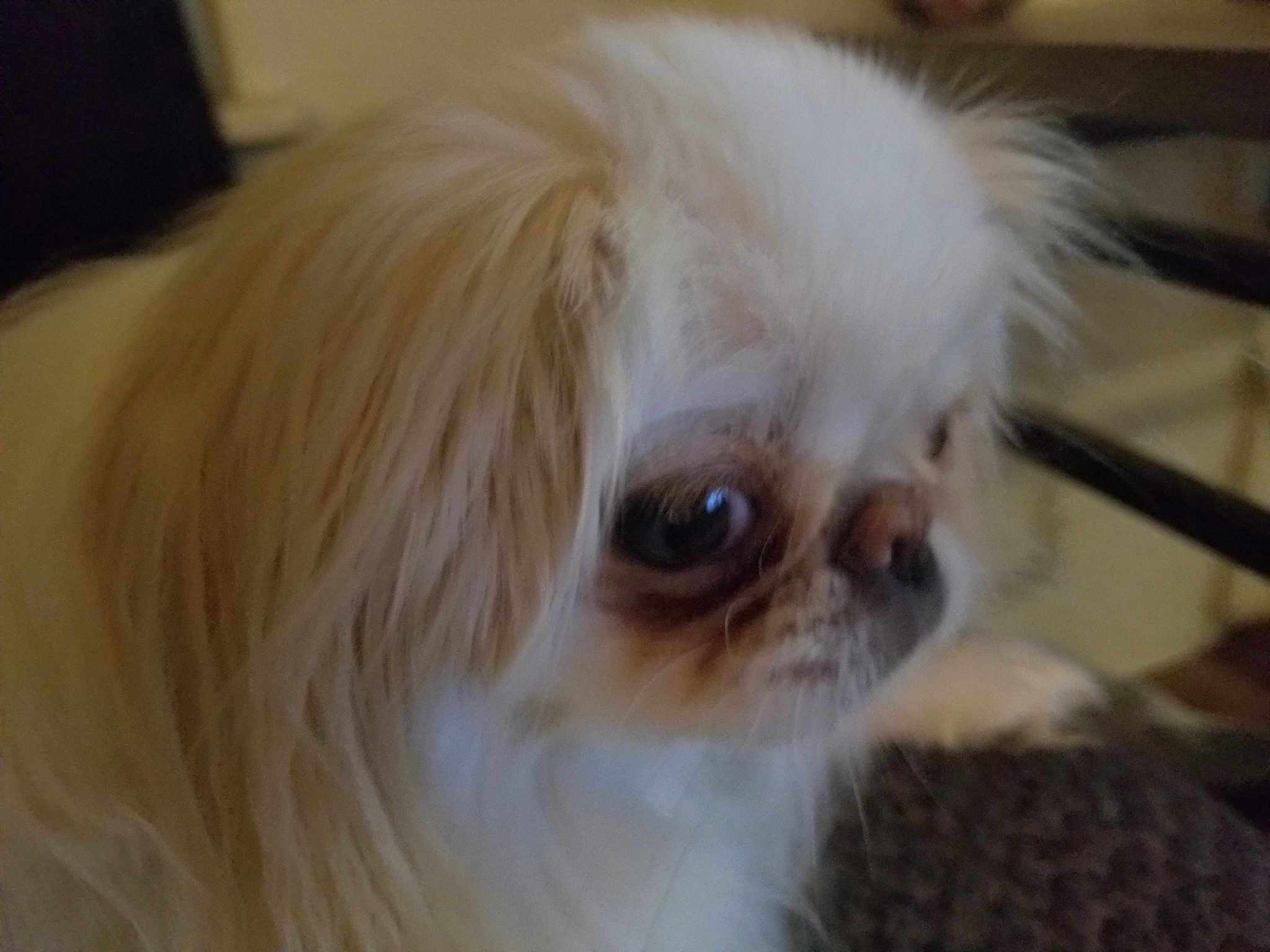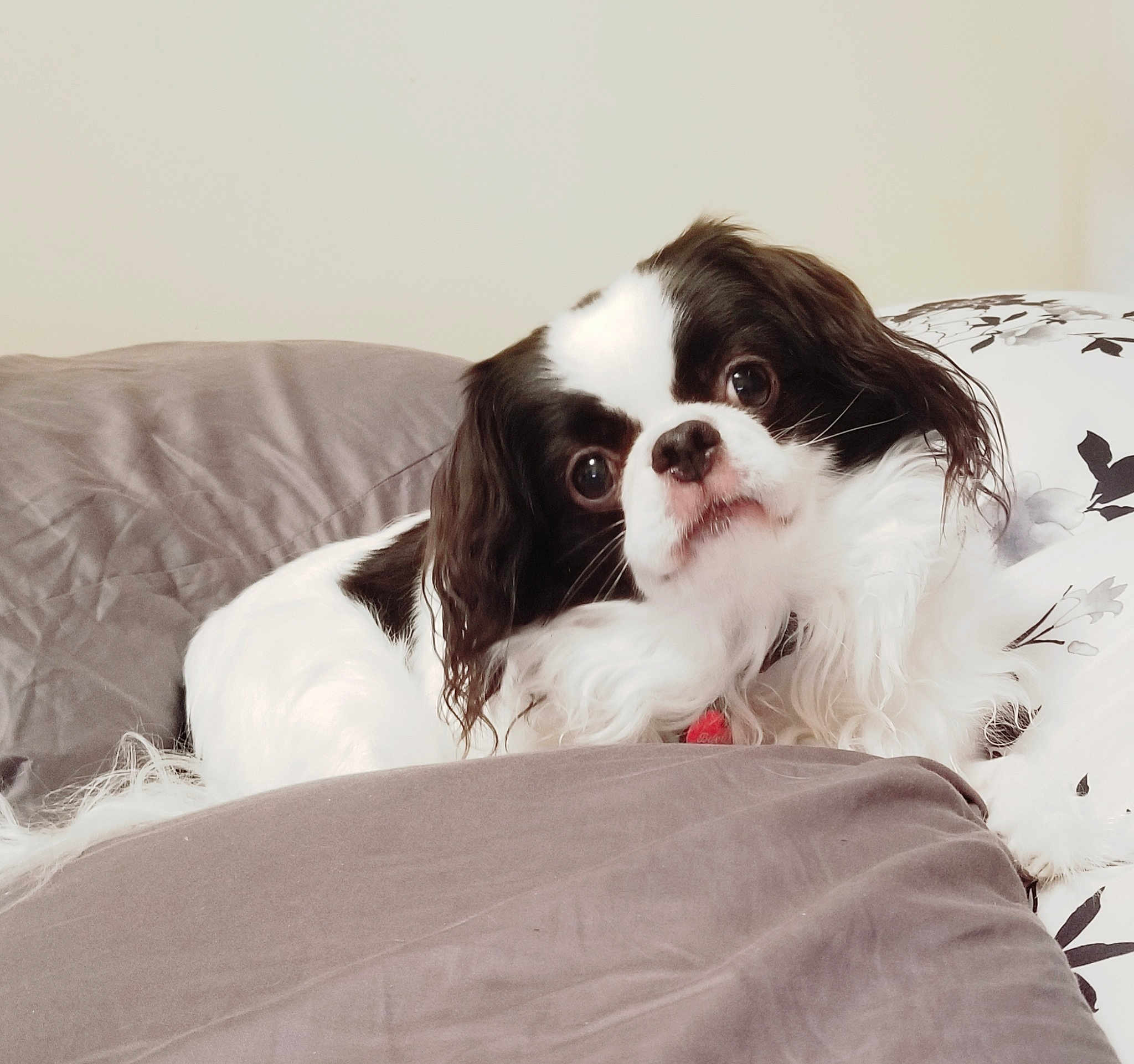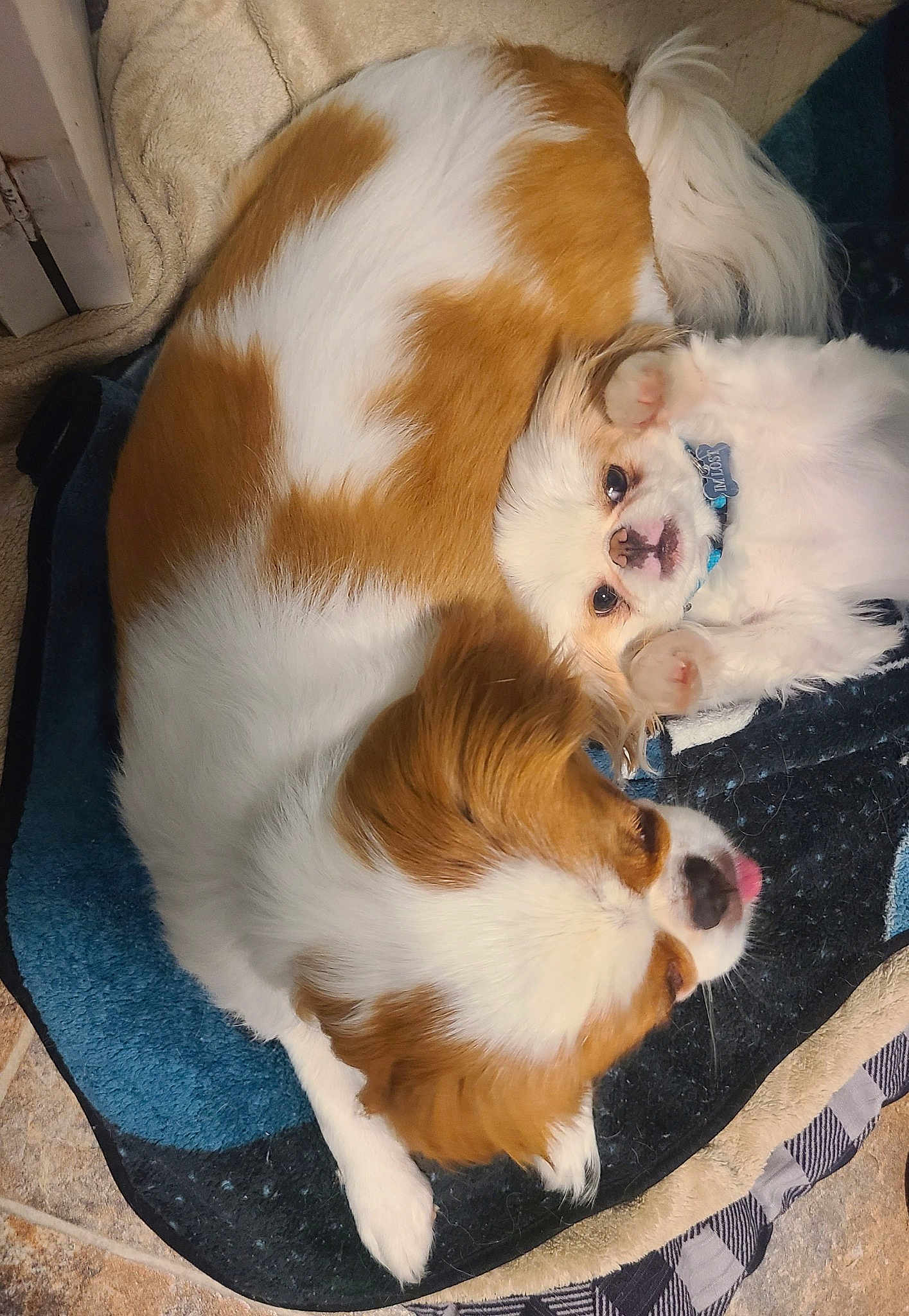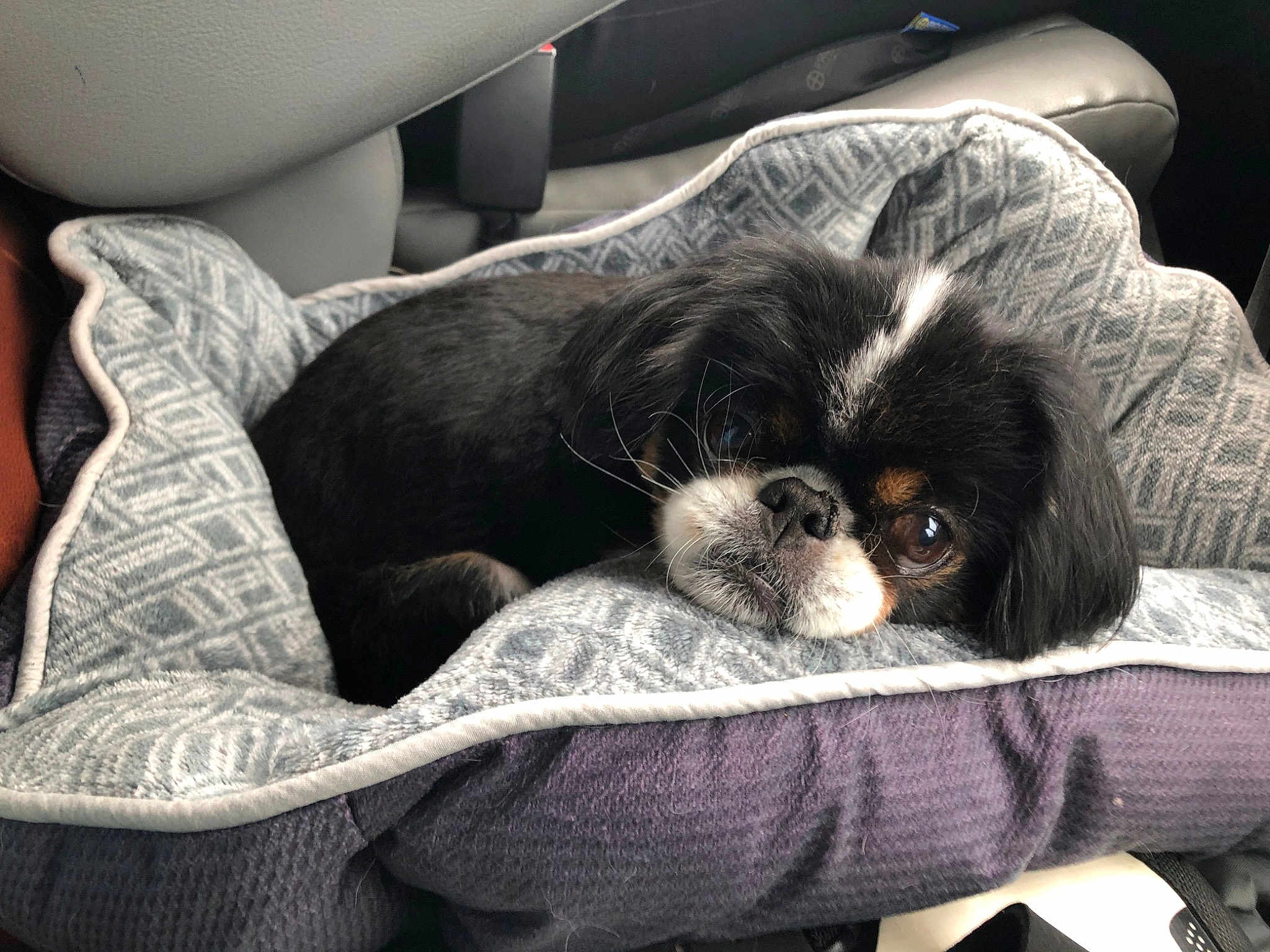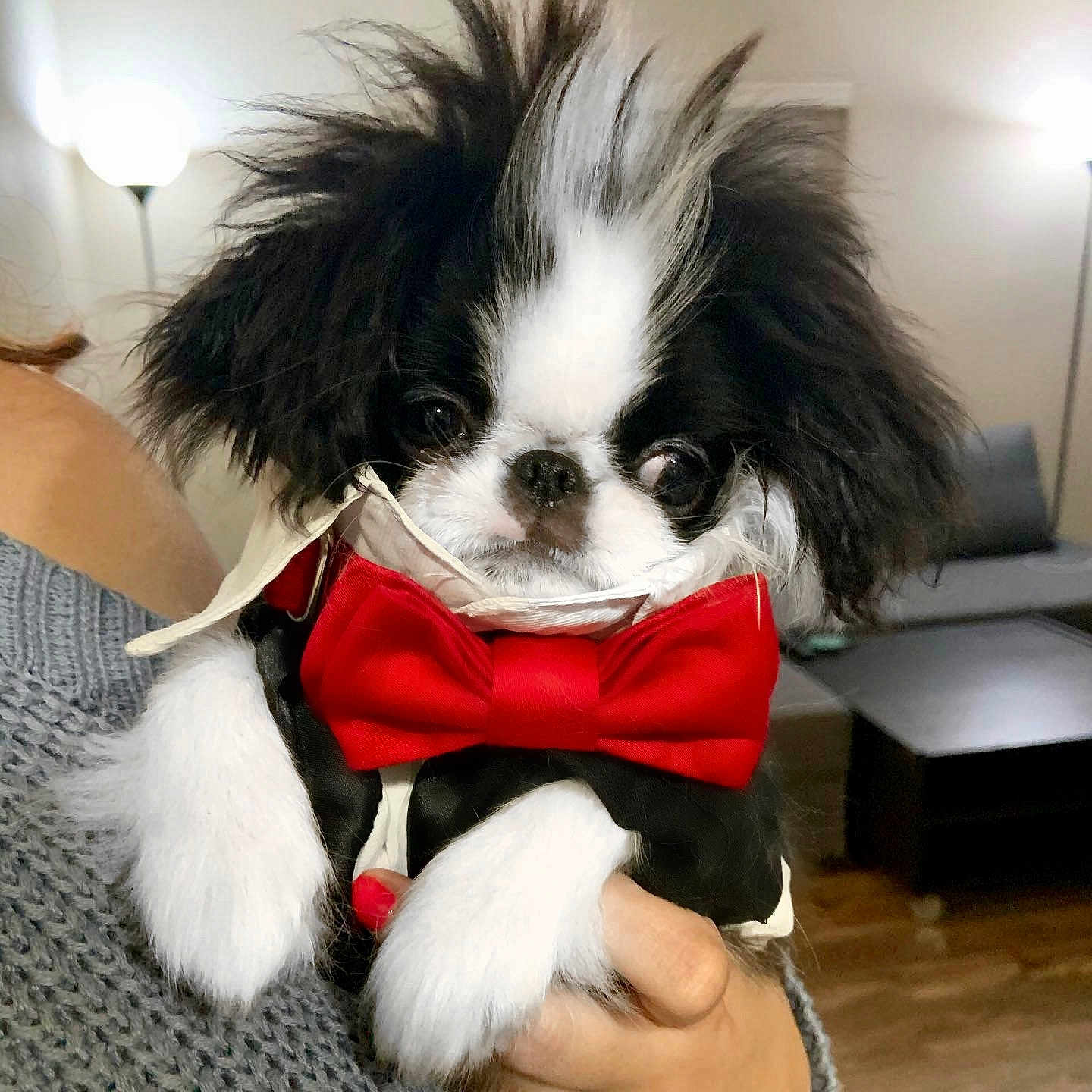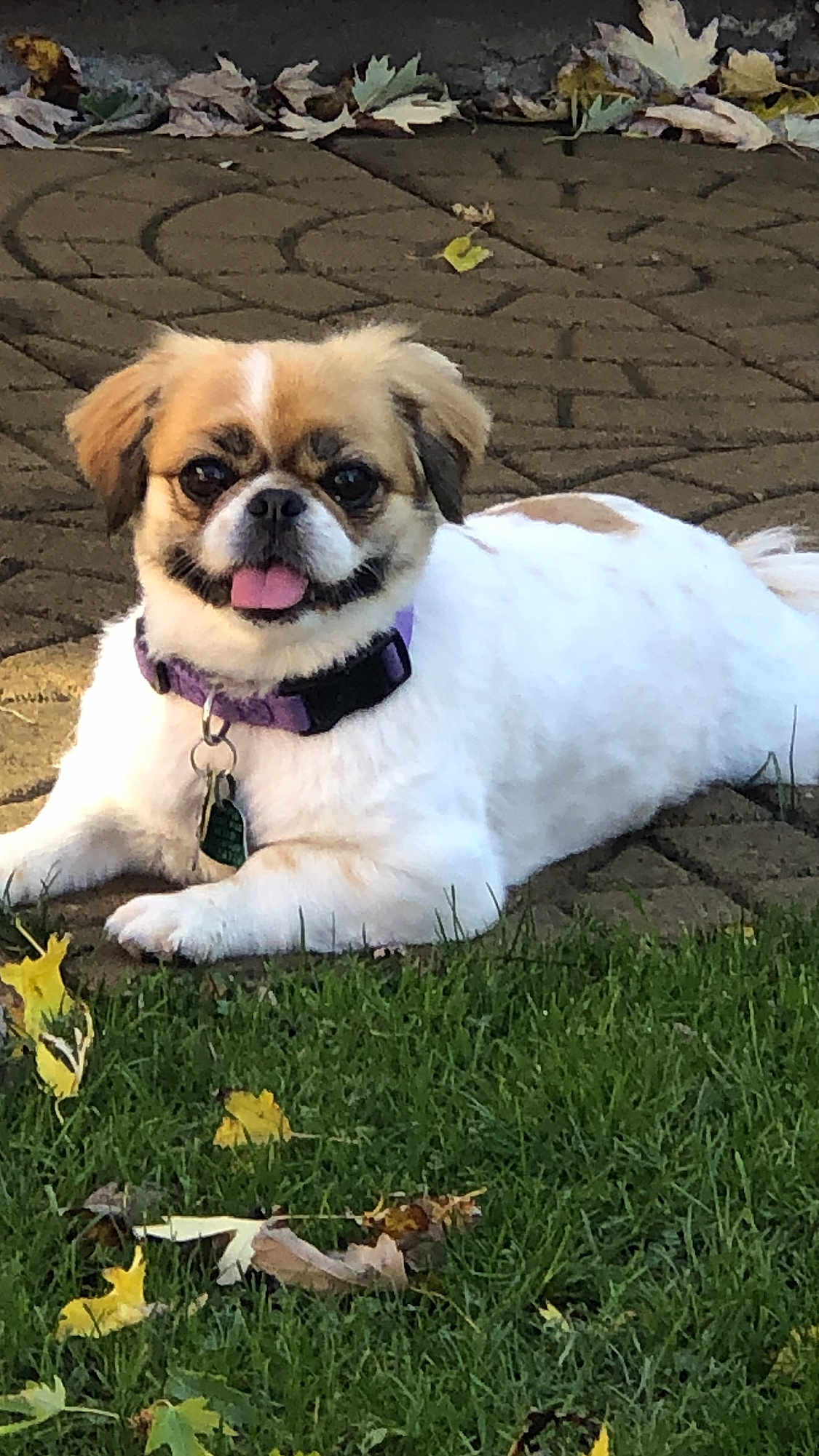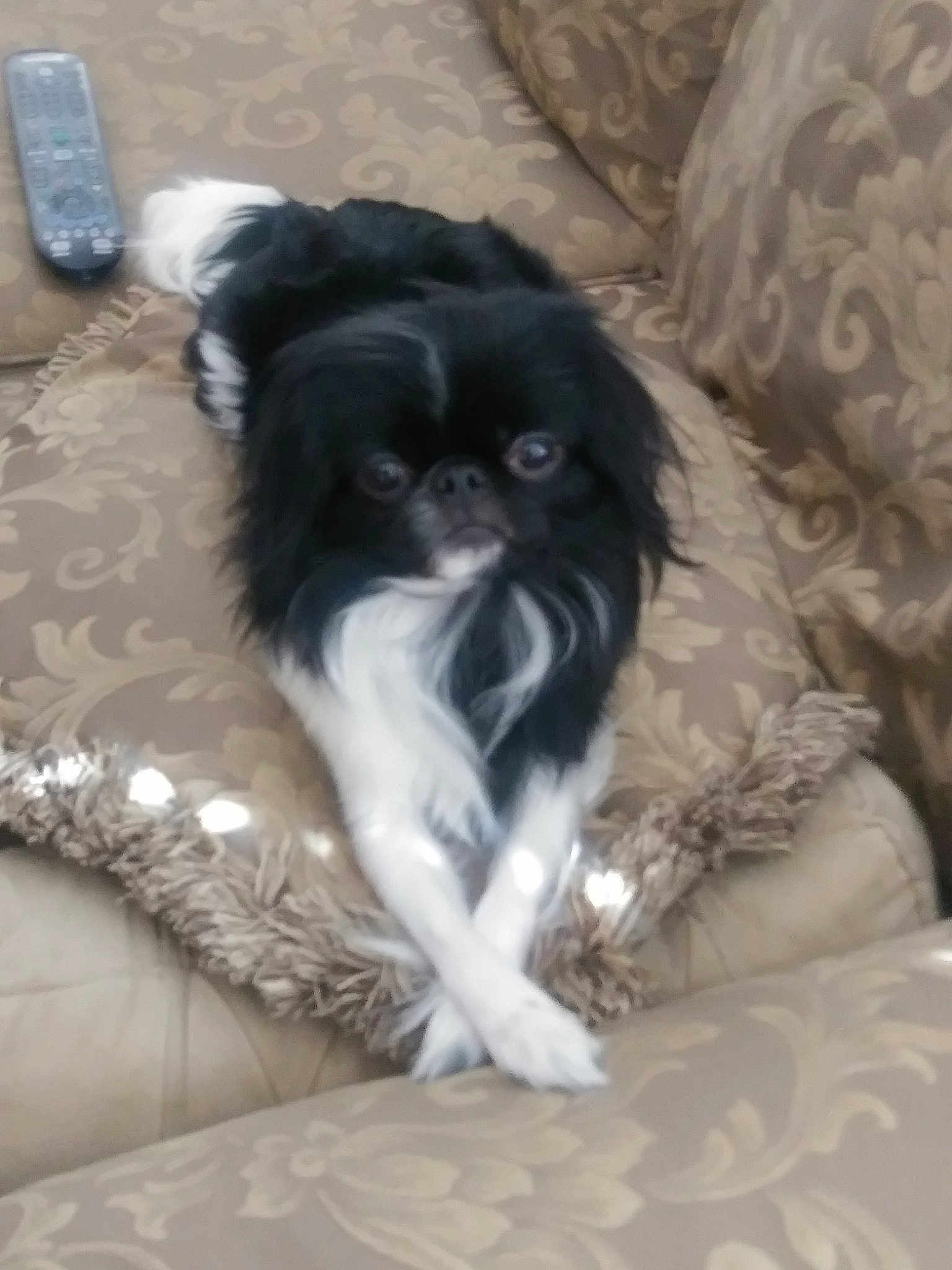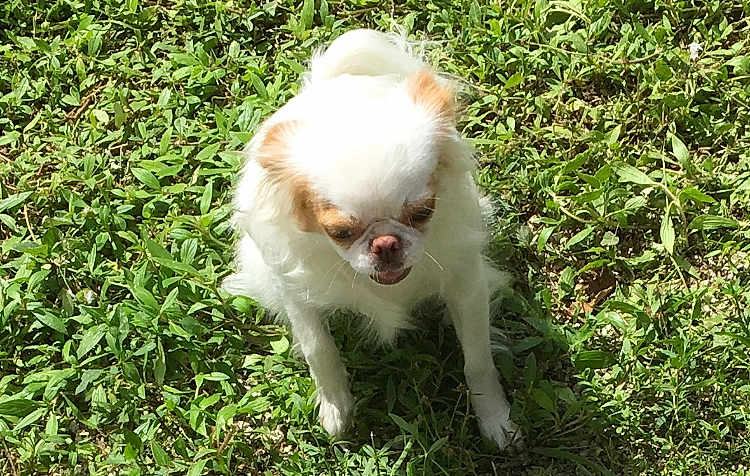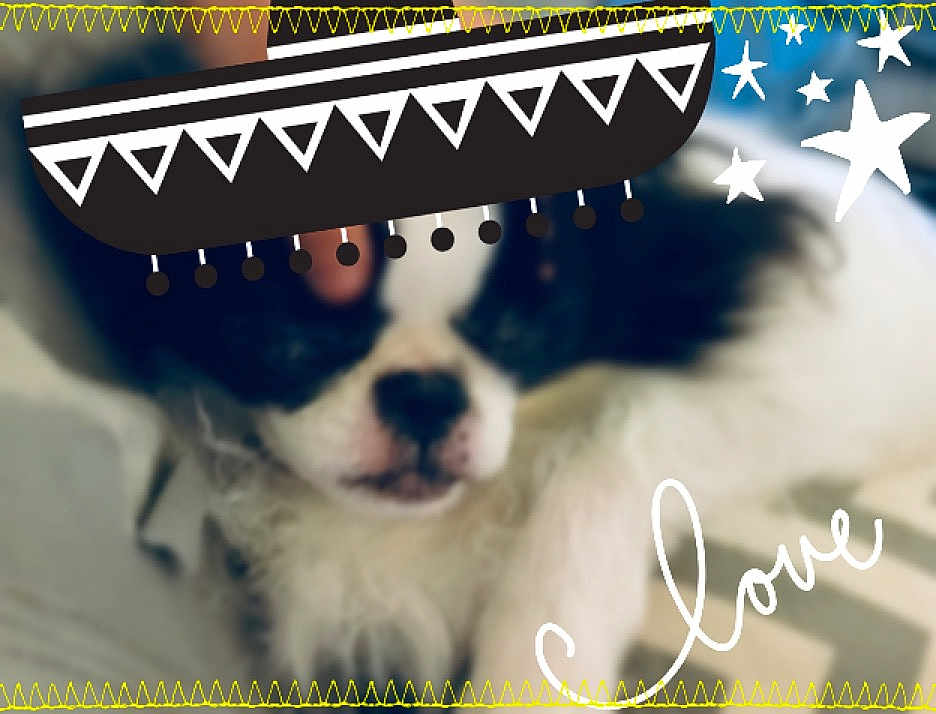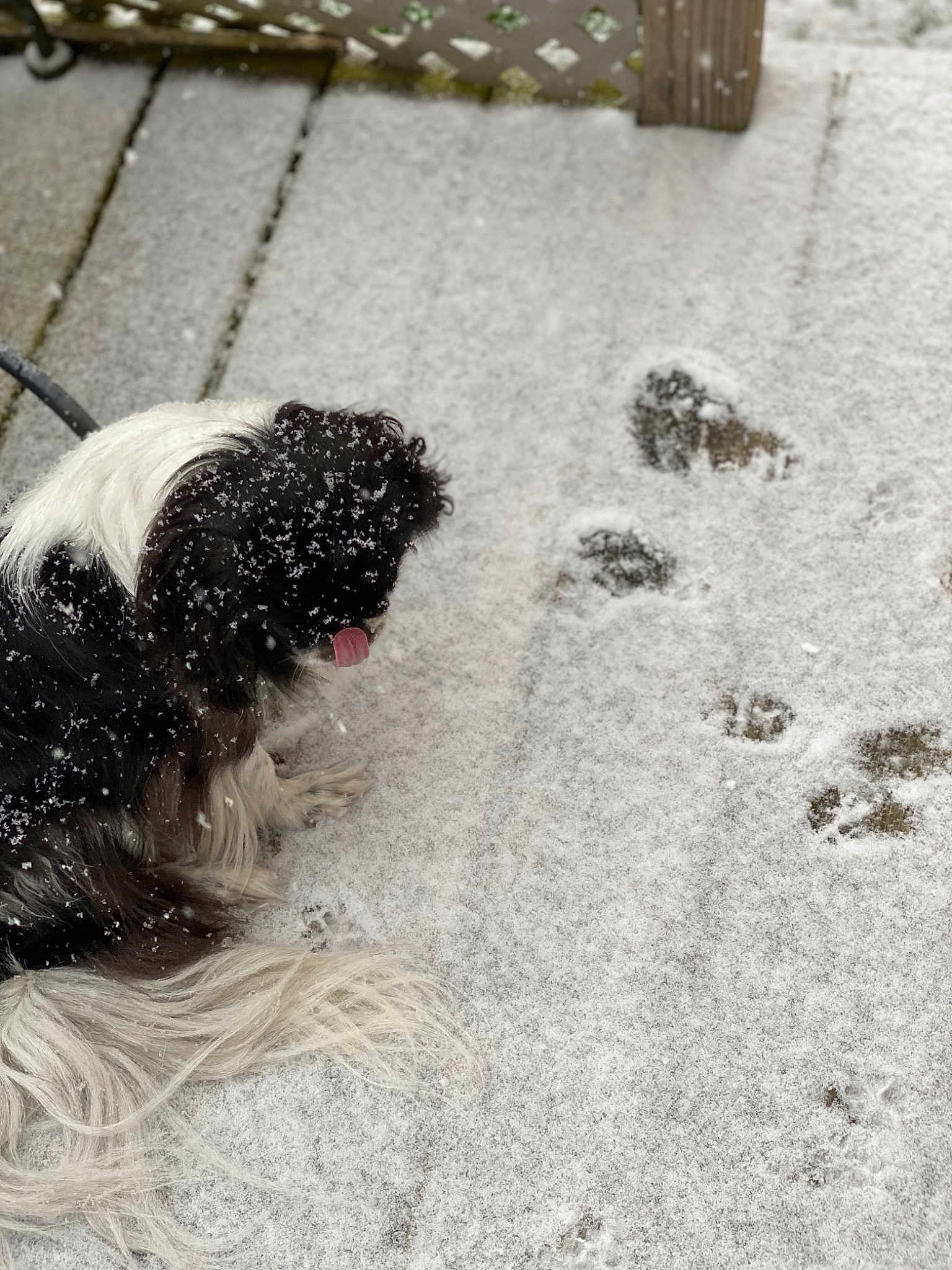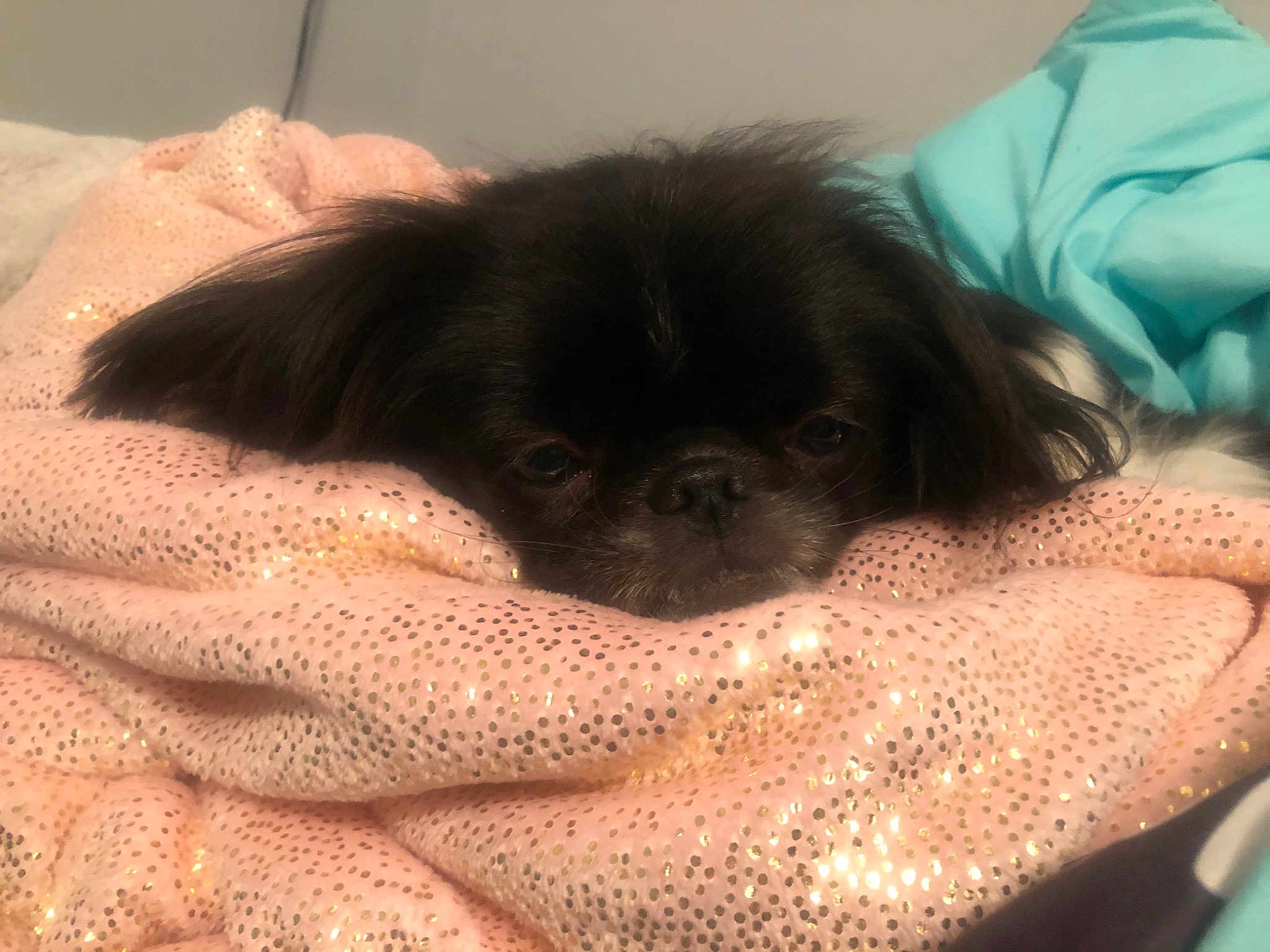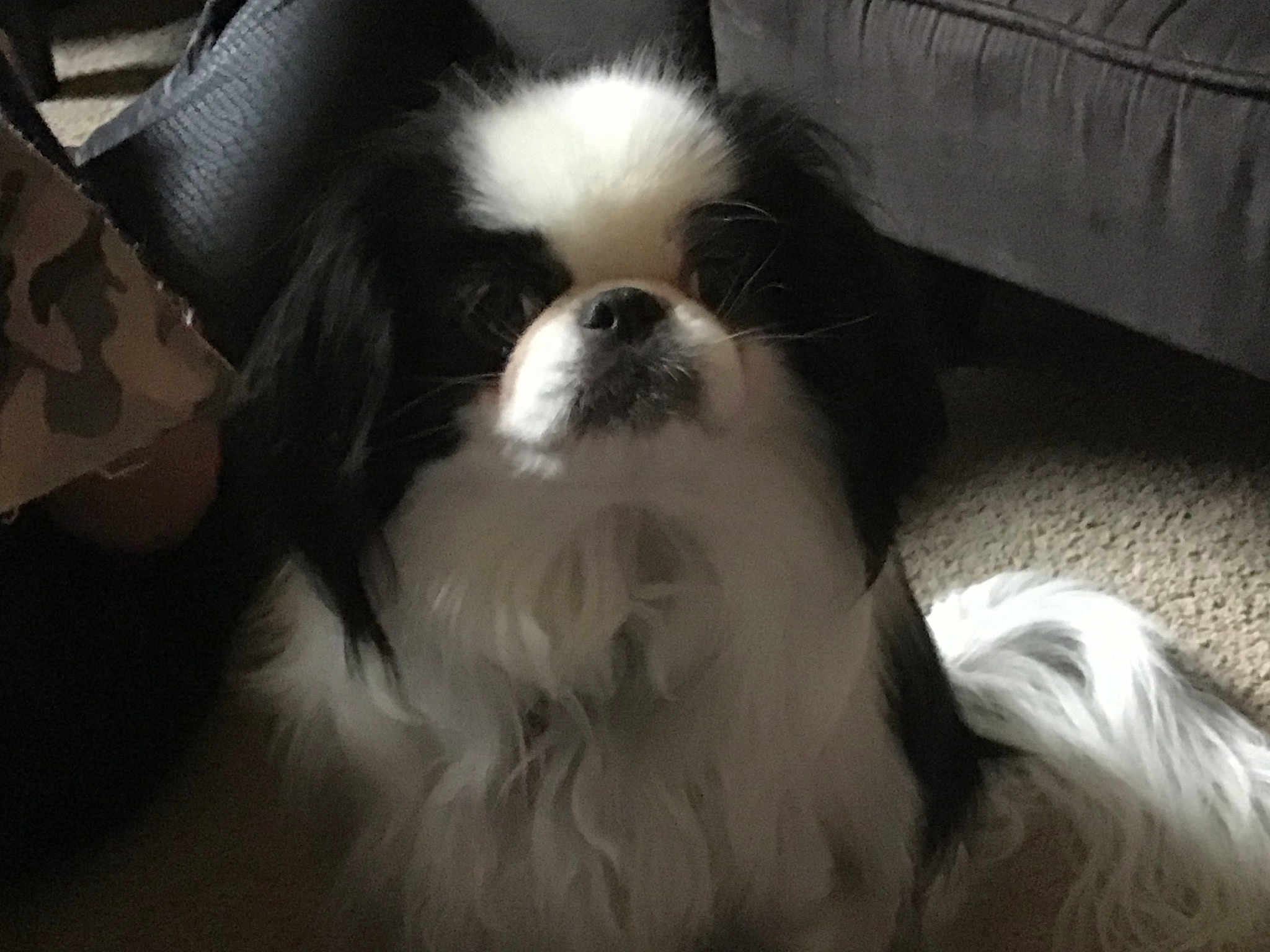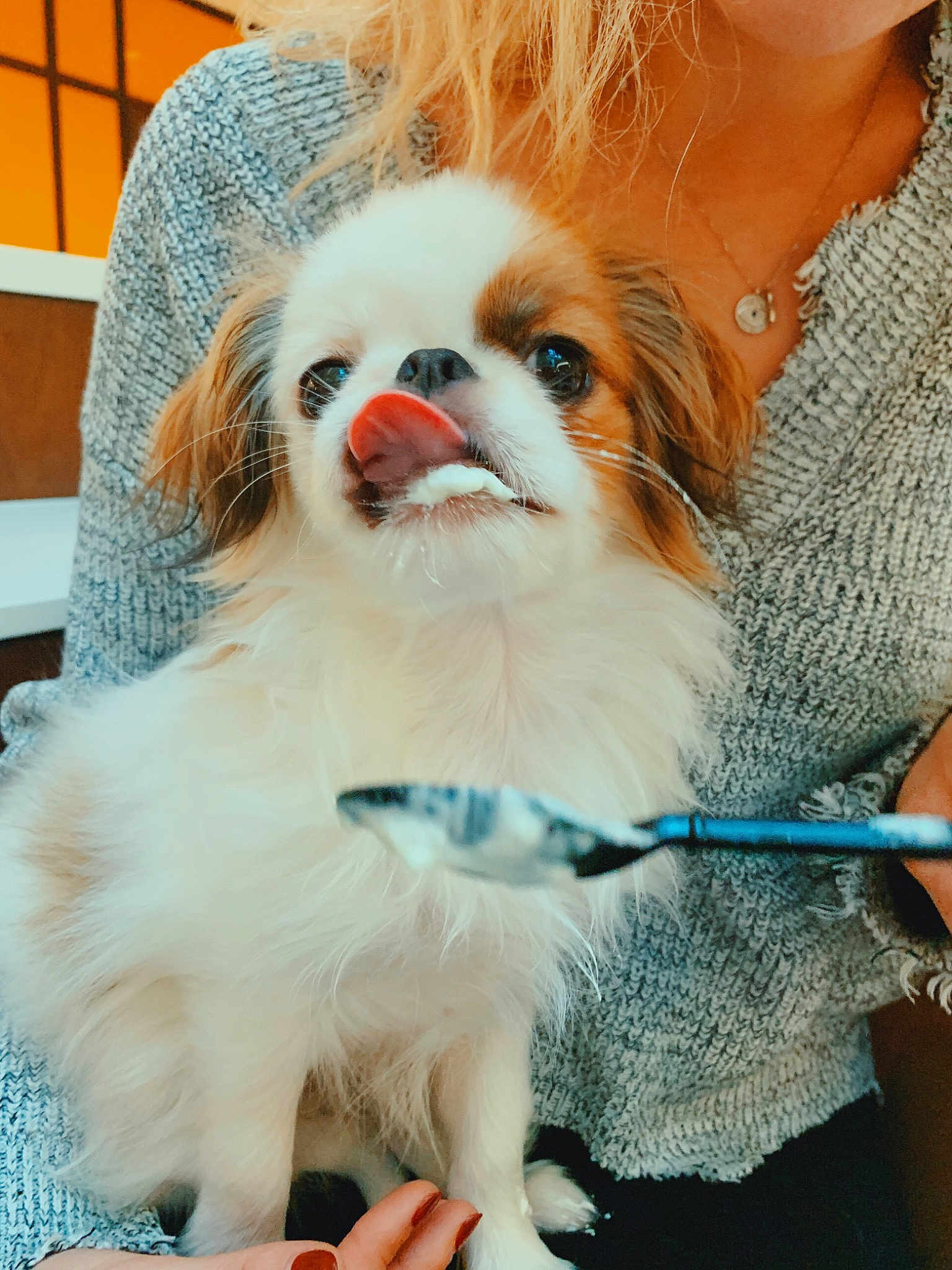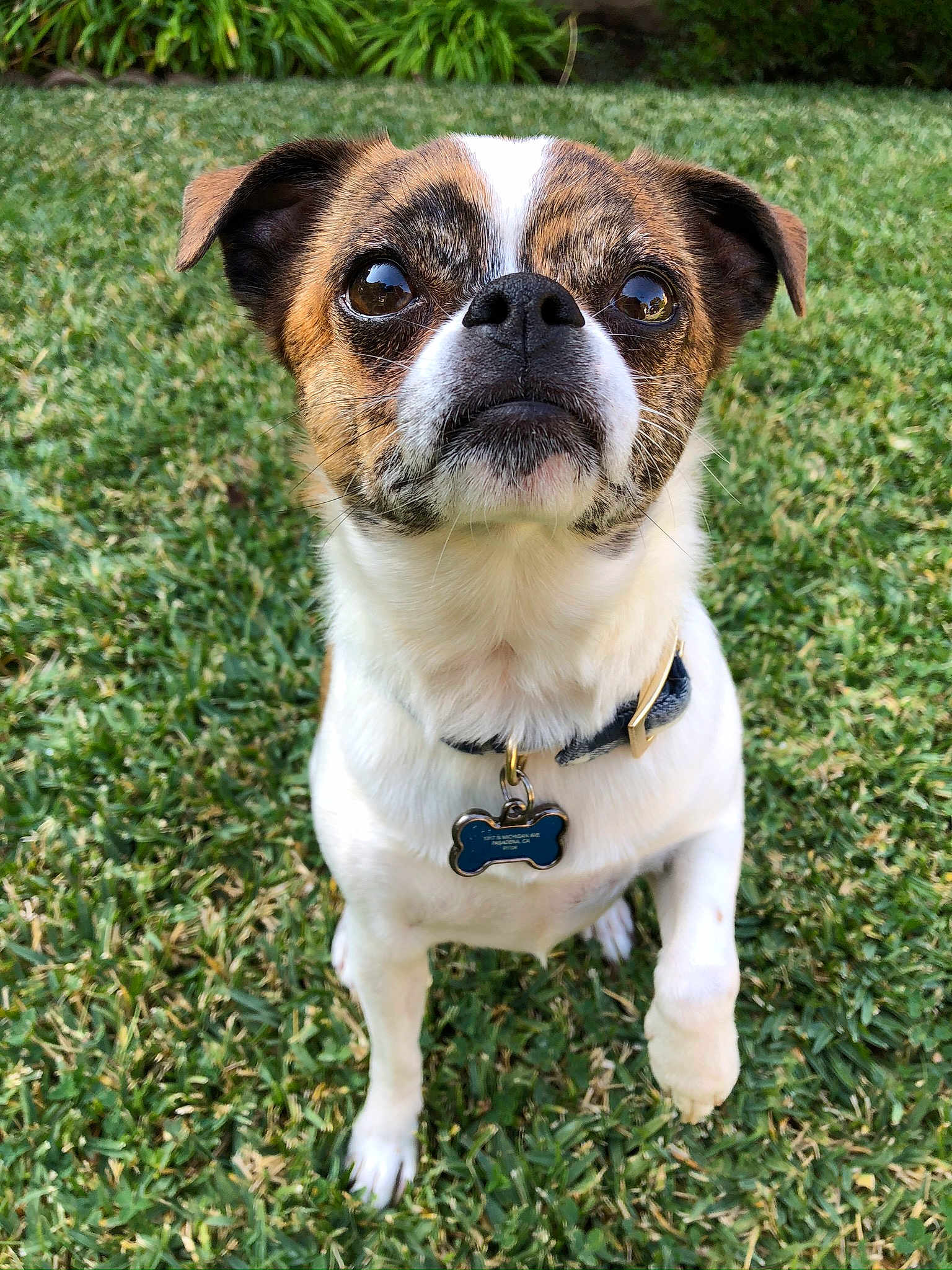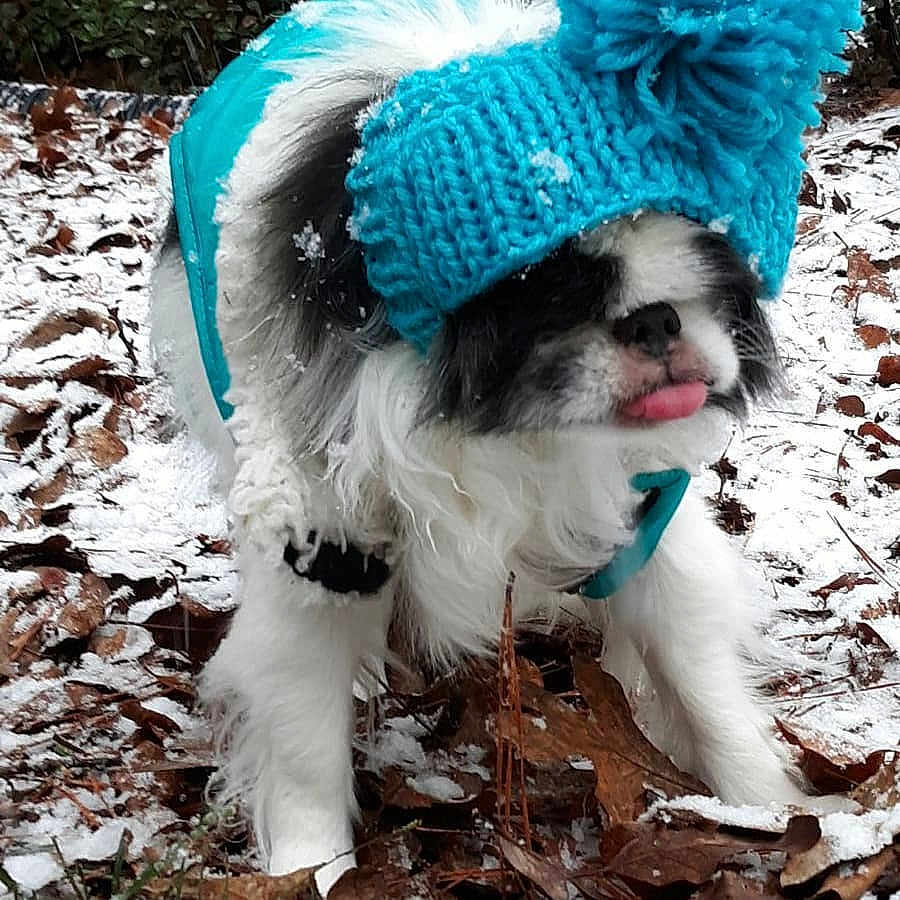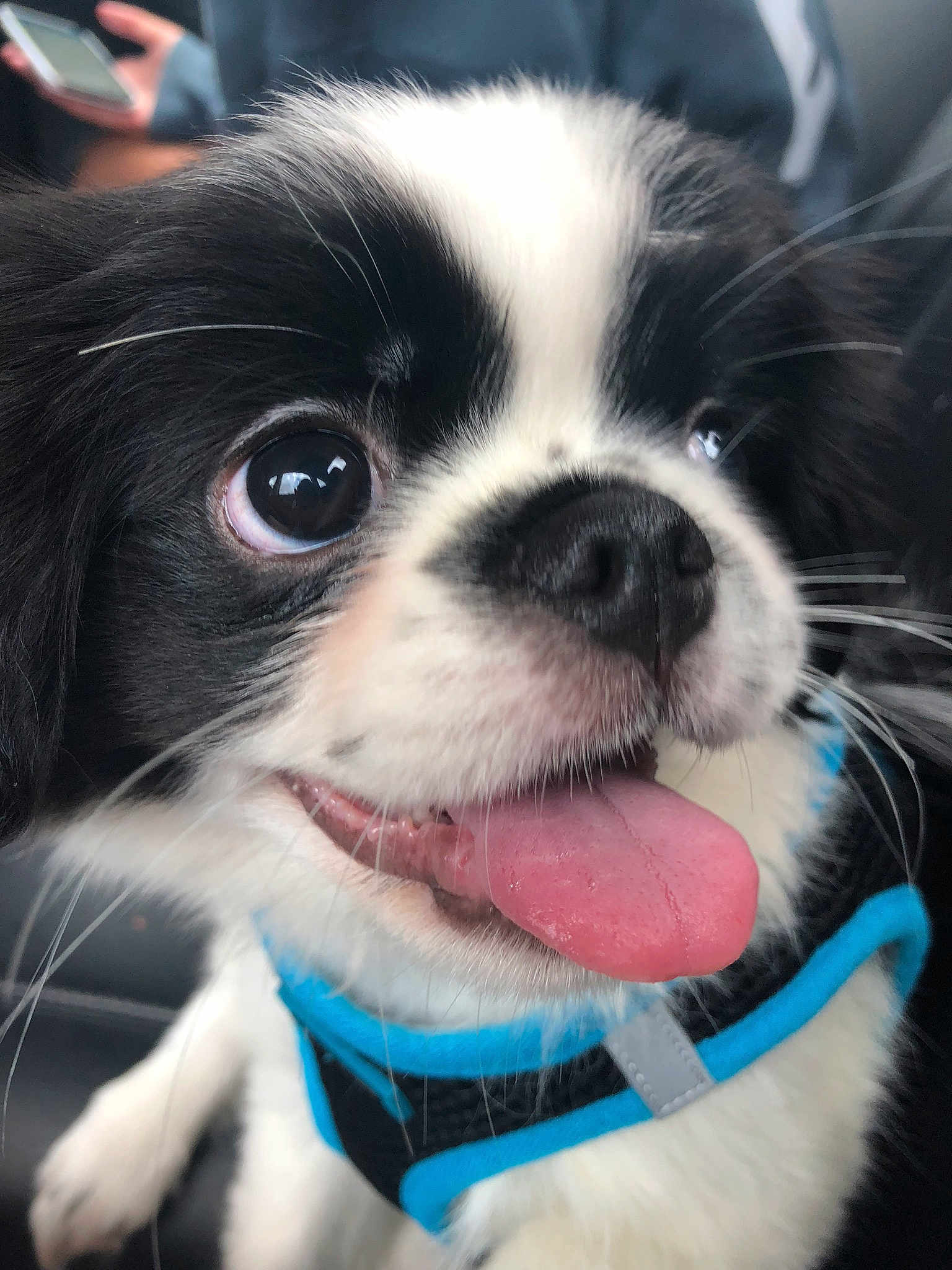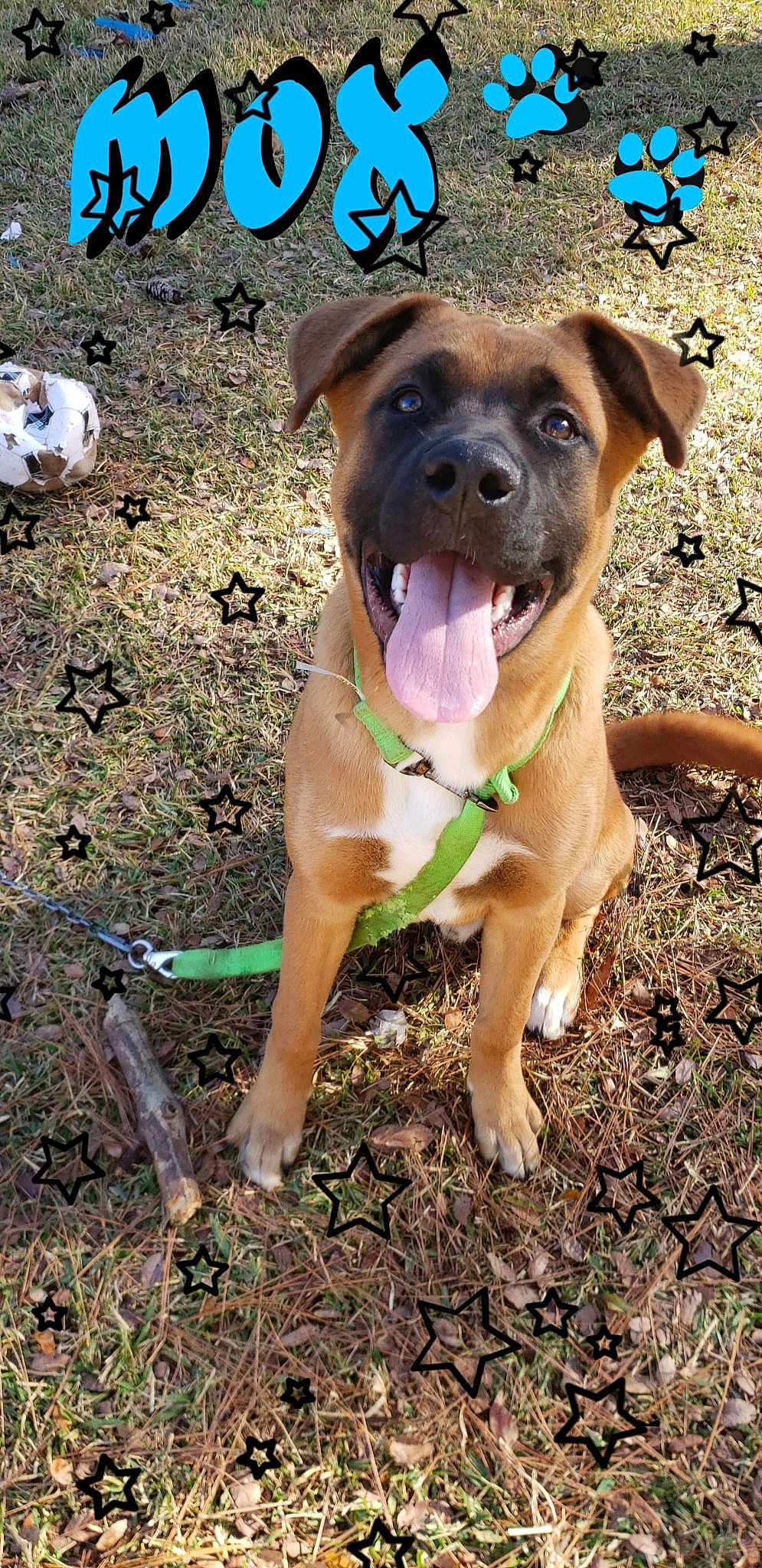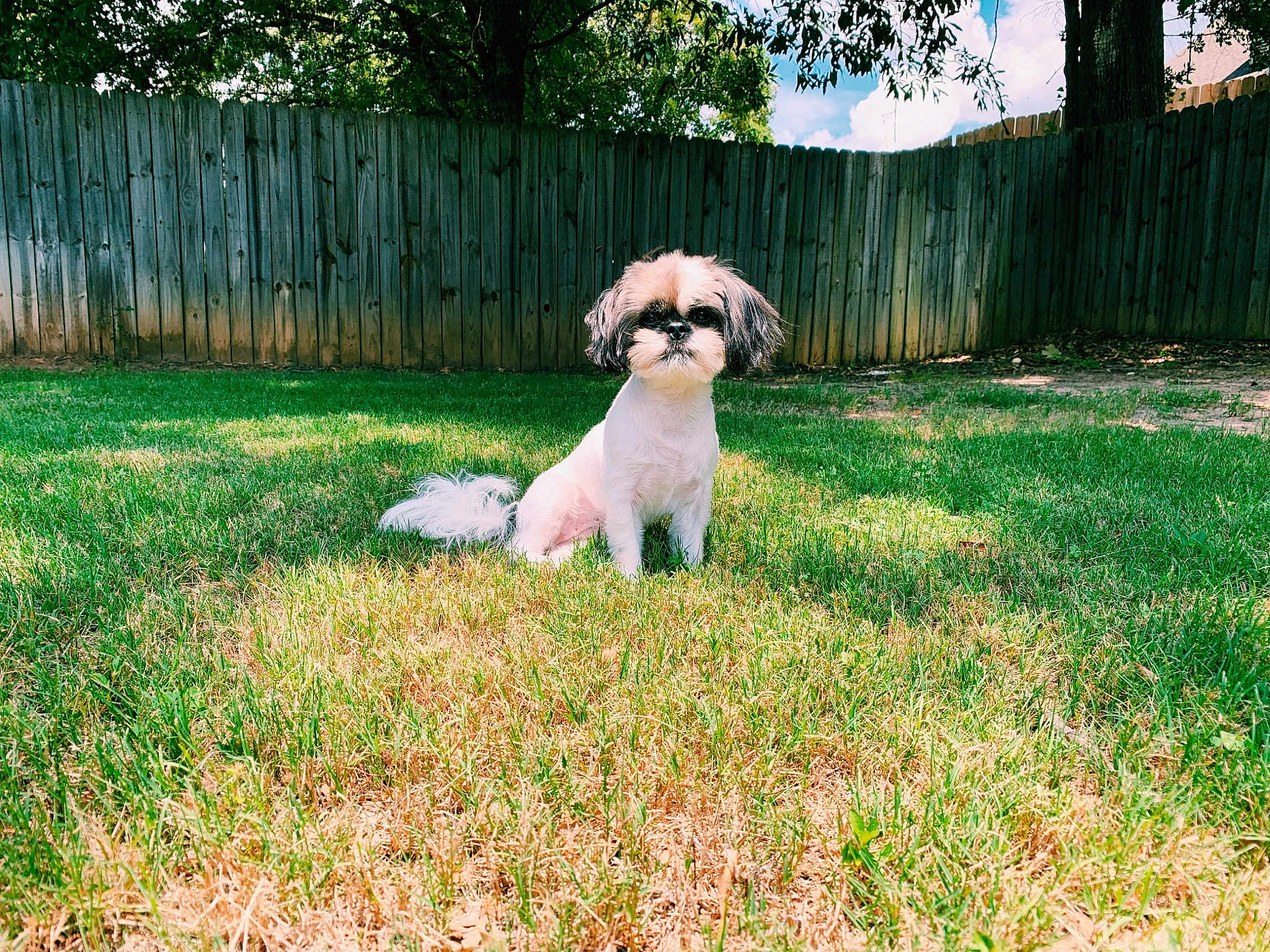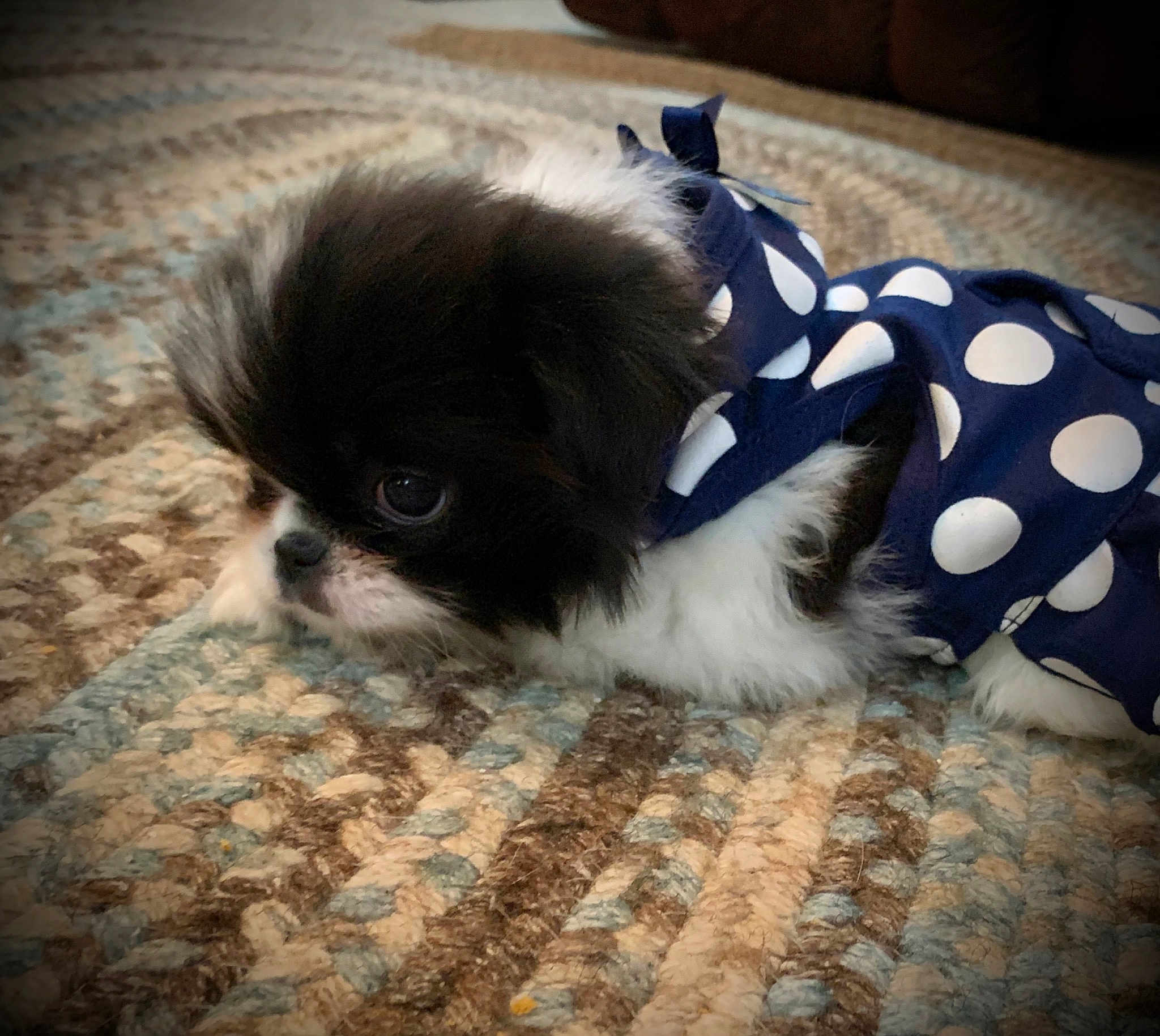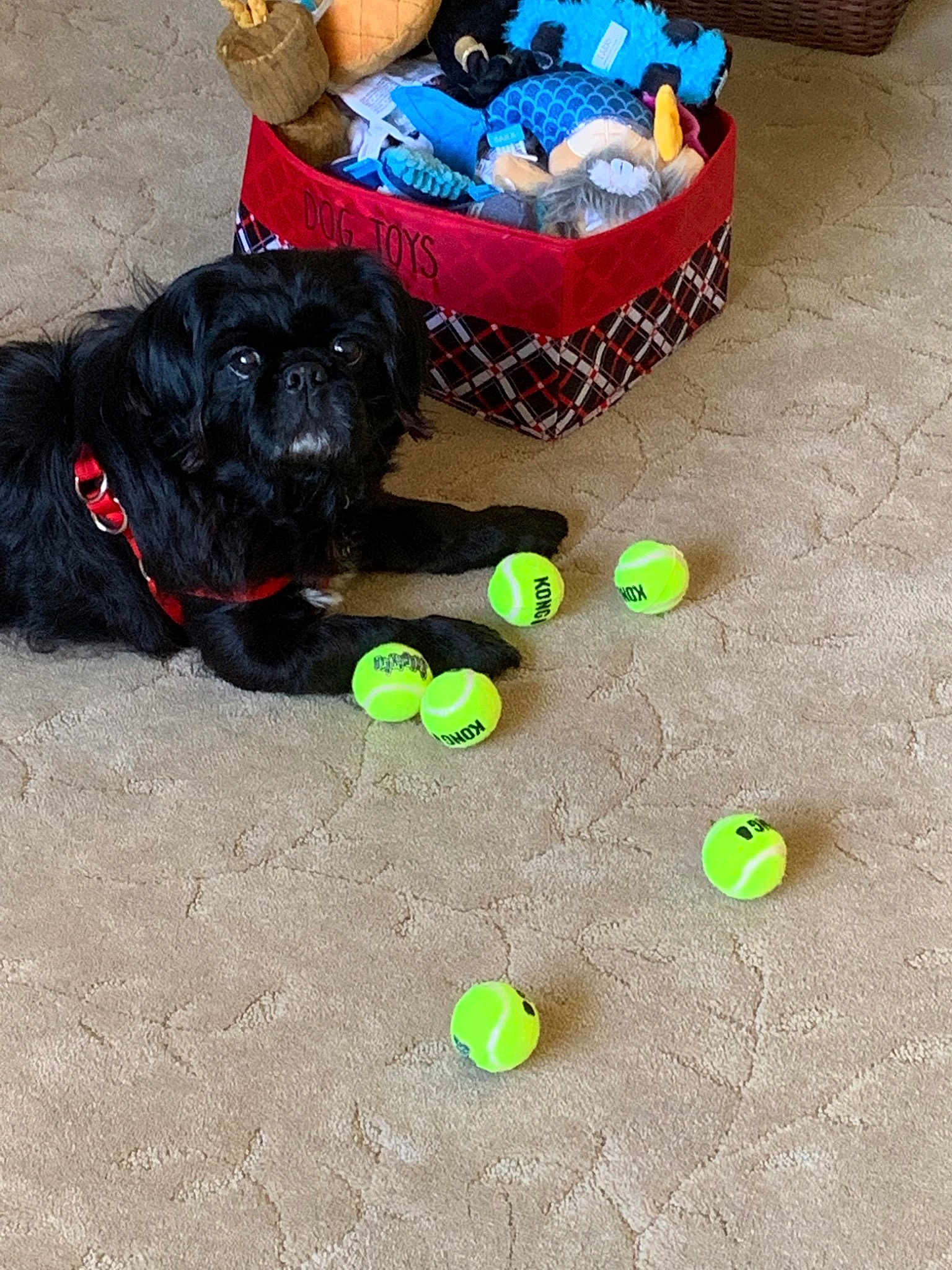
Did you know that the Japanese Chin was once a cherished companion of Japanese nobility, so much so that owning one was often limited to those of high rank?
Personality and Behavior of the Japanese Chin
Japanese Chins are known for their charming and aristocratic demeanor. They are often described as graceful, alert, and affectionate, making them a delightful addition to any family. These dogs have a keen sense of awareness and are incredibly loyal to their owners. Due to their historical background, they carry themselves with an air of elegance and poise.
Despite their regal nature, Japanese Chins are friendly and sociable. They thrive on human companionship and enjoy spending time with their families. They are also known for their playful side, often engaging in entertaining antics that endear them to everyone around. Their adaptability makes them suitable for both city living and more rural environments.
One of the most endearing traits of the Japanese Chin is their propensity for clownish behavior. They have a knack for performing amusing tricks and showing off their agility. This, combined with their affectionate nature, makes them fantastic companions for both adults and children alike.
Japanese Chins have a unique habit called the "Chin Spin," where they twirl around in circles when they are excited or happy.
Their sensitivity to their environment means they can be slightly reserved with strangers, but they warm up quickly once they sense no threat. Because of their small size and gentle nature, they make excellent pets for apartment dwellers and those with limited space.
Meanings, History and Origins of the name Japanese Chin
The Japanese Chin, contrary to its name, actually has its origins in China. It is believed that these dogs were given as gifts to Japanese royalty by Chinese emperors, leading to their prominence in Japan. Their name, "Chin," is derived from the Japanese word for royalty, reflecting their esteemed status in society.
In Japan, the Japanese Chin was specifically bred to be a companion pet, with no utilitarian role other than to bring joy and comfort to their owners. They were often kept in palaces and treated with great care, which is why they developed such a genteel and well-mannered personality.
Historical records suggest that the breed's history stretches back over a thousand years. The dogs were meticulously bred by the nobility, ensuring that their refined traits were preserved through generations. The breed eventually made its way to the Western world during the mid-19th century, carried by sailors and traders who were enchanted by these delightful dogs.
Popularity of the Japanese Chin
The Japanese Chin enjoys moderate popularity around the globe. Although not as universally recognized as some other breeds, their distinctive looks and charming personality have earned them a dedicated following.
In English-speaking countries, the Japanese Chin is appreciated for its unique combination of elegance and playfulness. Many dog shows and competitions feature the breed, and they often score well due to their striking appearance and well-behaved nature. Despite their long history, they are considered somewhat of a hidden gem, sought after by those who are looking for a more unusual pet.
In other parts of the world, including Japan, the breed continues to maintain its allure, reminding people of its noble past. However, it’s also become a beloved household pet, appreciated for its affectionate nature and manageable size.
Health and Care of the Japanese Chin
Japanese Chins are generally healthy dogs, but, like all breeds, they are prone to certain health issues. Common concerns include heart murmurs, patellar luxation, and respiratory problems due to their brachycephalic (short-snouted) nature. It's essential for potential owners to be aware of these issues and choose reputable breeders who screen for genetic conditions.
Dietary needs for the Japanese Chin can be met with high-quality dog food, tailored to their age, size, and activity level. They can be prone to obesity, so it’s important to monitor their food intake and keep treats to a minimum. Regular, moderate exercise helps keep them fit and healthy.
Grooming the Japanese Chin involves regular brushing to maintain their silky coat and prevent matting. Their eyes and facial wrinkles should be cleaned frequently to avoid infections, and their ears checked regularly to avoid build-up of debris and wax.
Training and Education of the Japanese Chin
Training a Japanese Chin can be both a rewarding and challenging experience. These dogs are intelligent and have a good capacity for learning, but their somewhat independent nature means they may not always be the most obedient students.
Positive reinforcement techniques work well with this breed. Using treats, praise, and play as rewards can encourage good behavior and make training sessions enjoyable for your dog. Consistency is key, as is patience; rushing the process may lead to frustration for both owner and dog.
Socialization is crucial for the Japanese Chin. Exposing them to a variety of people, environments, and other pets at a young age helps in shaping well-rounded and confident adults. Enrichment activities, including puzzle toys and agility games, can greatly benefit their mental development.
While they don’t have the high energy levels of some breeds, regular play and engagement are essential to prevent boredom. A well-trained and socialized Japanese Chin is more likely to be a happy and well-adjusted companion.
Choosing the right dog for your household is a deeply personal decision. It's important to consider factors such as your lifestyle, your family's preferences, and the specific needs of the breed. The Japanese Chin offers a unique blend of nobility and playfulness that appeals to many, yet owning one requires a commitment to their specific care and training needs.
Ultimately, the joy of selecting a Japanese Chin brings a lasting significance that resonates well beyond just choosing a pet. At Pageant Dog, we see a plethora of Japanese Chins participating in our contests, reflecting their engaging personalities and captivating presence. Their balance of elegance and affection makes them an ideal choice for many dog lovers.


